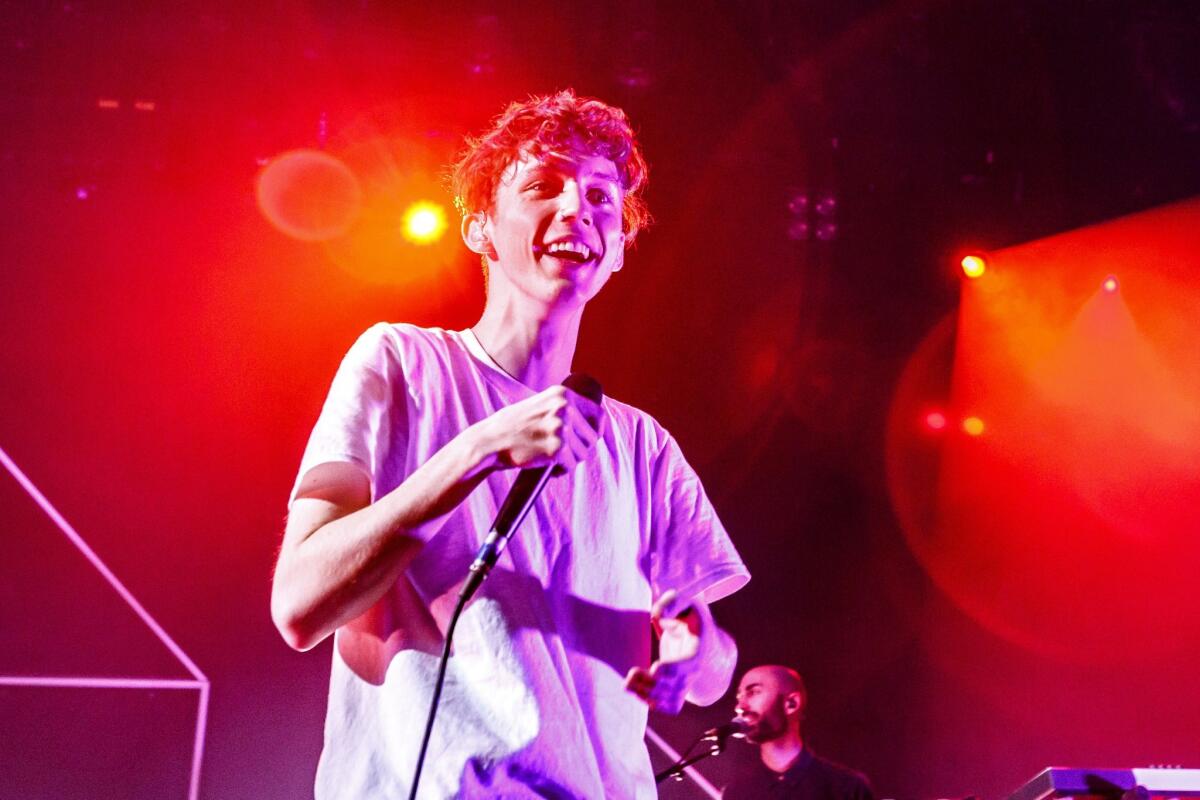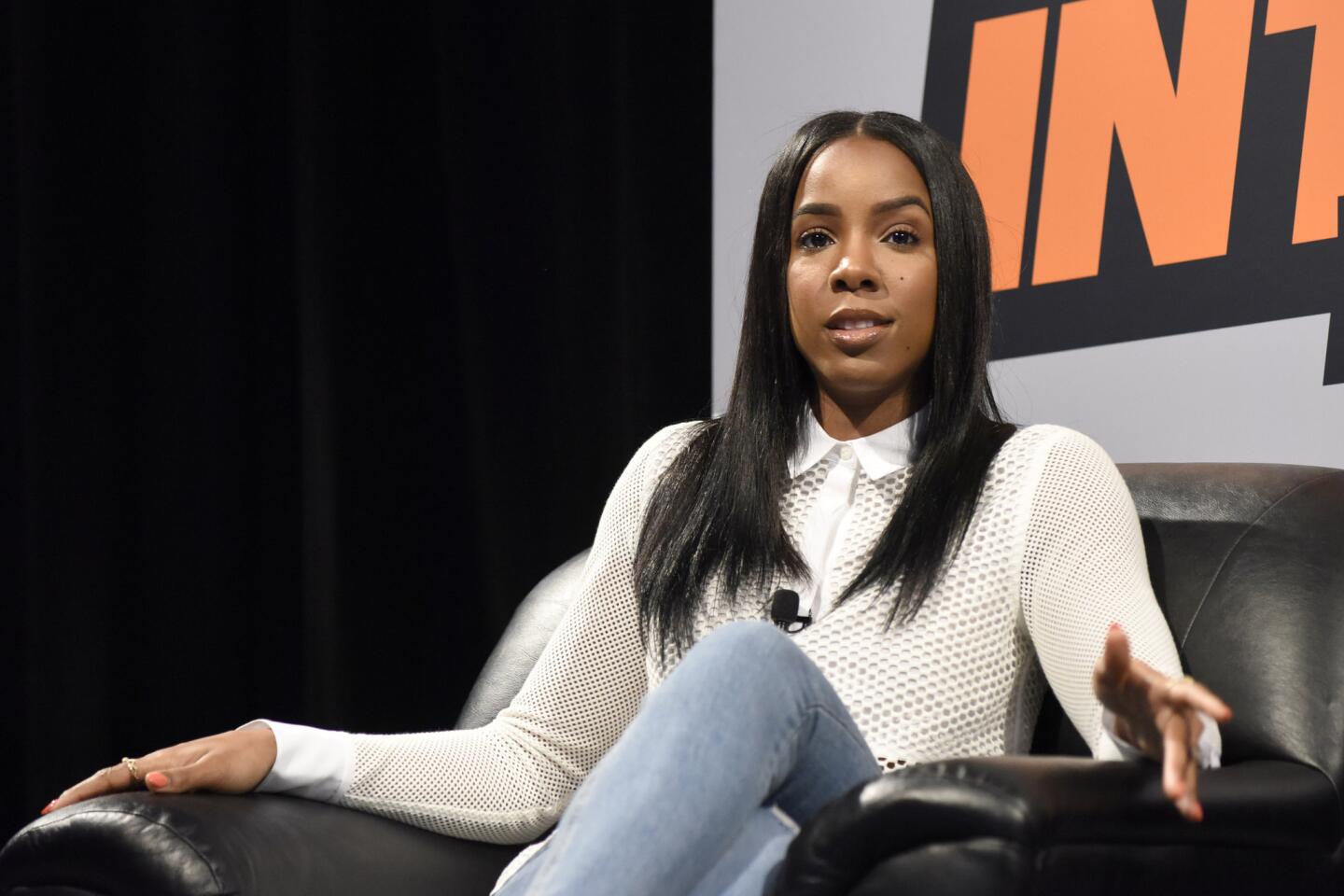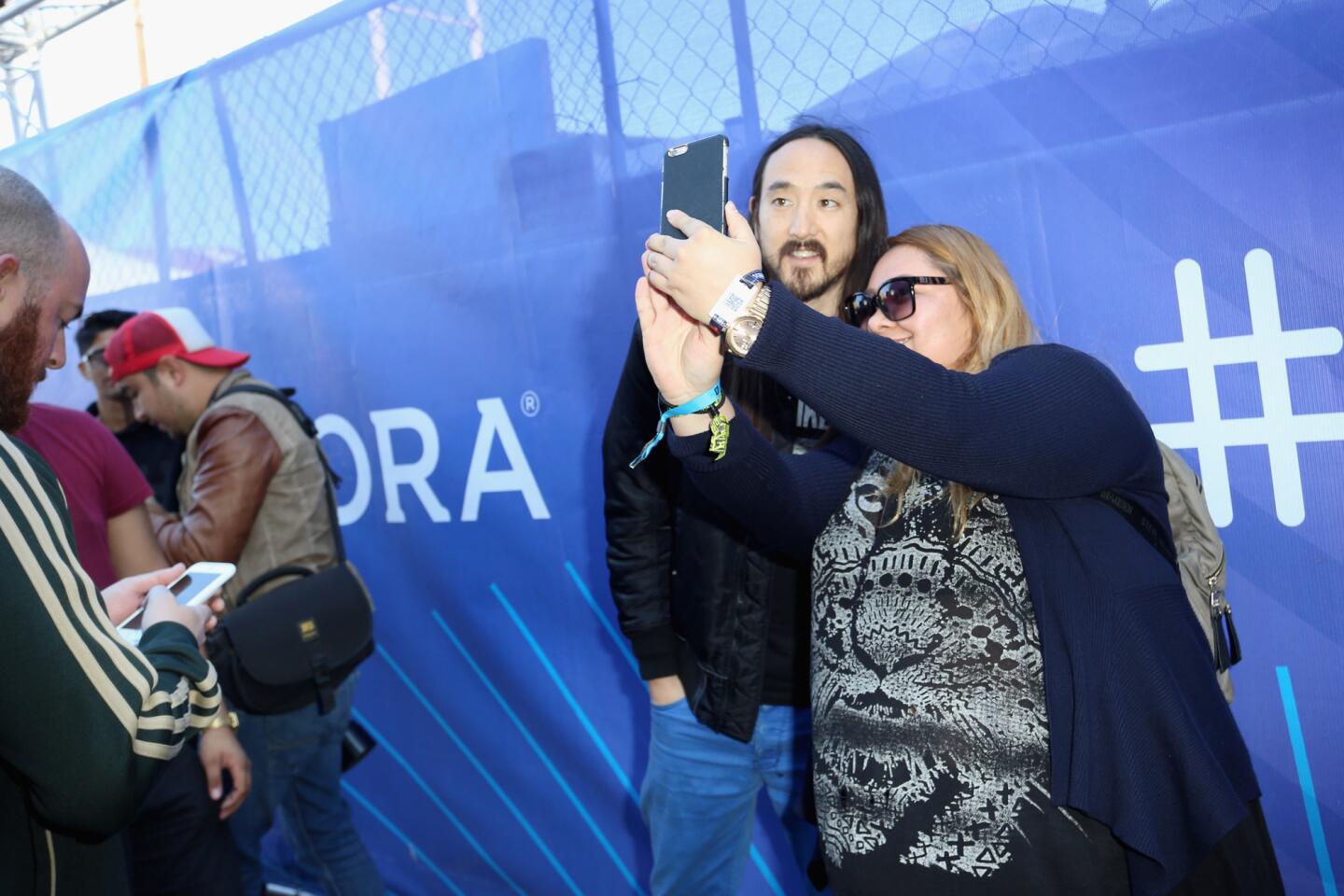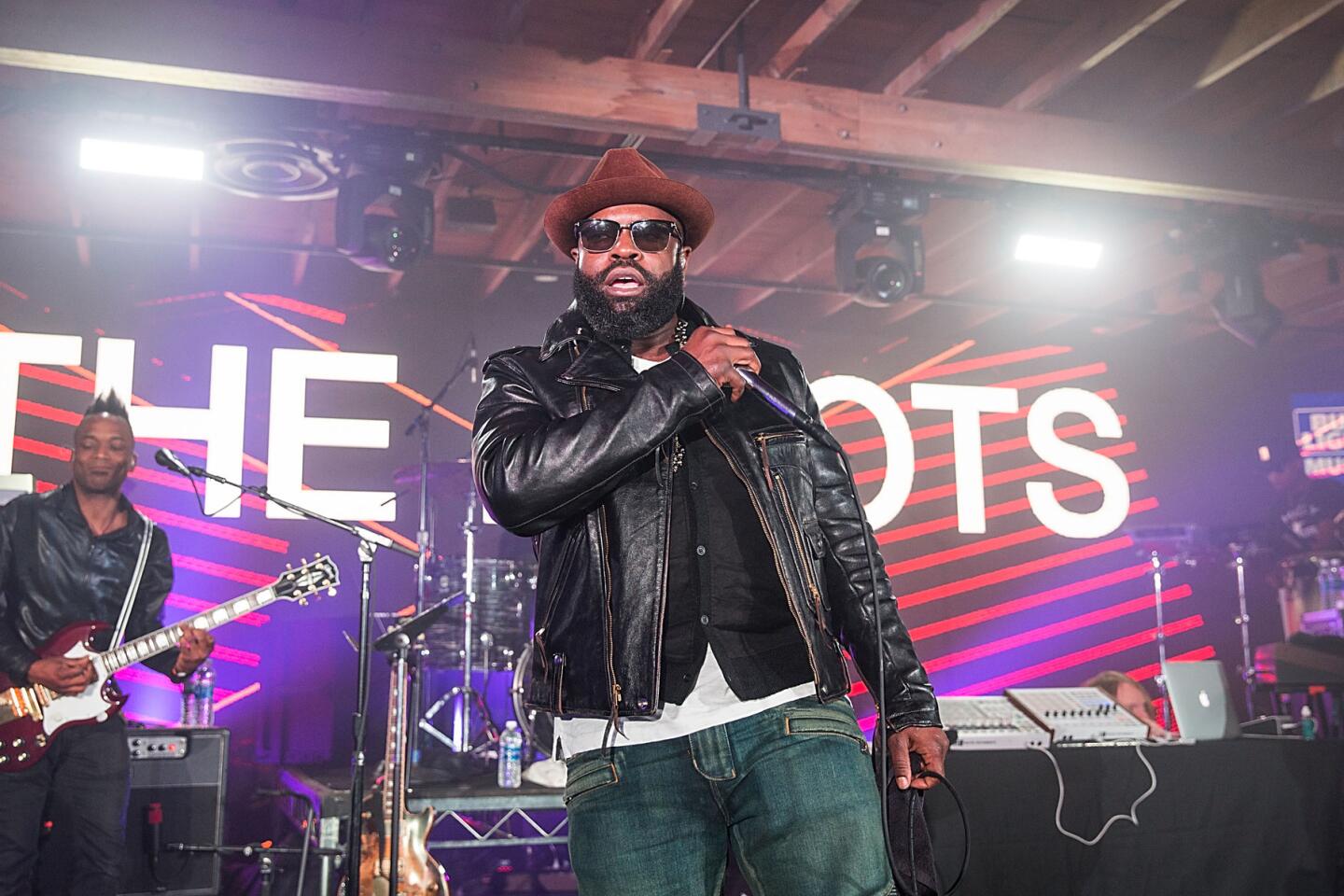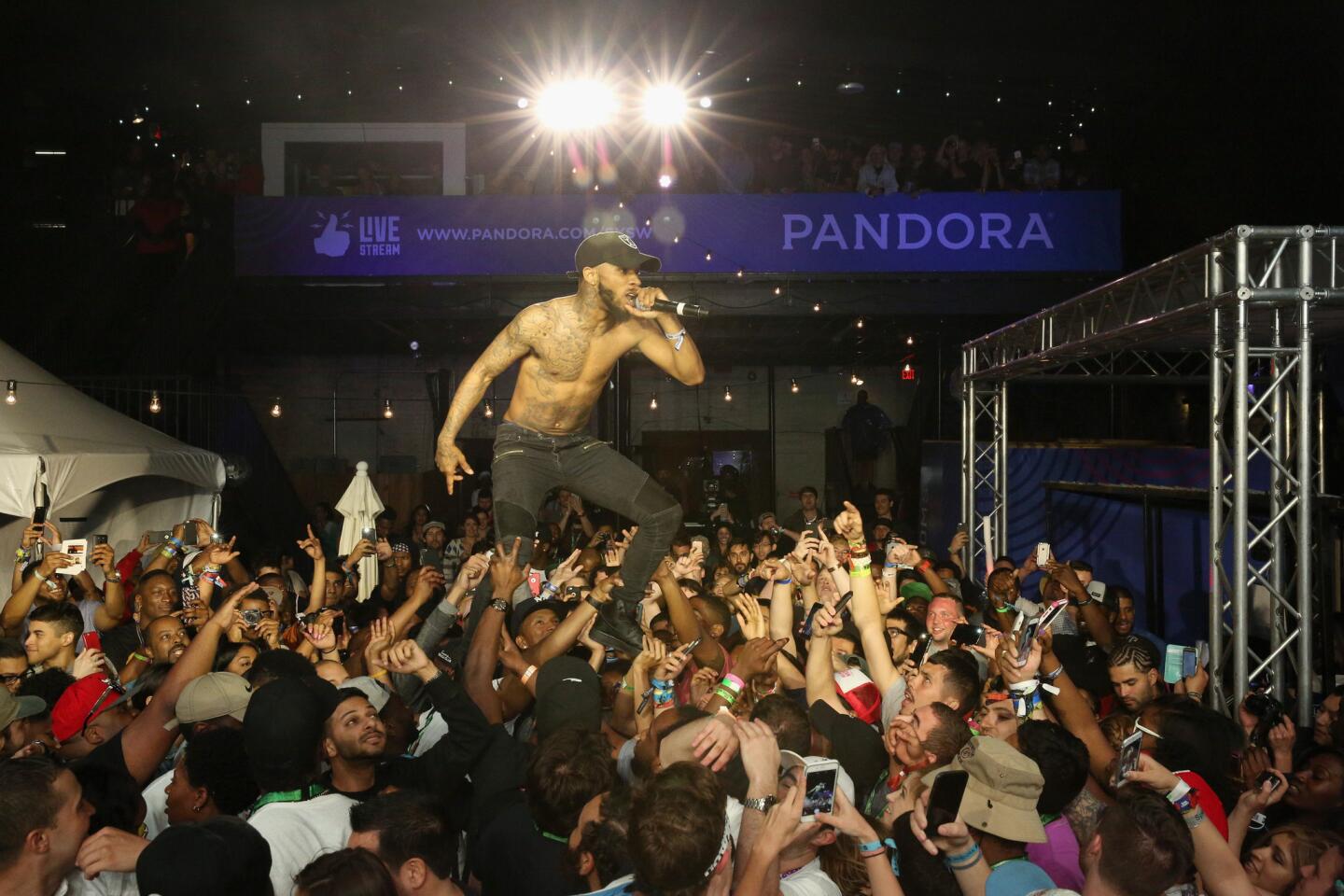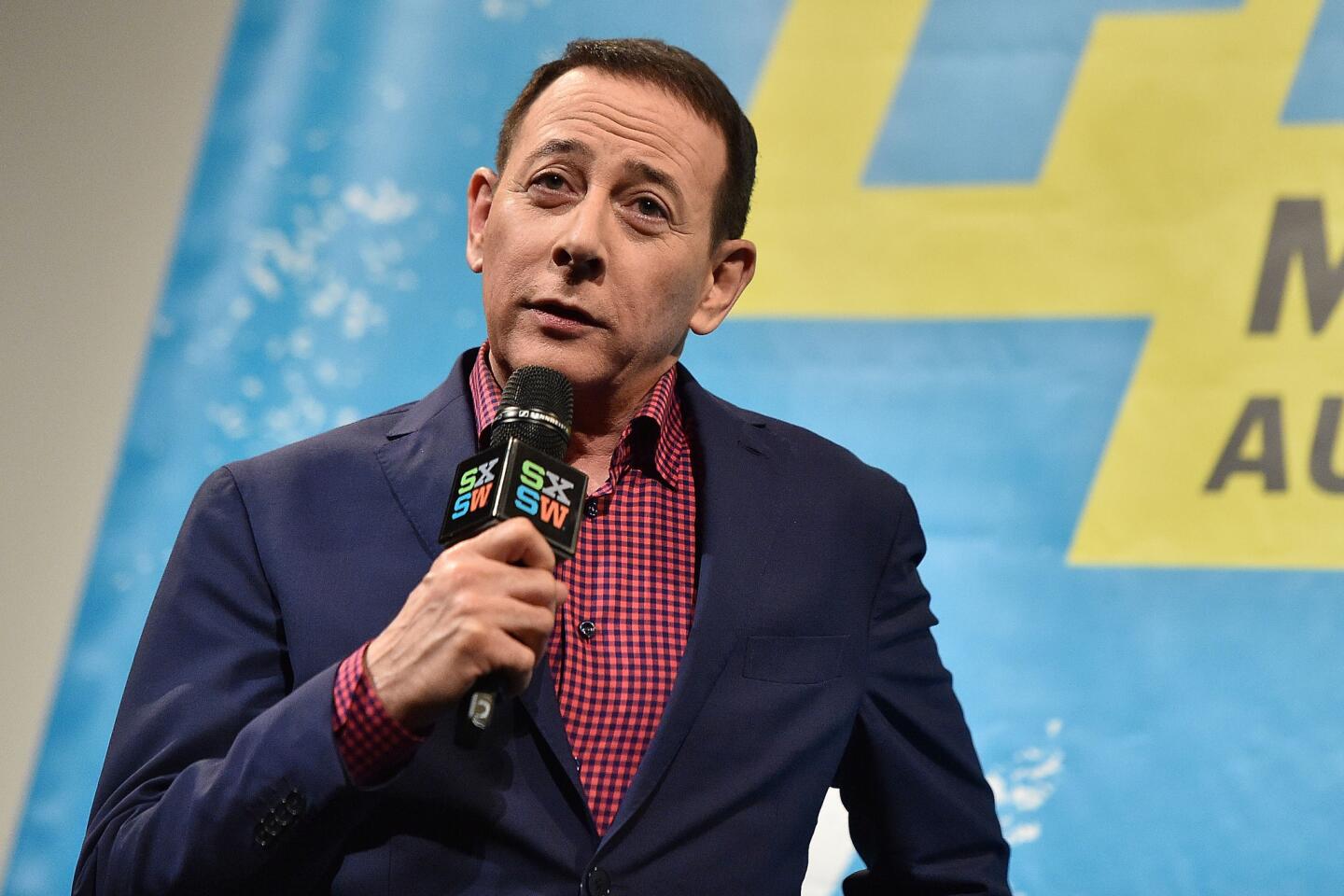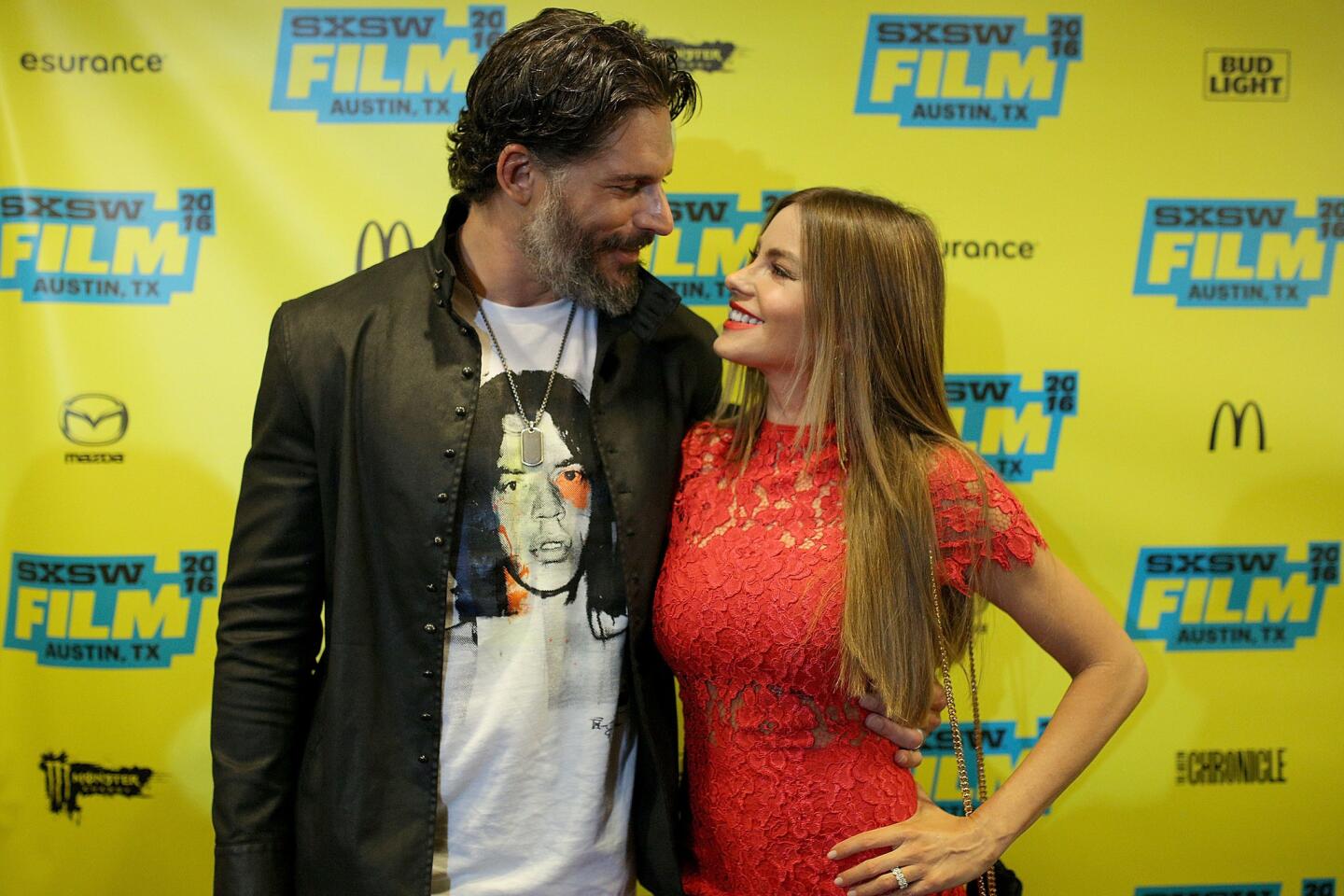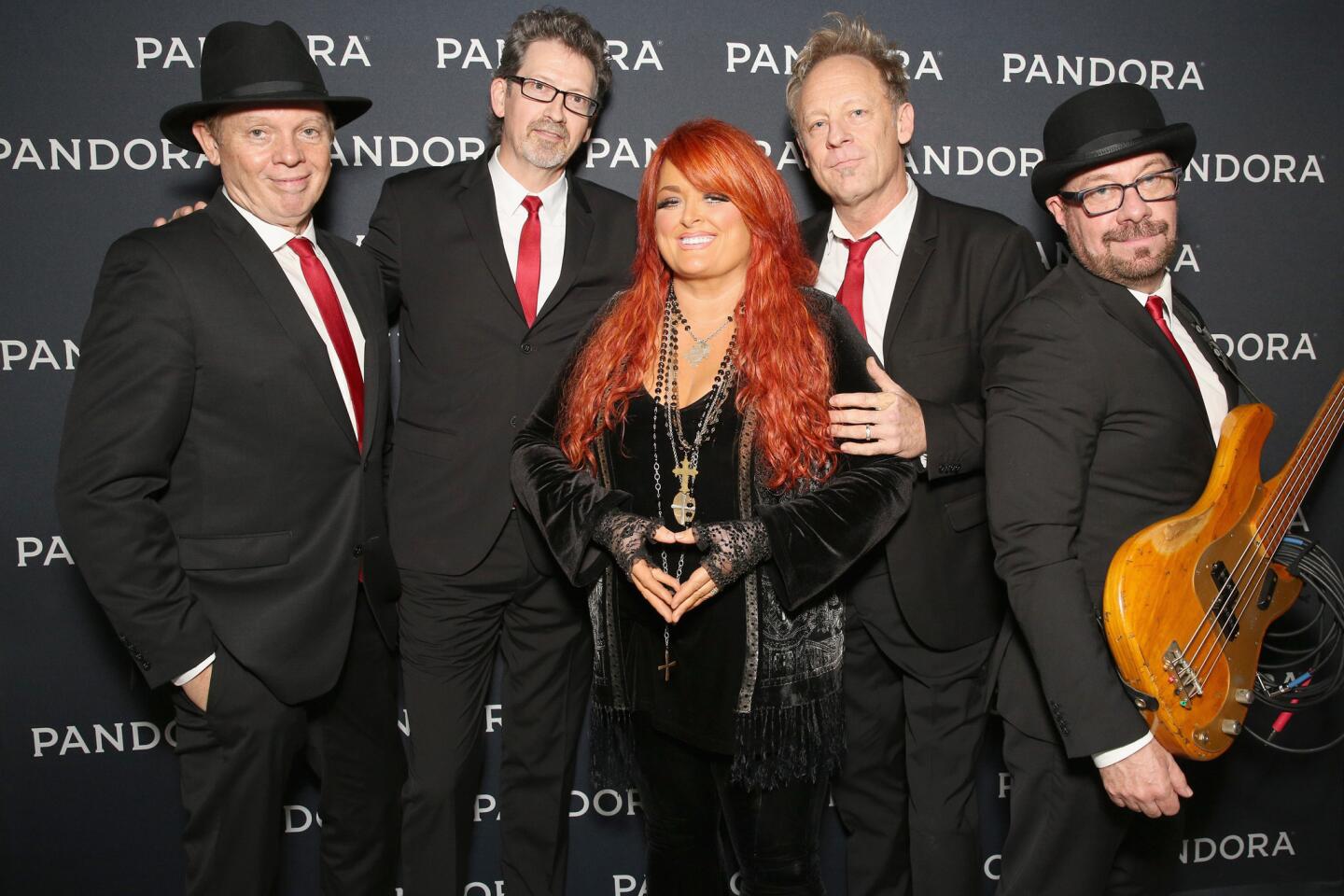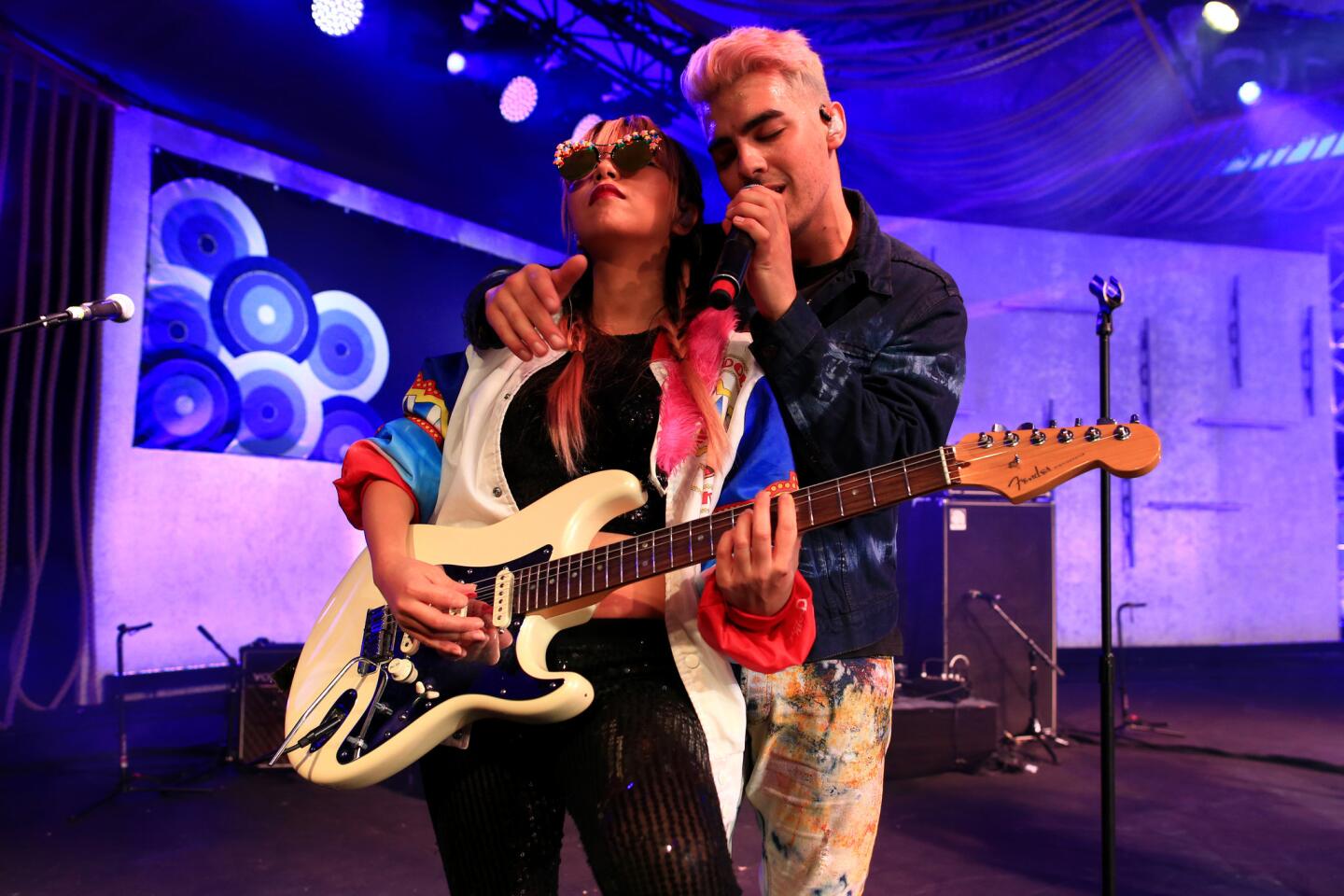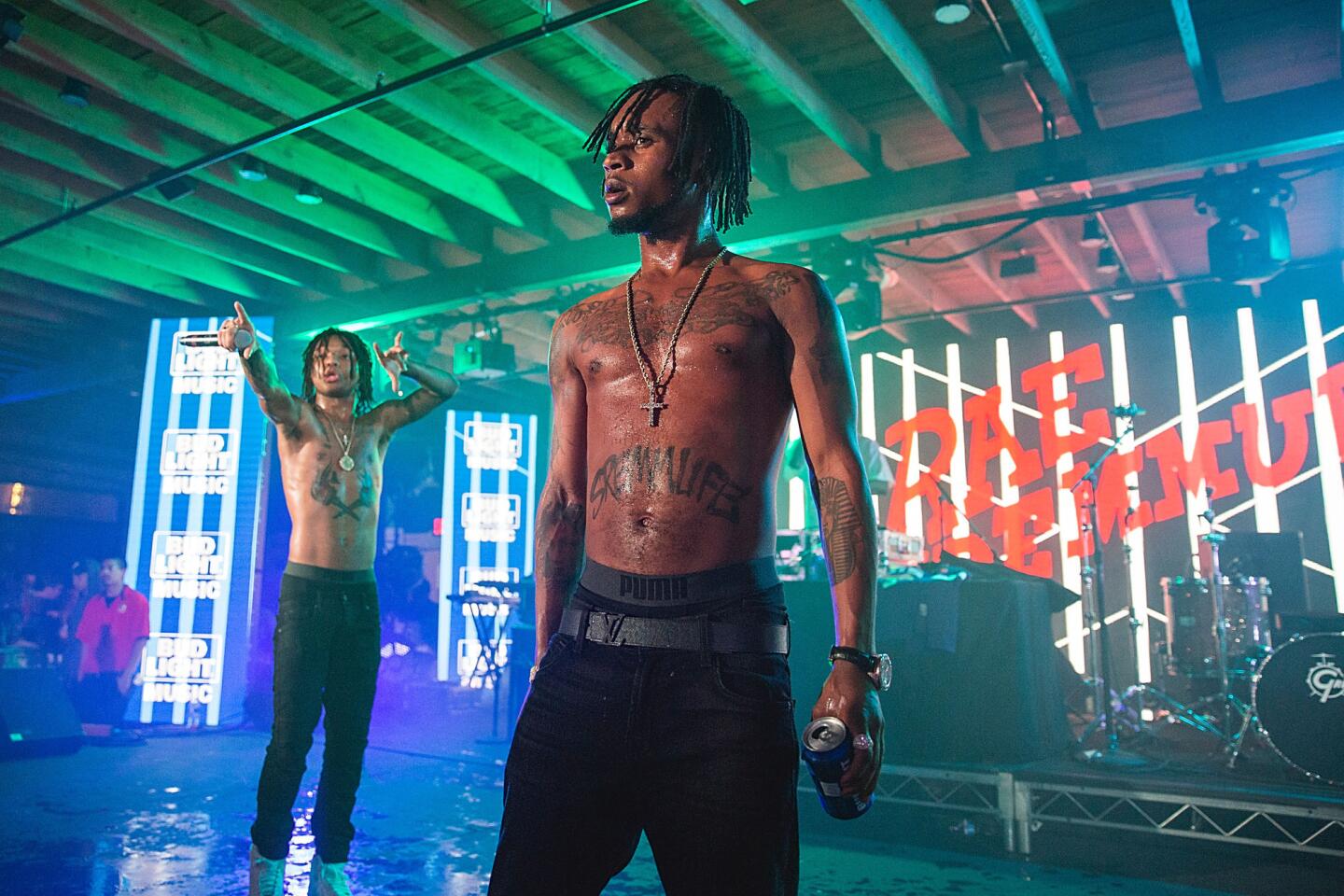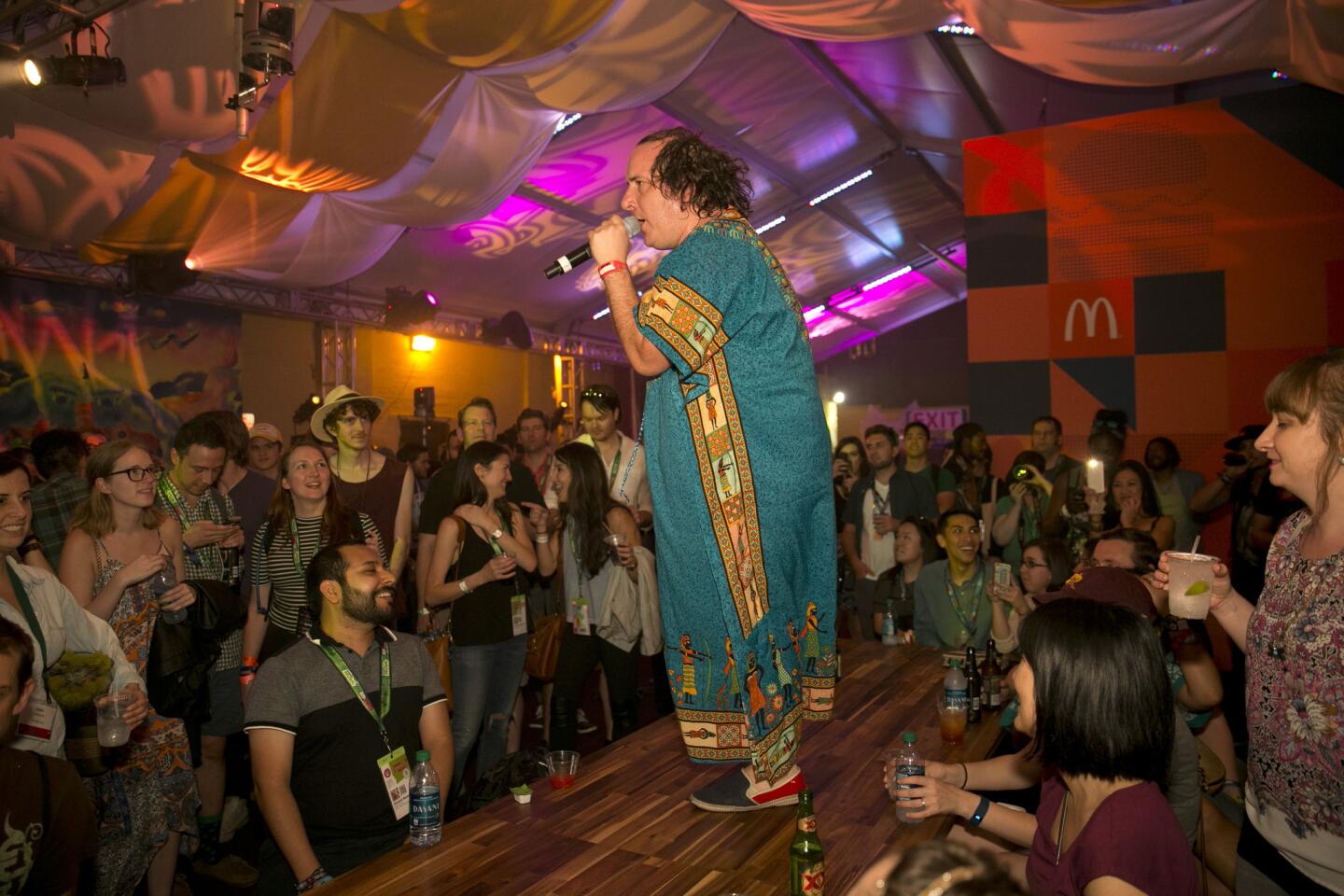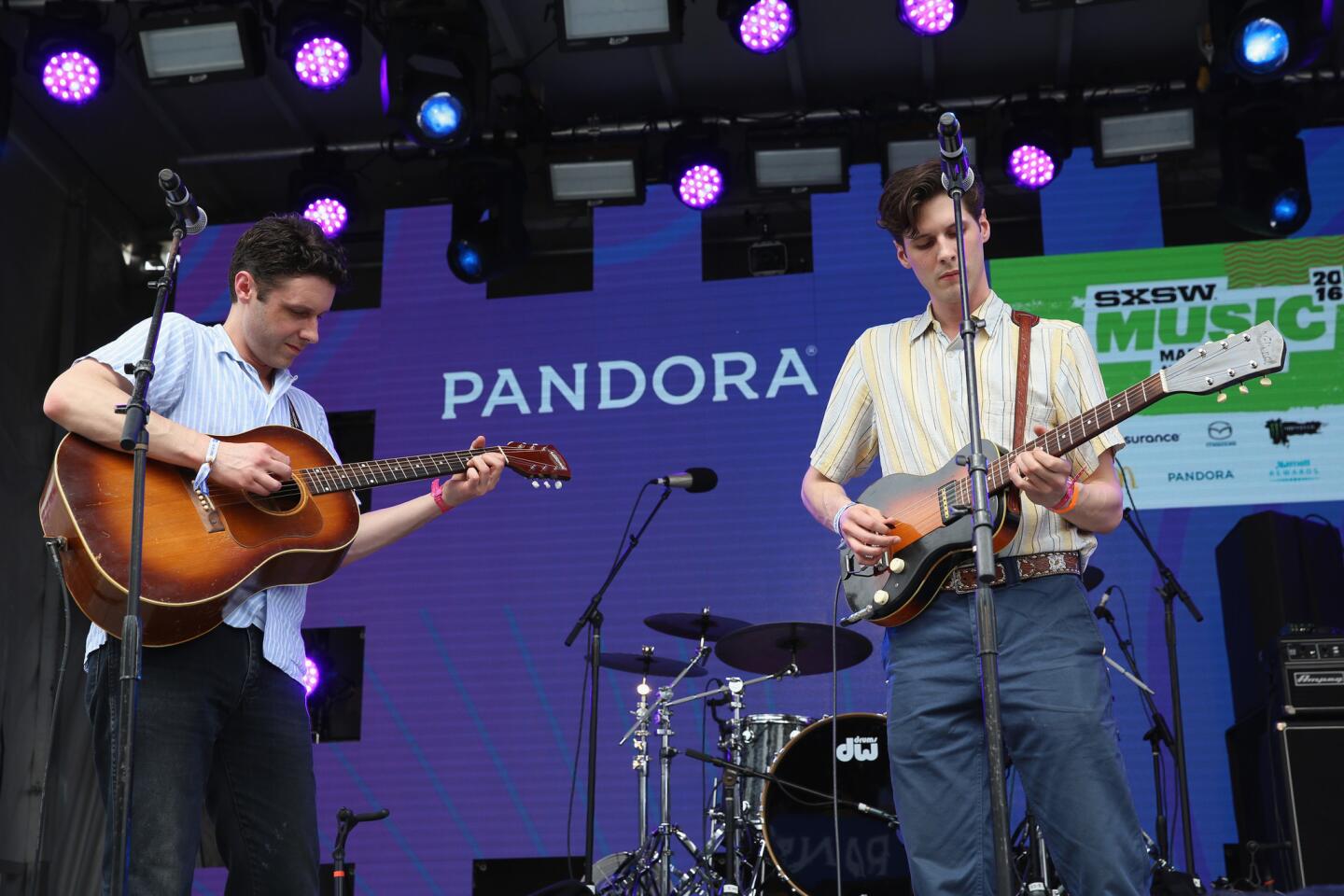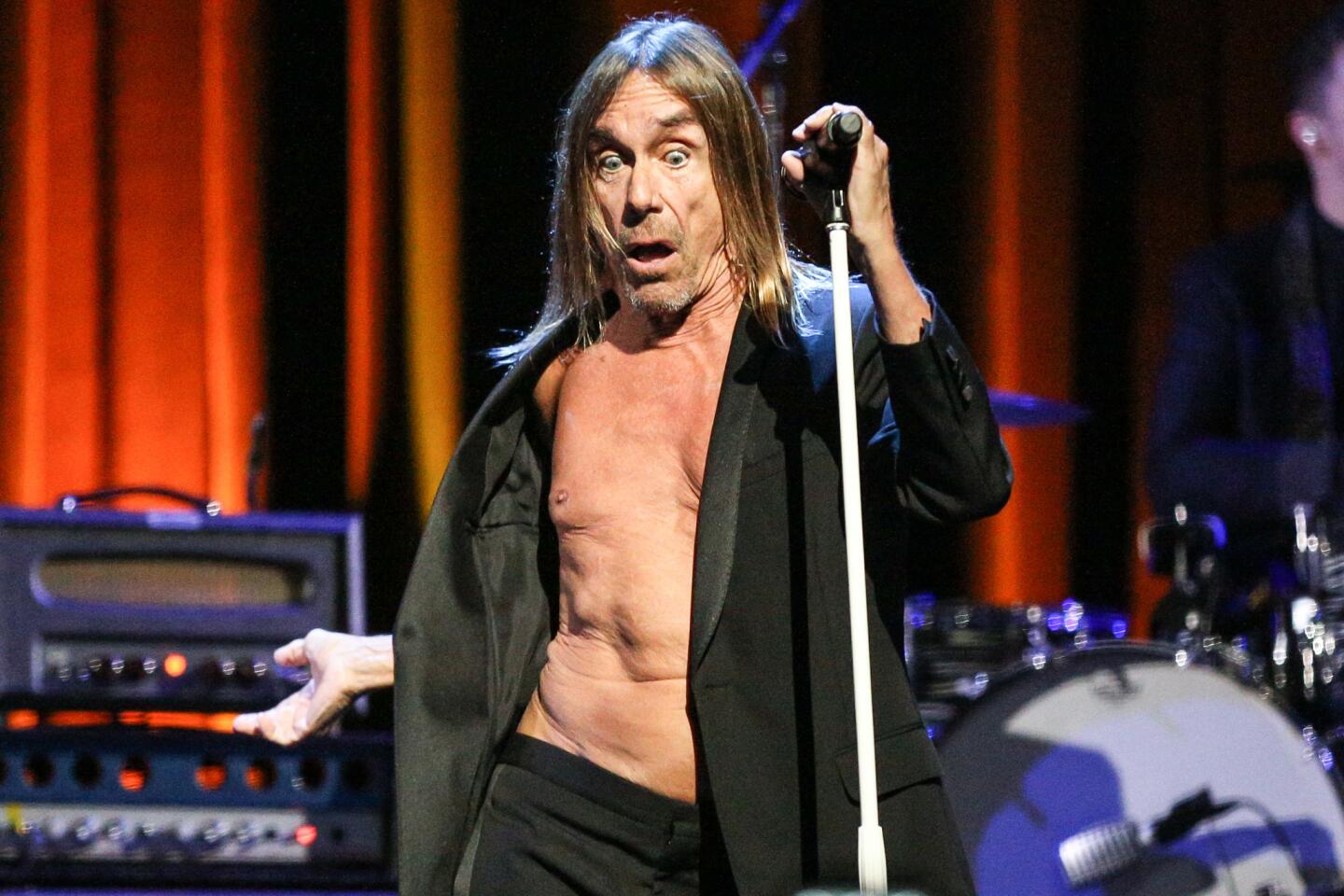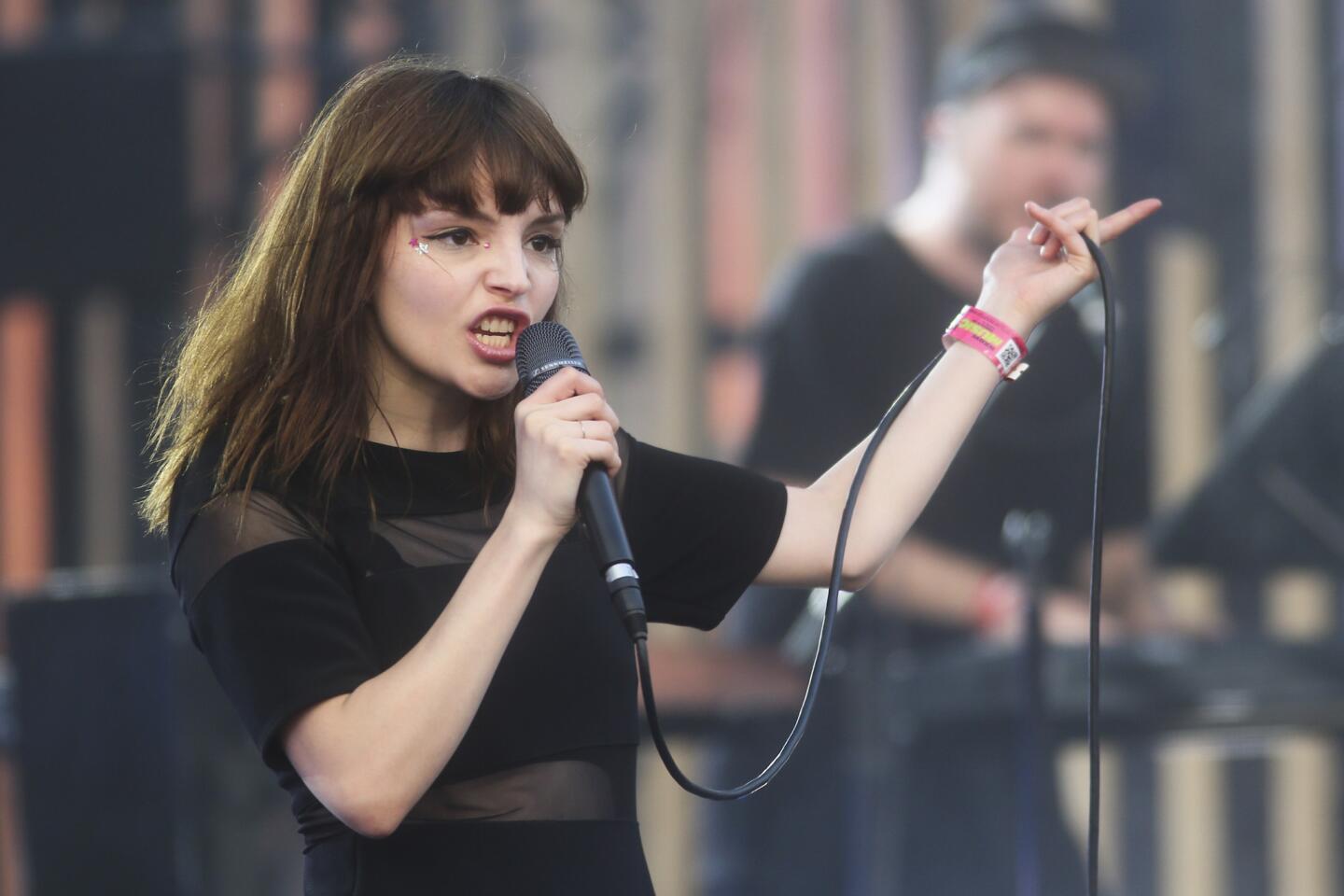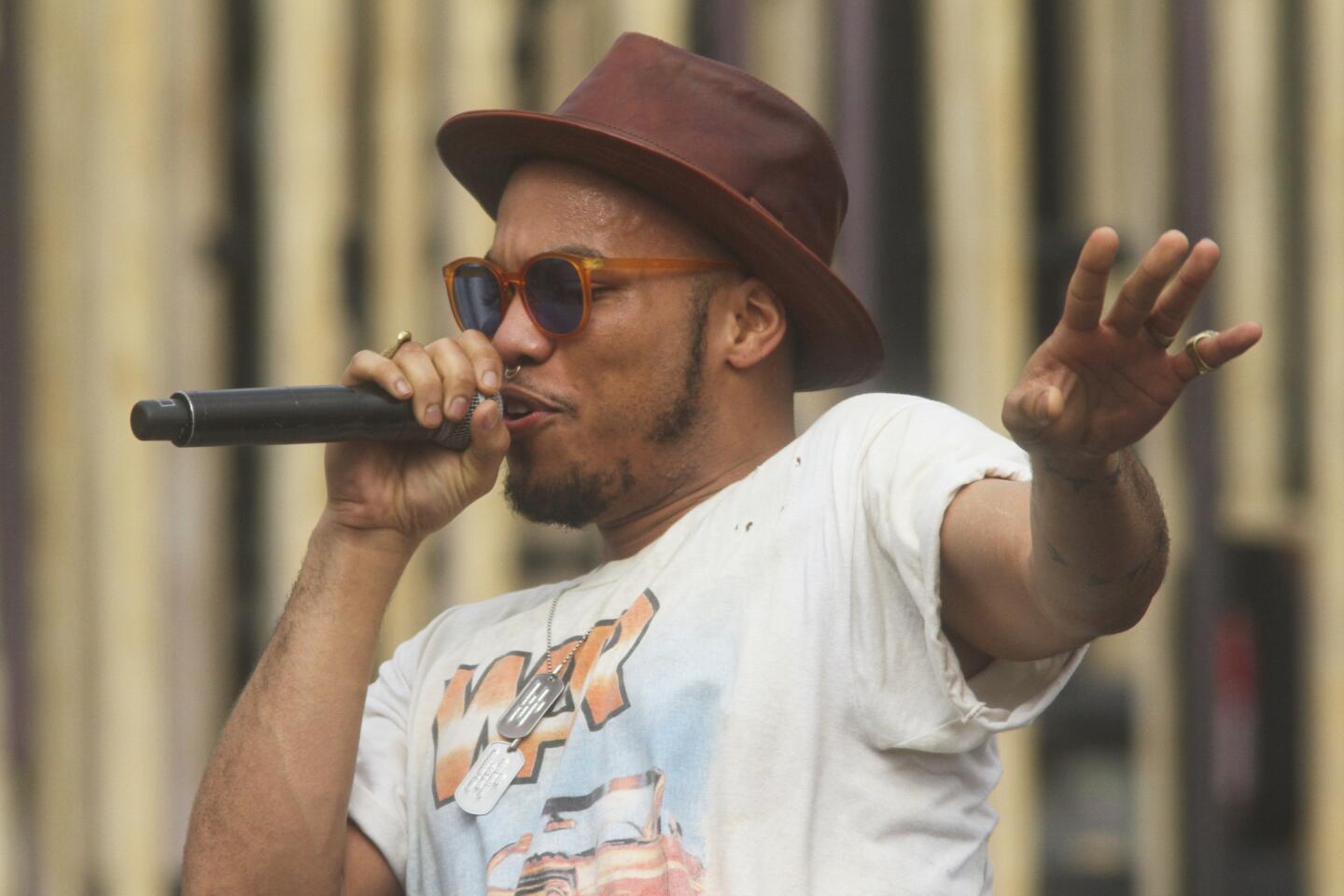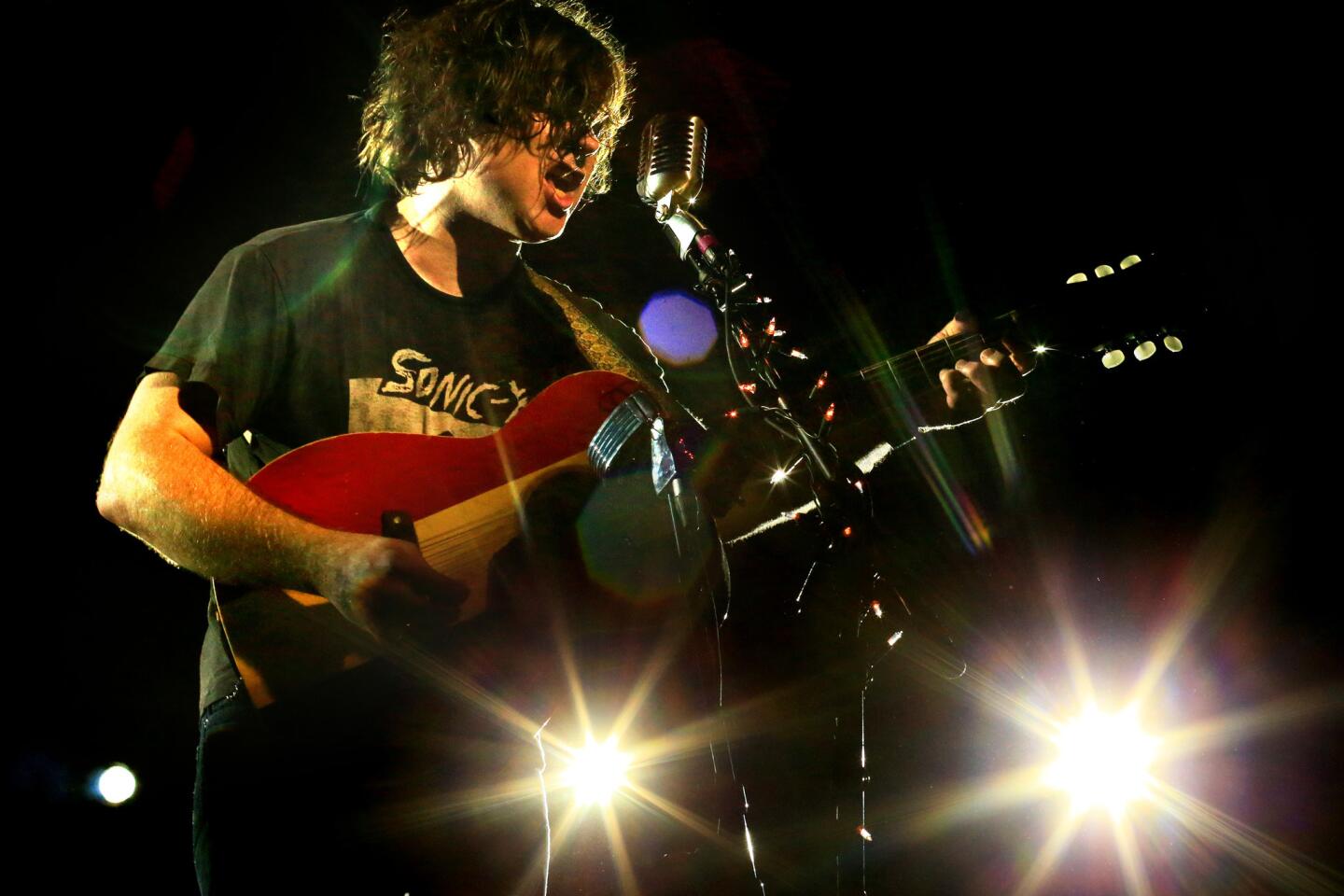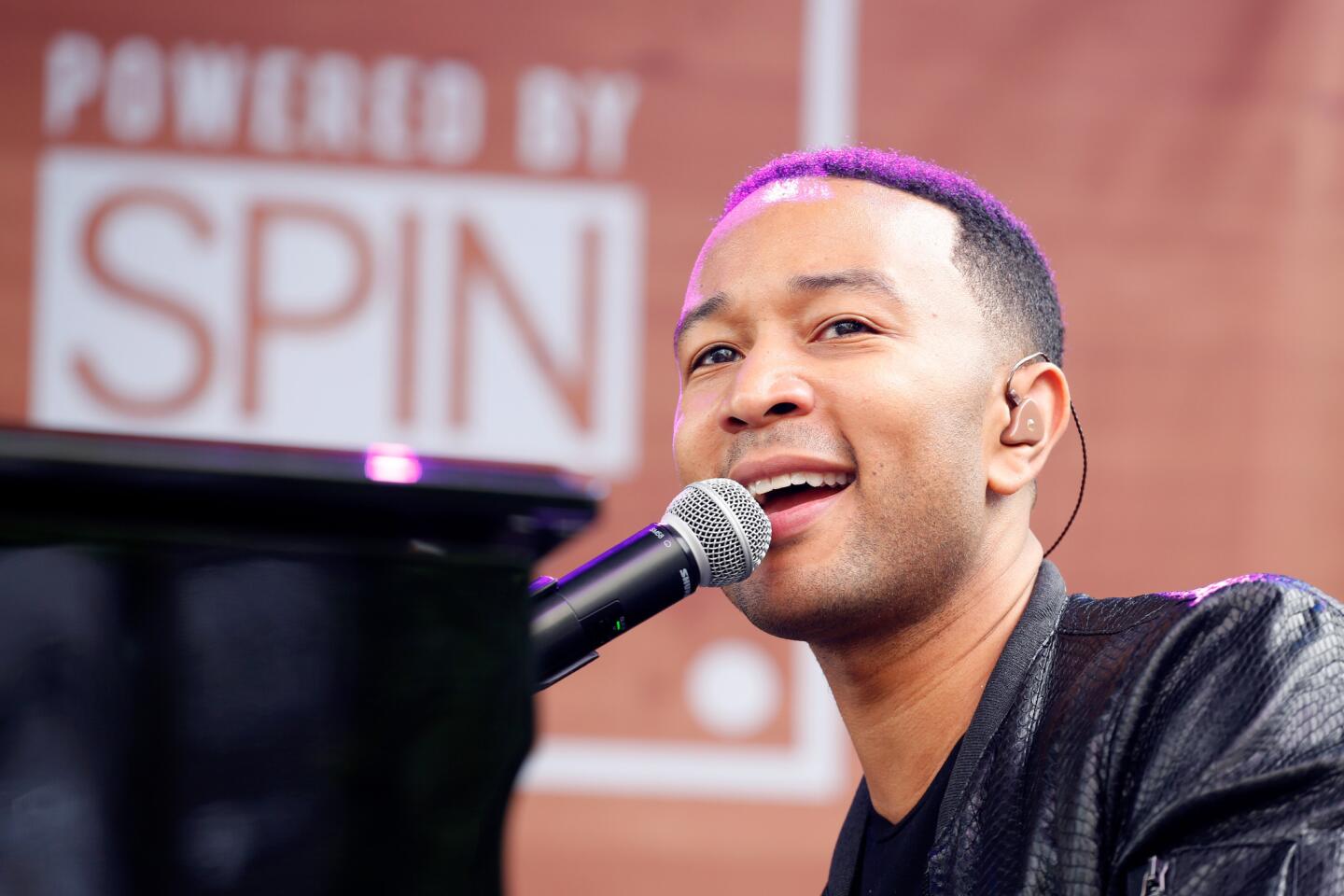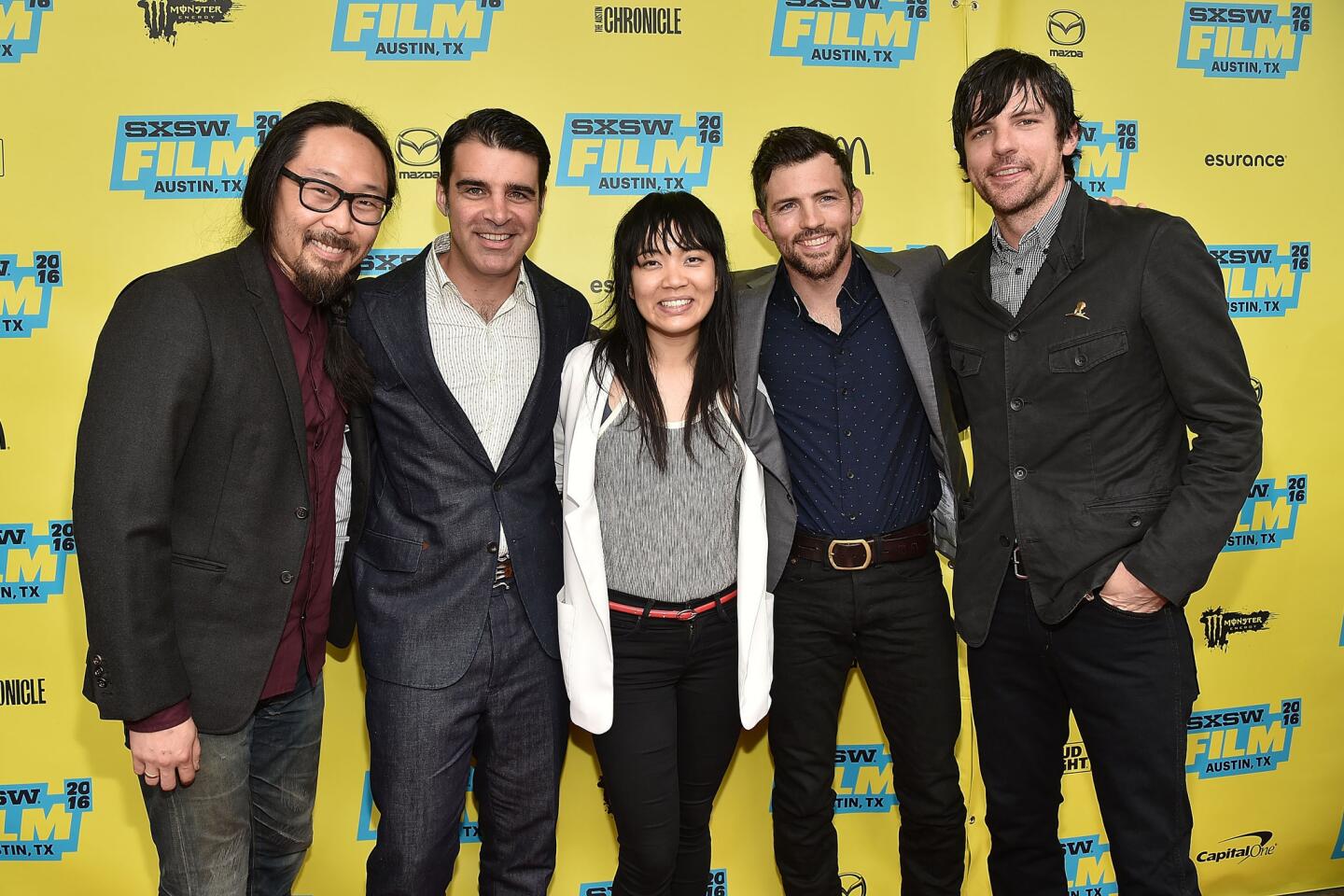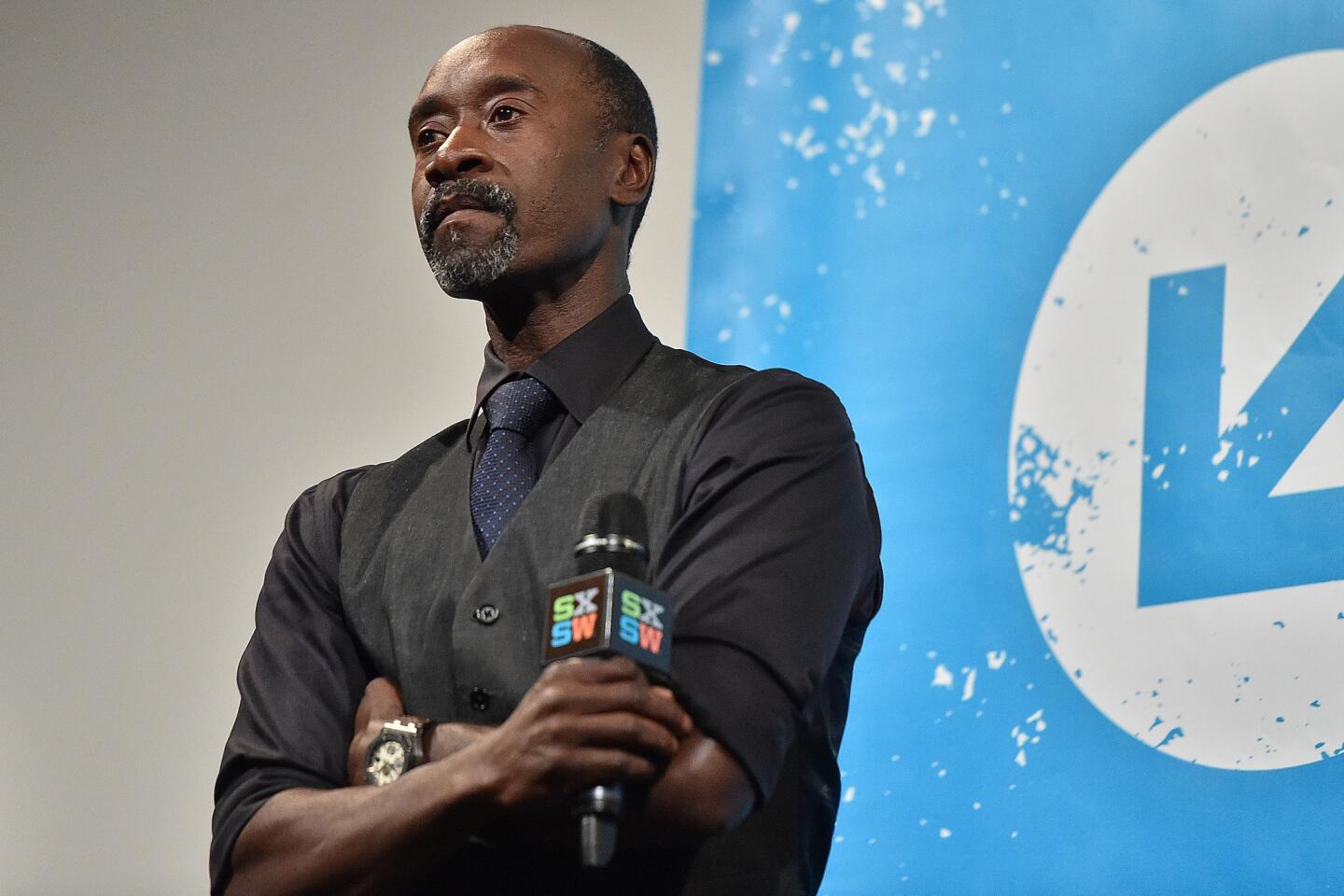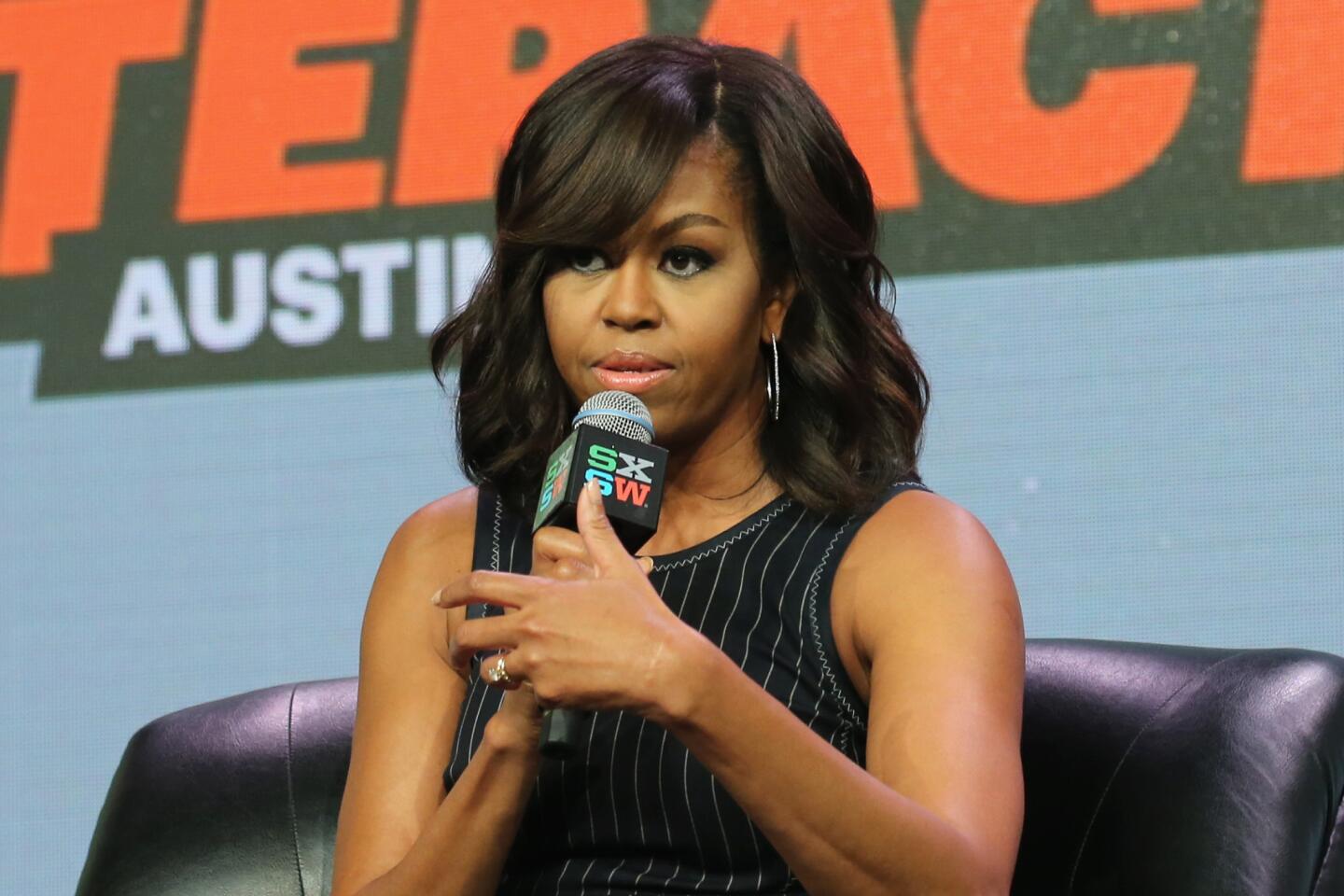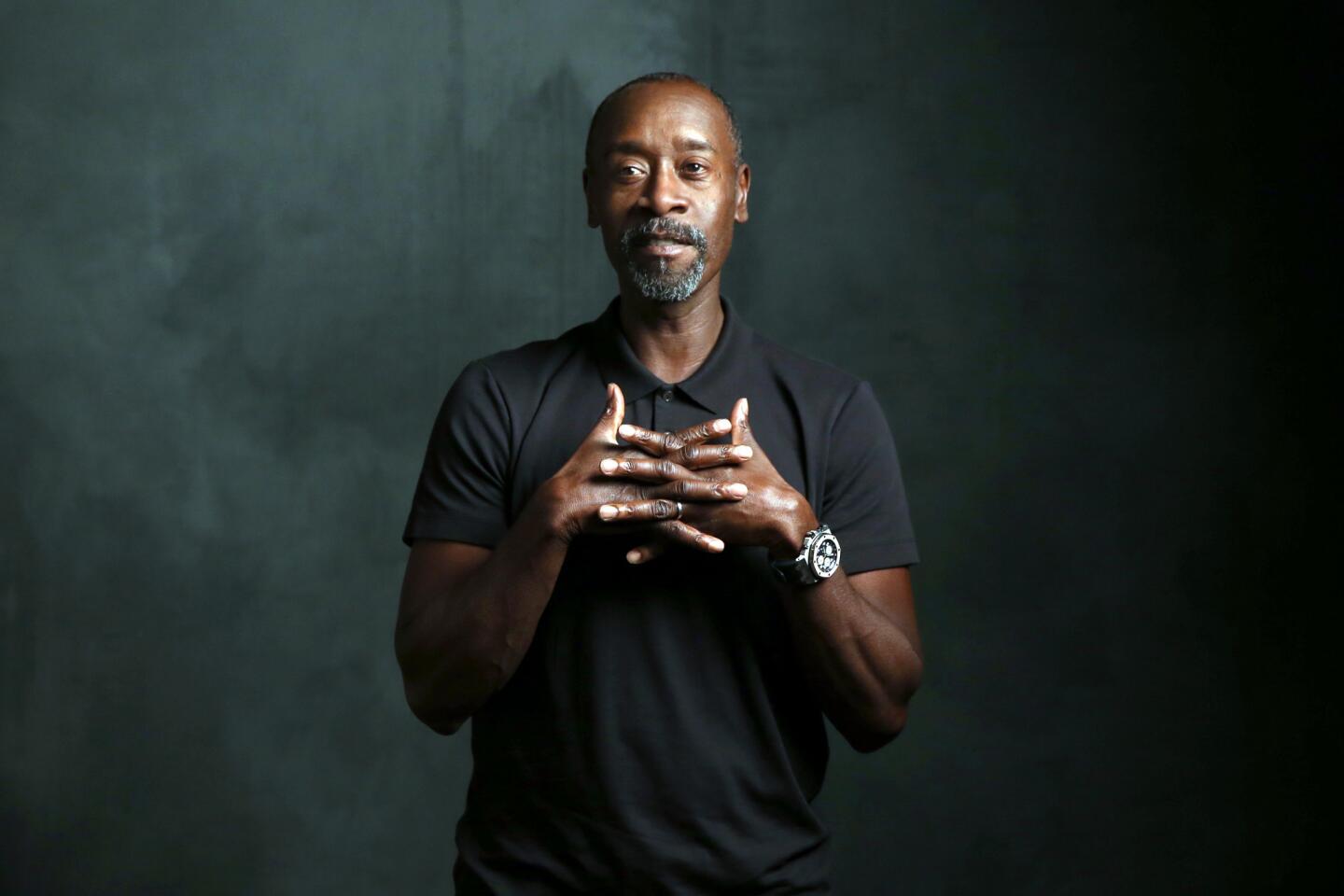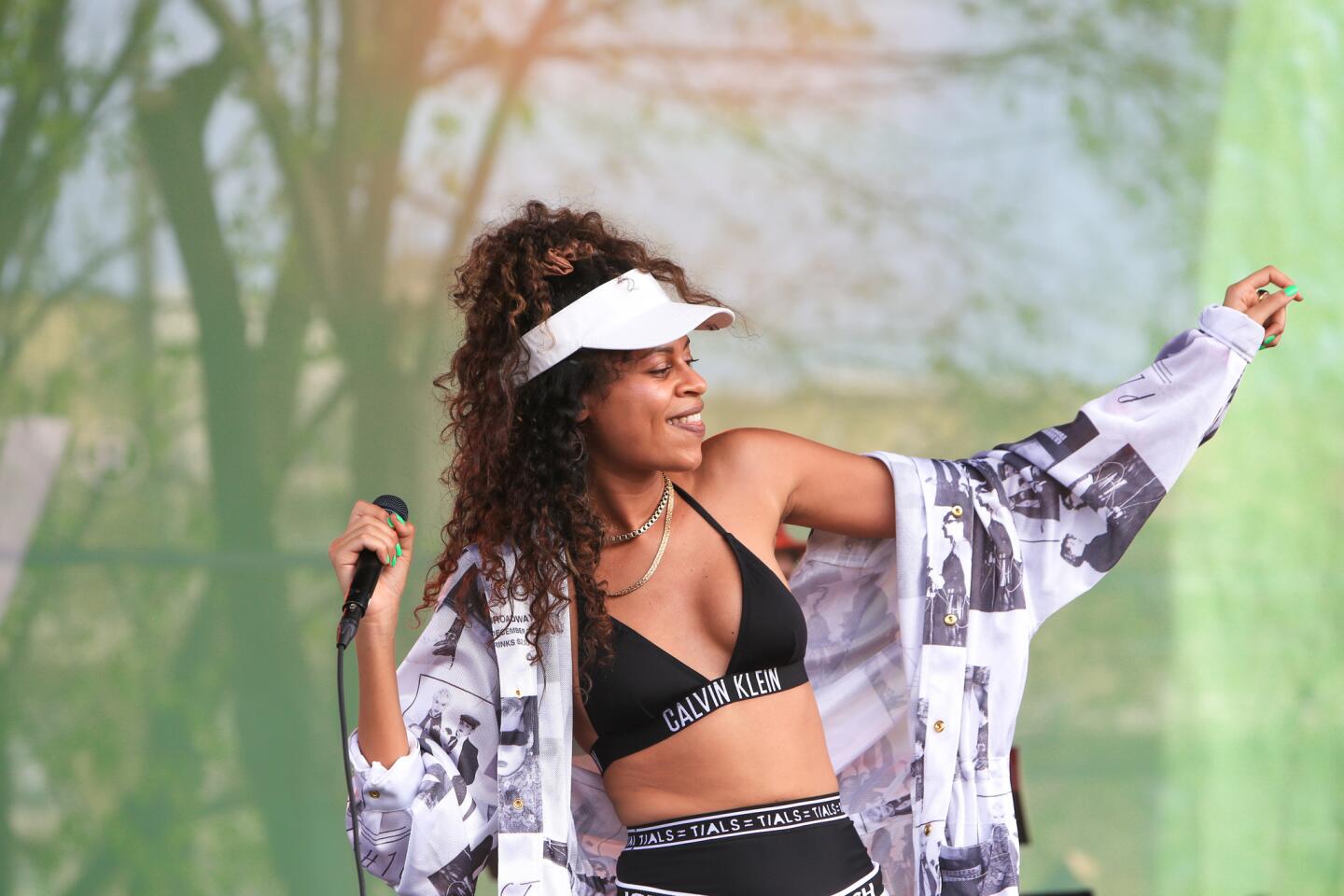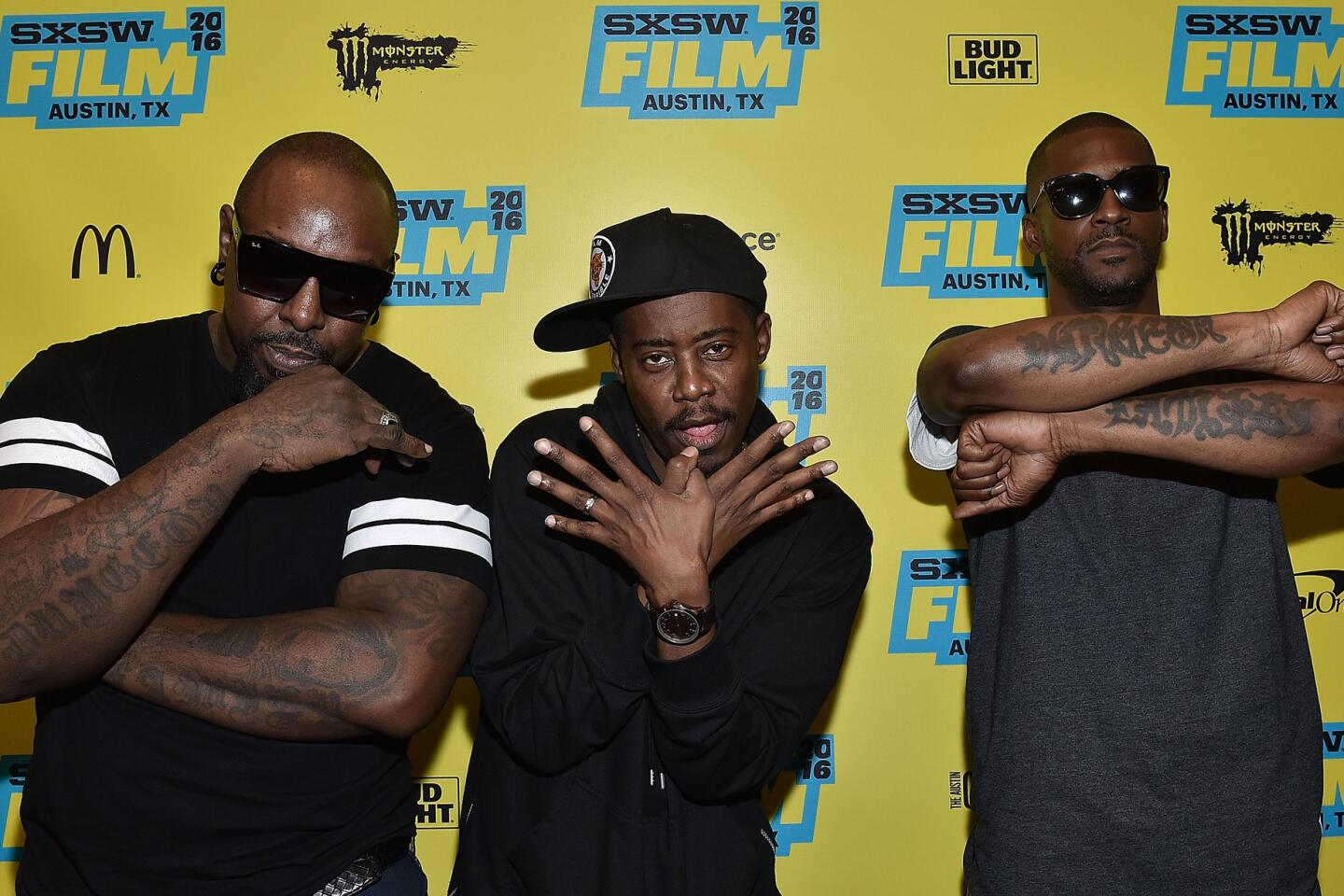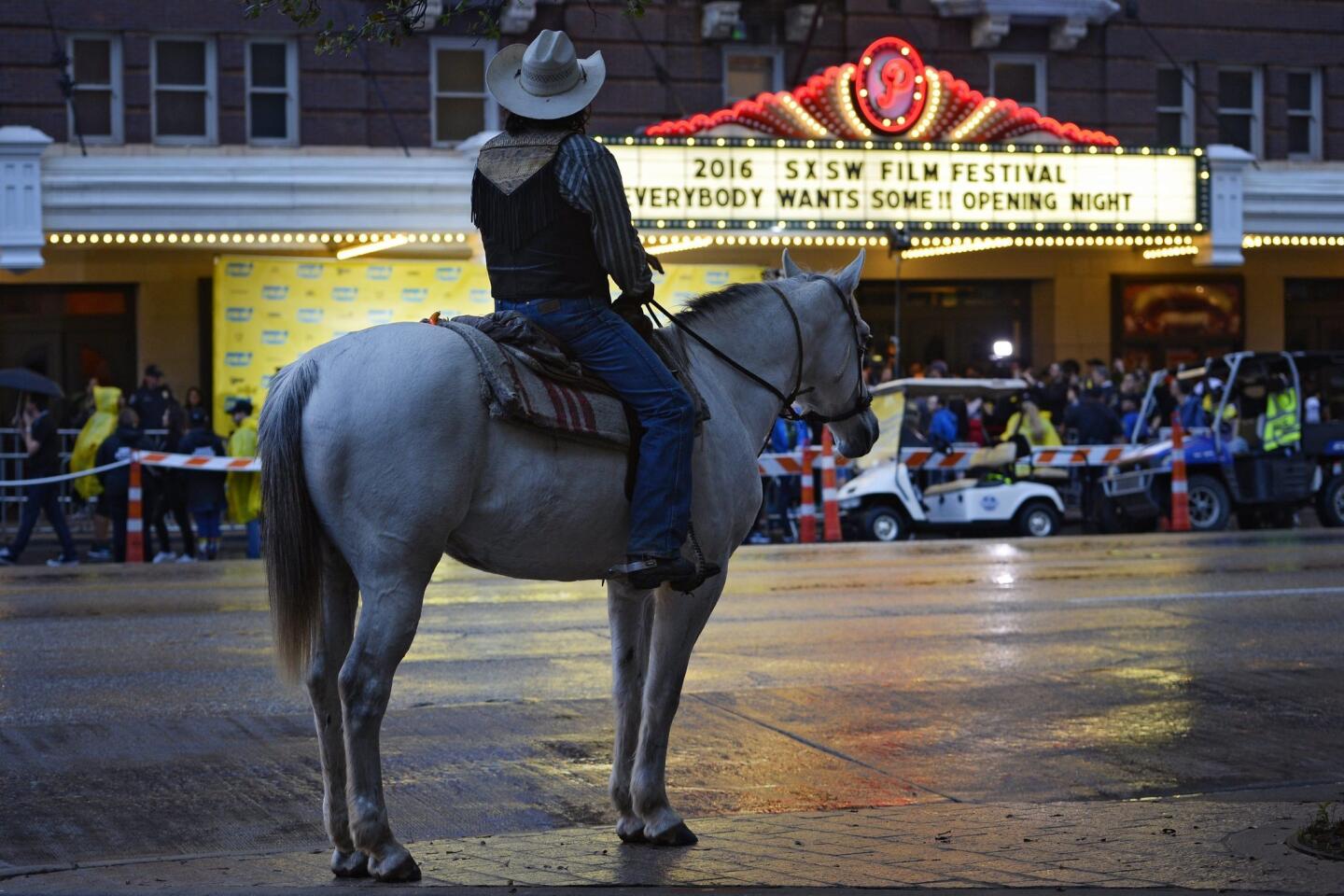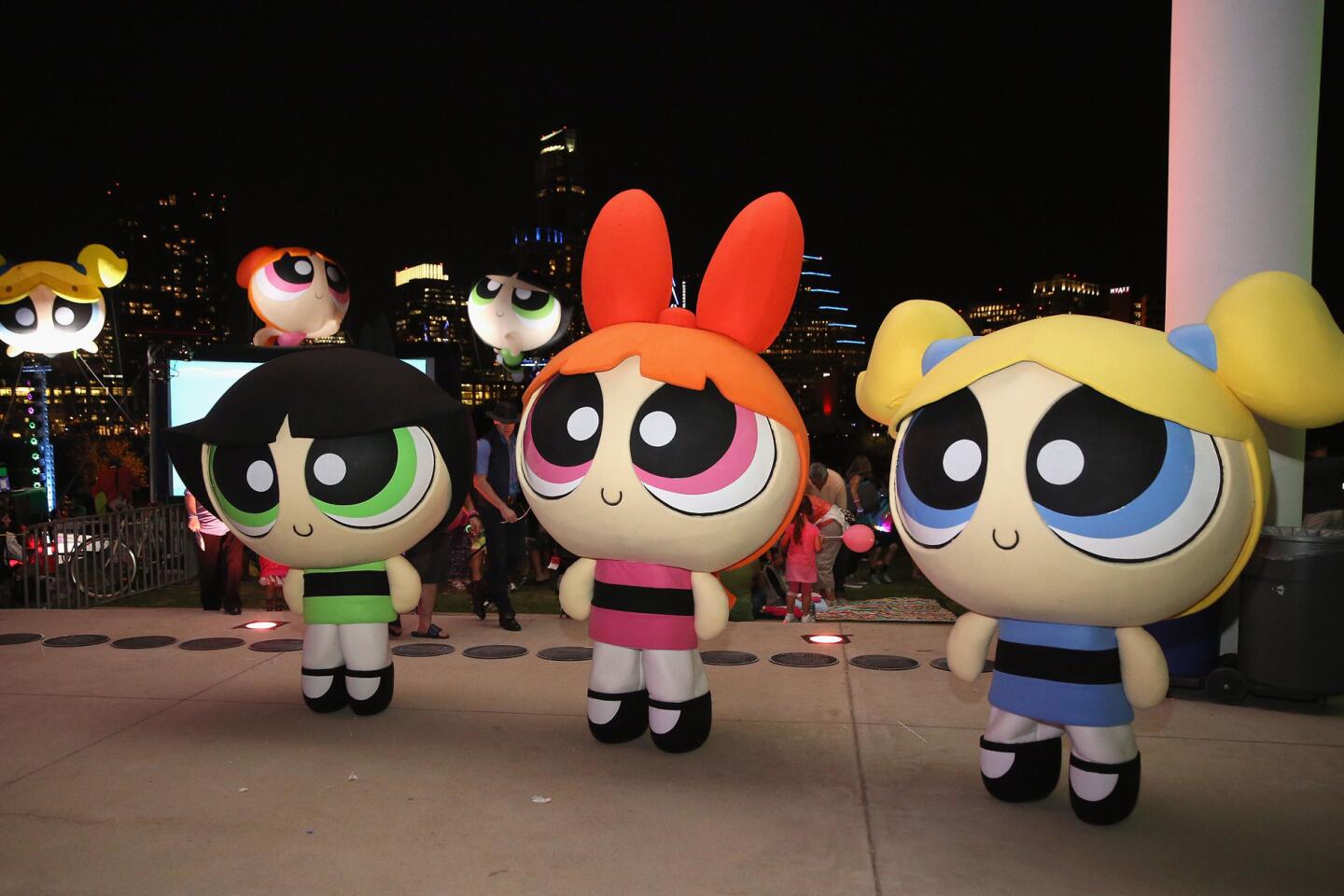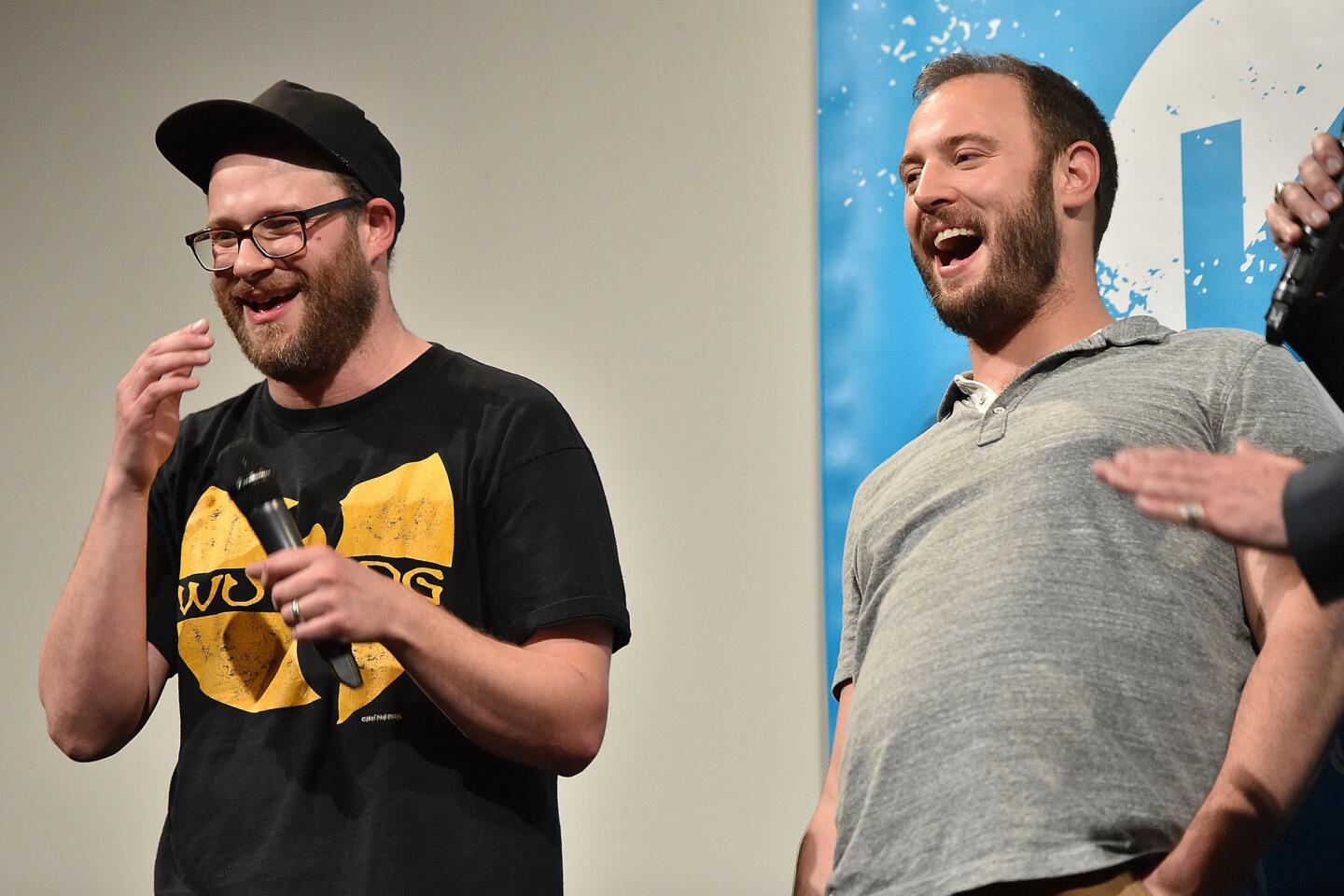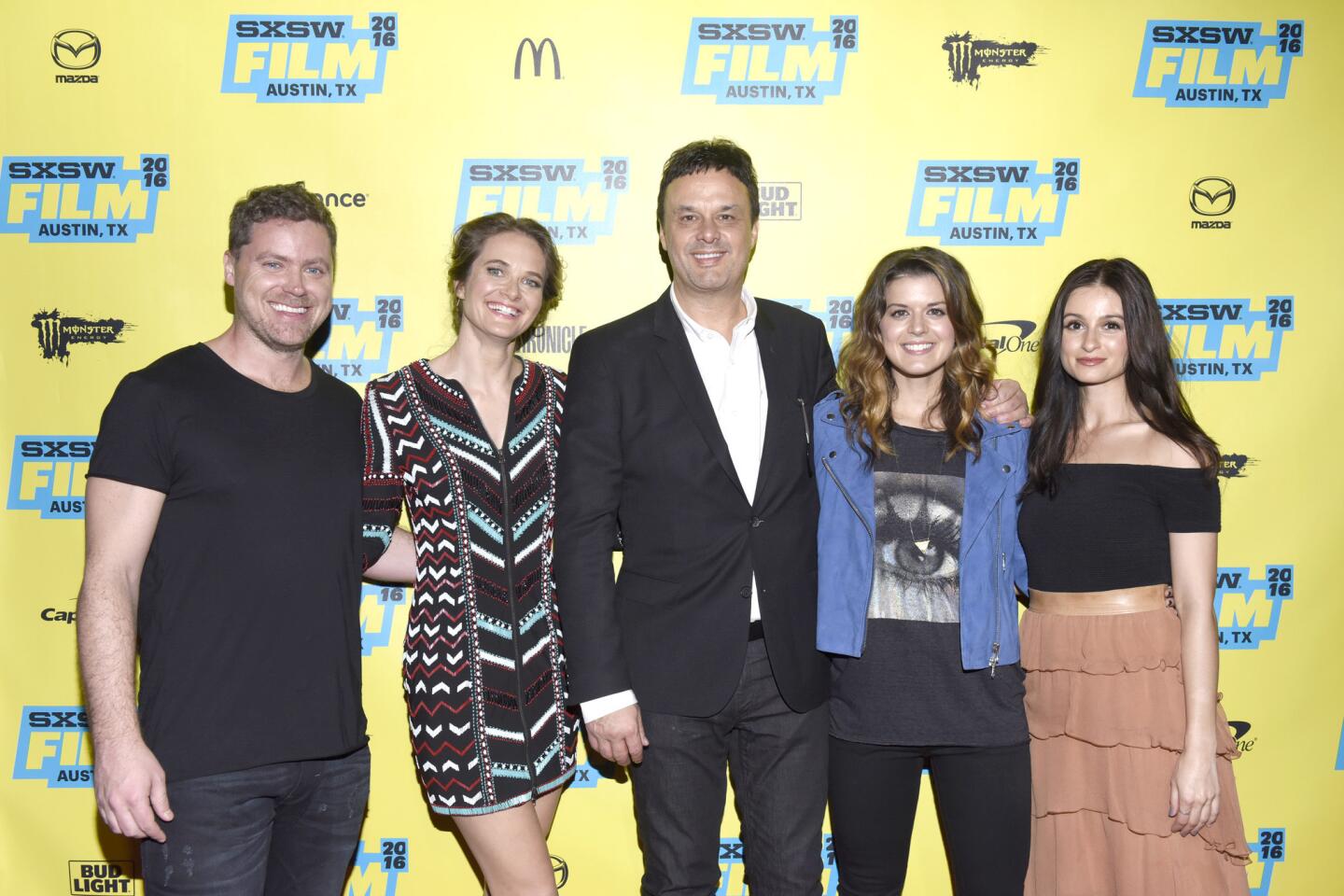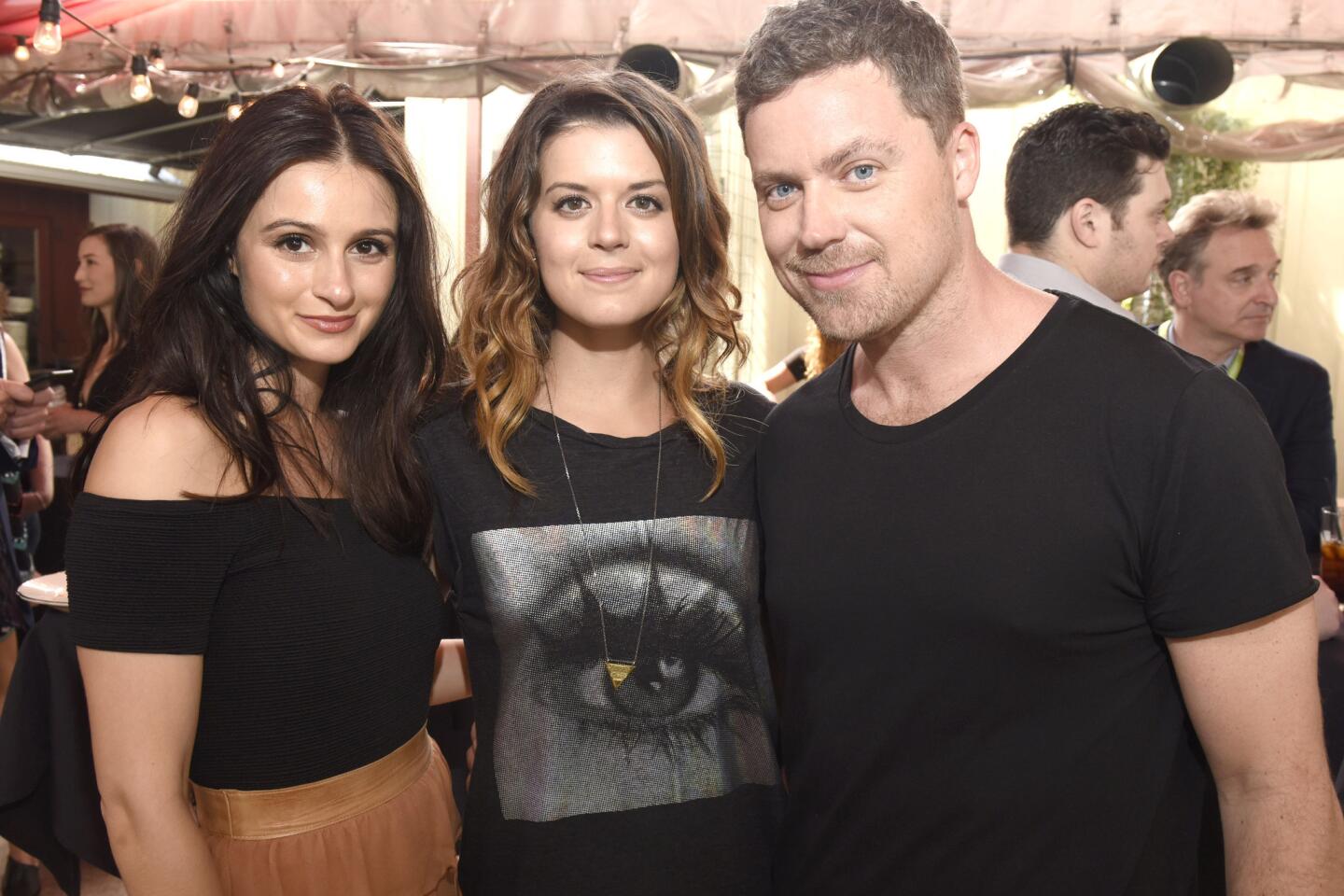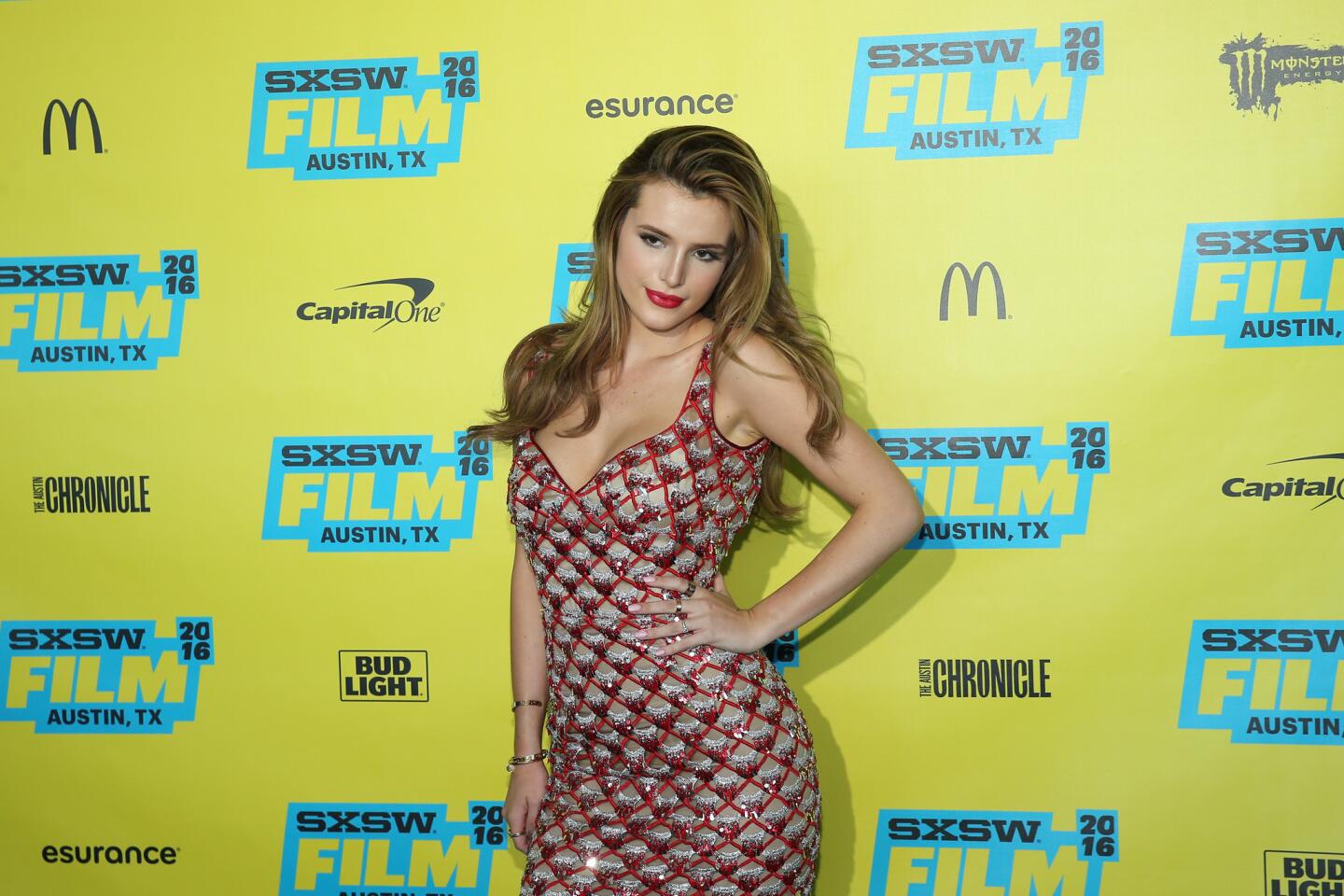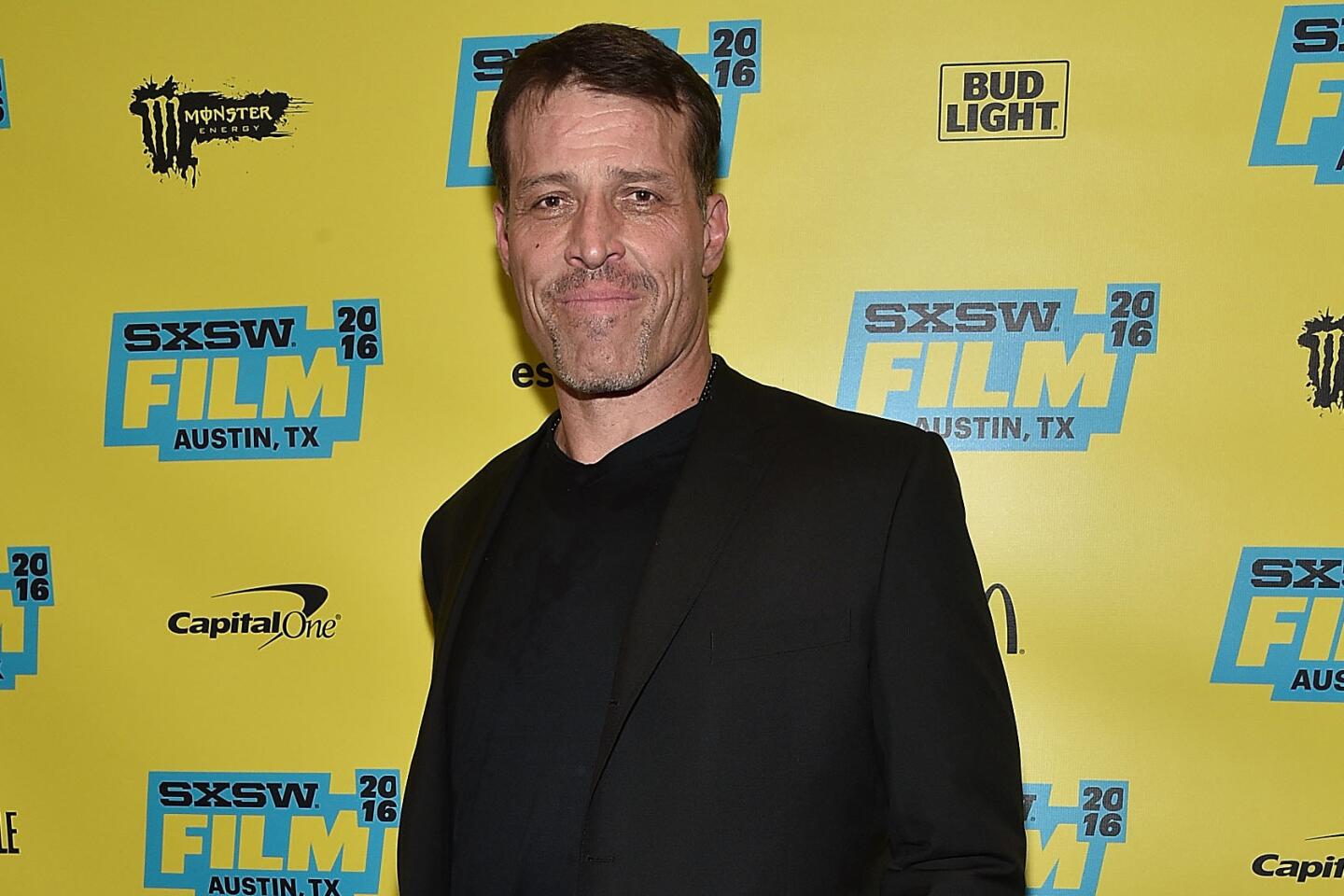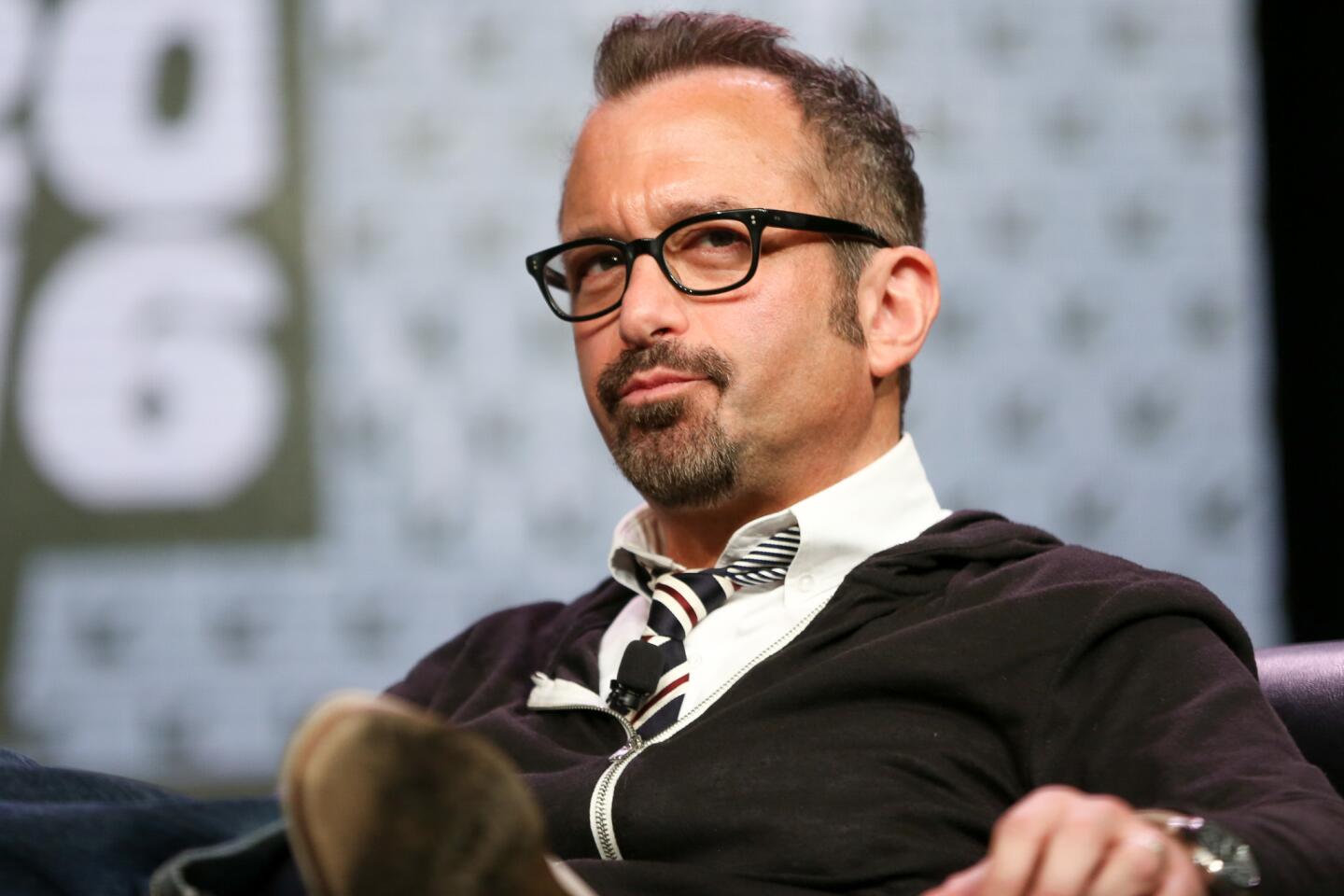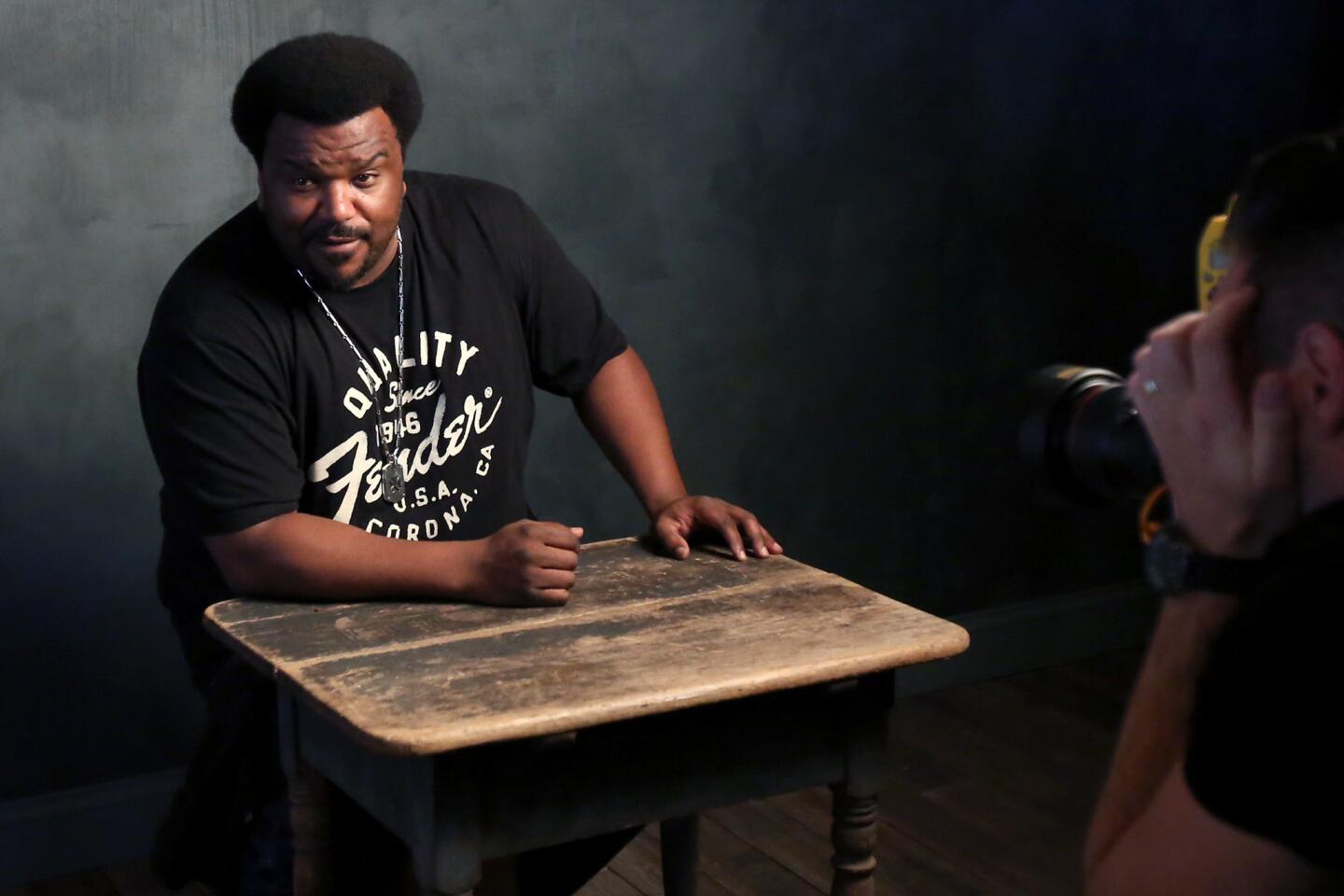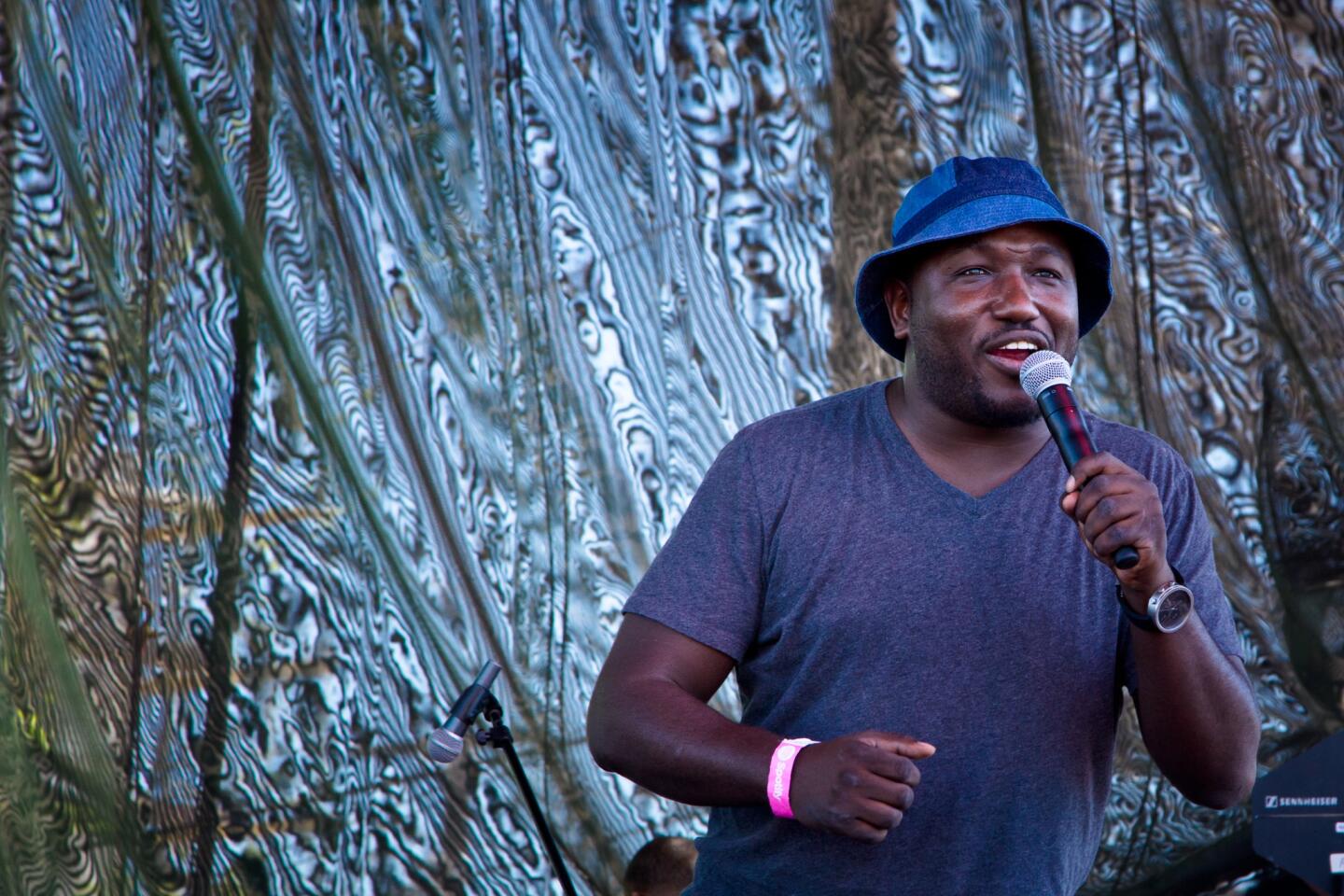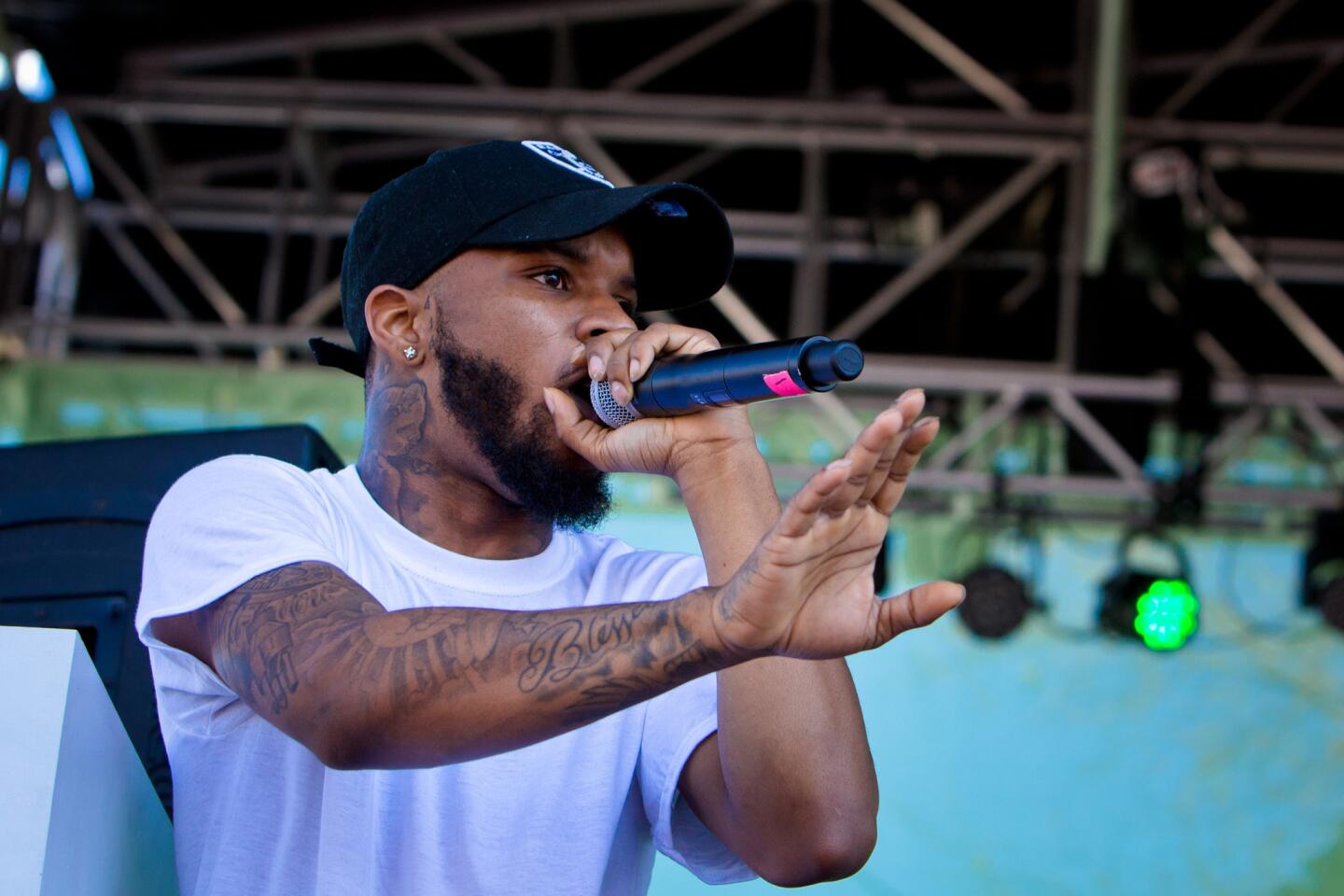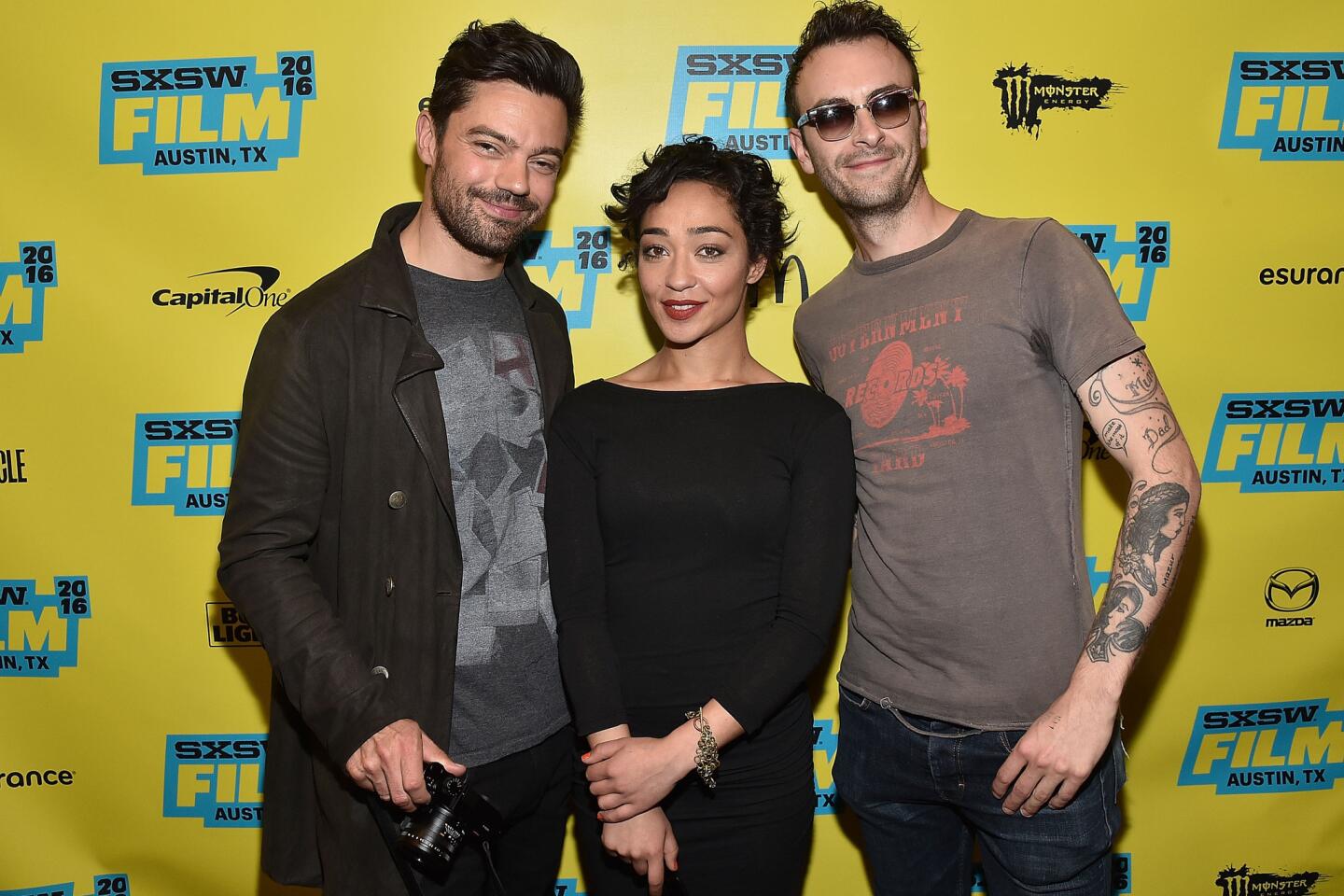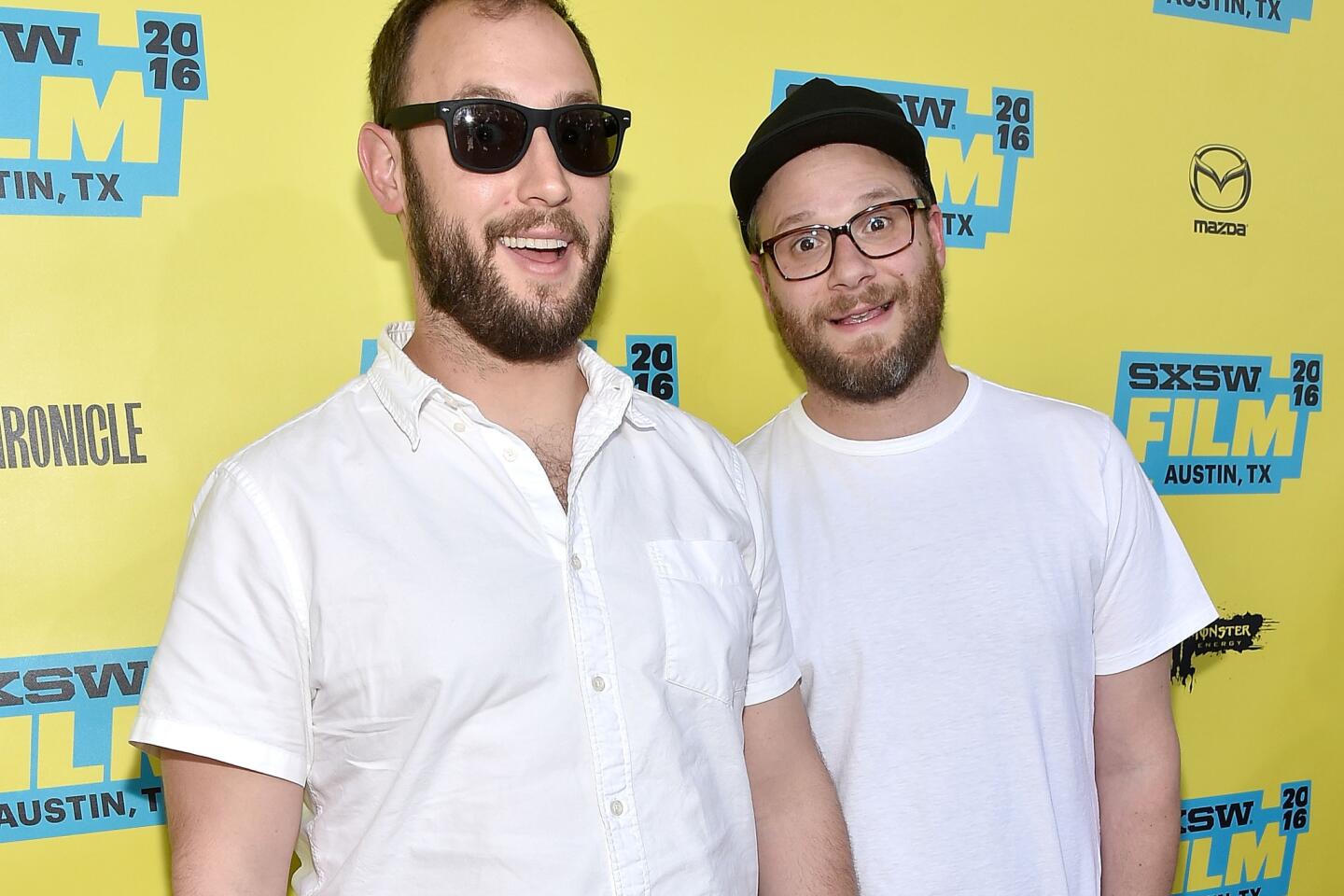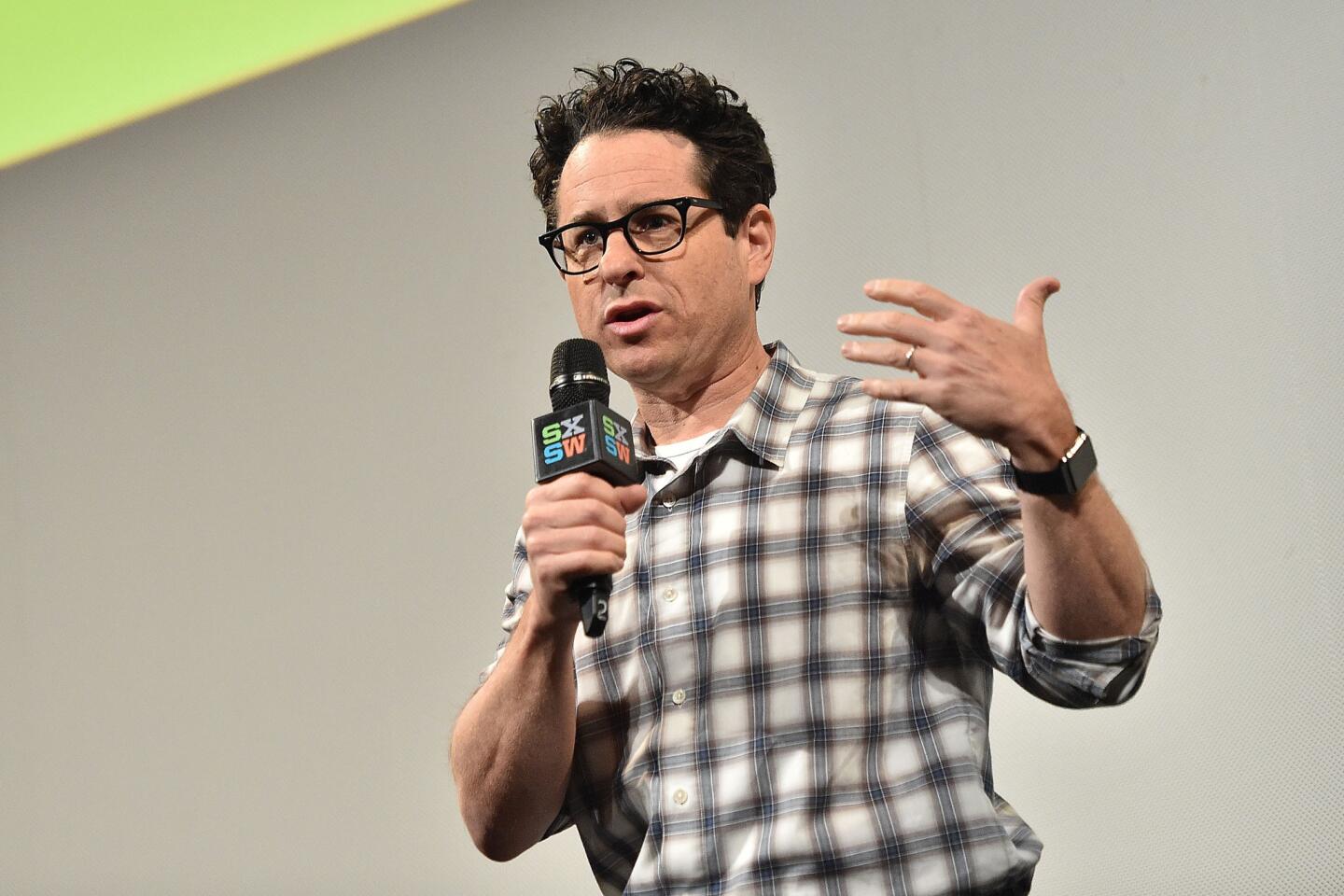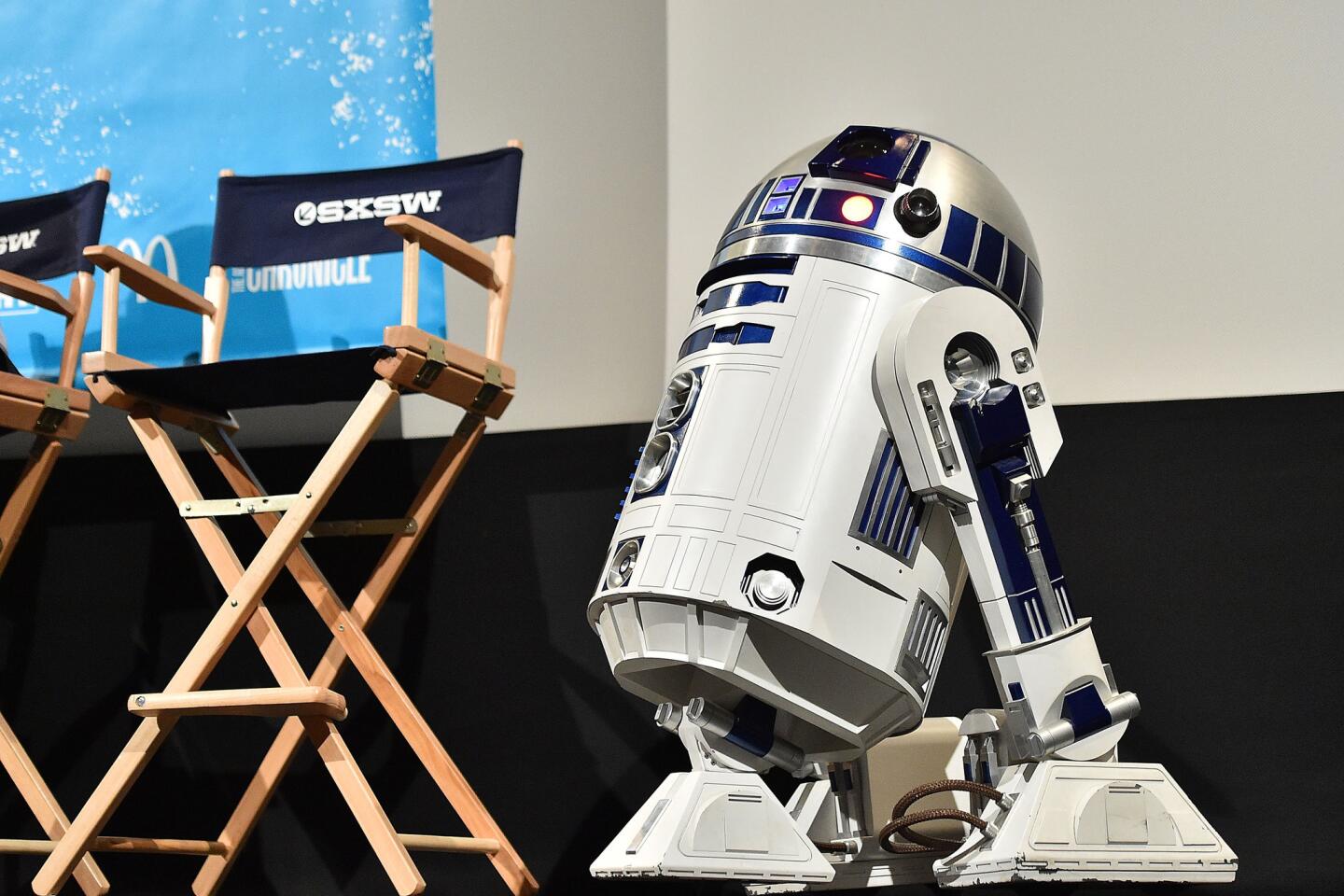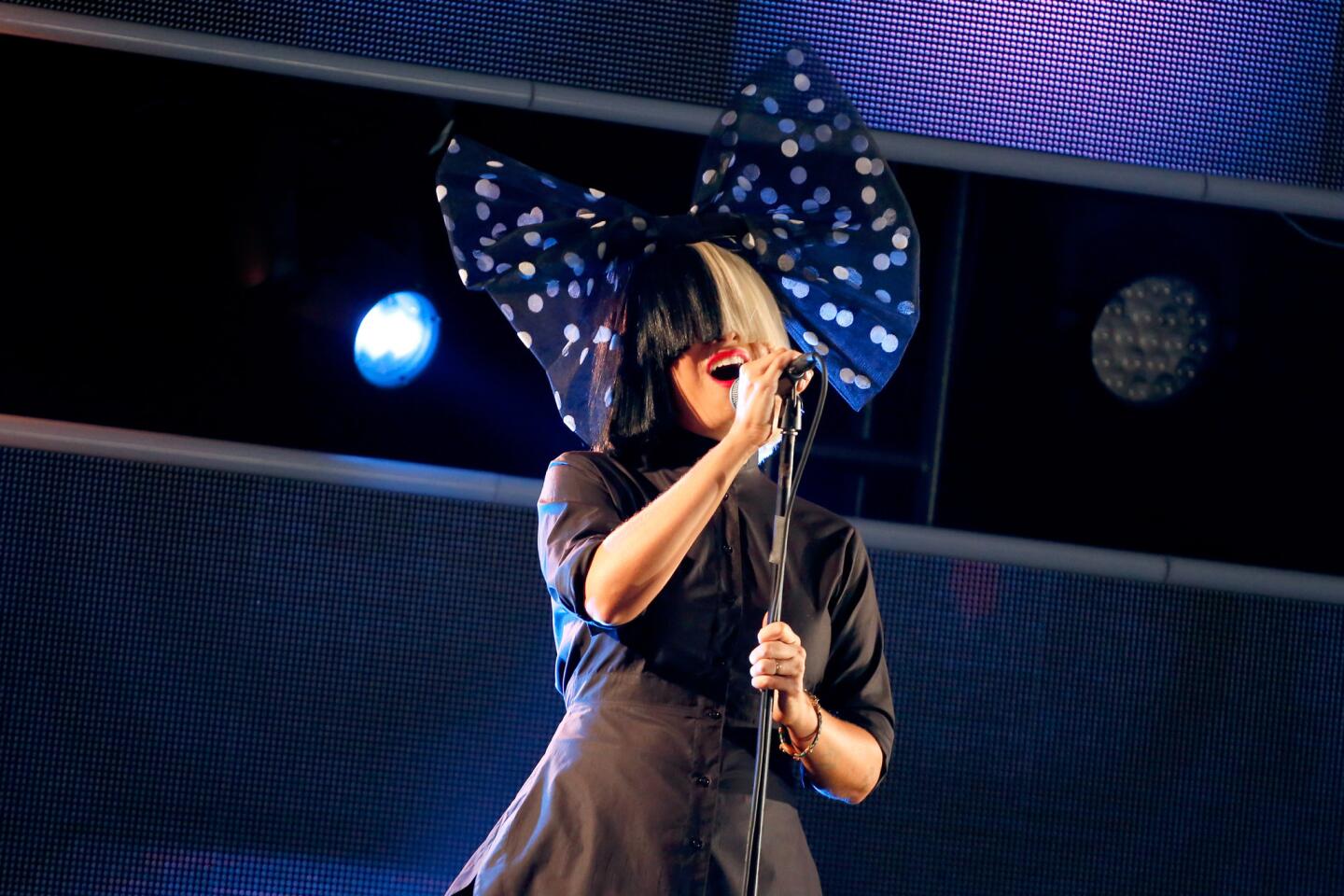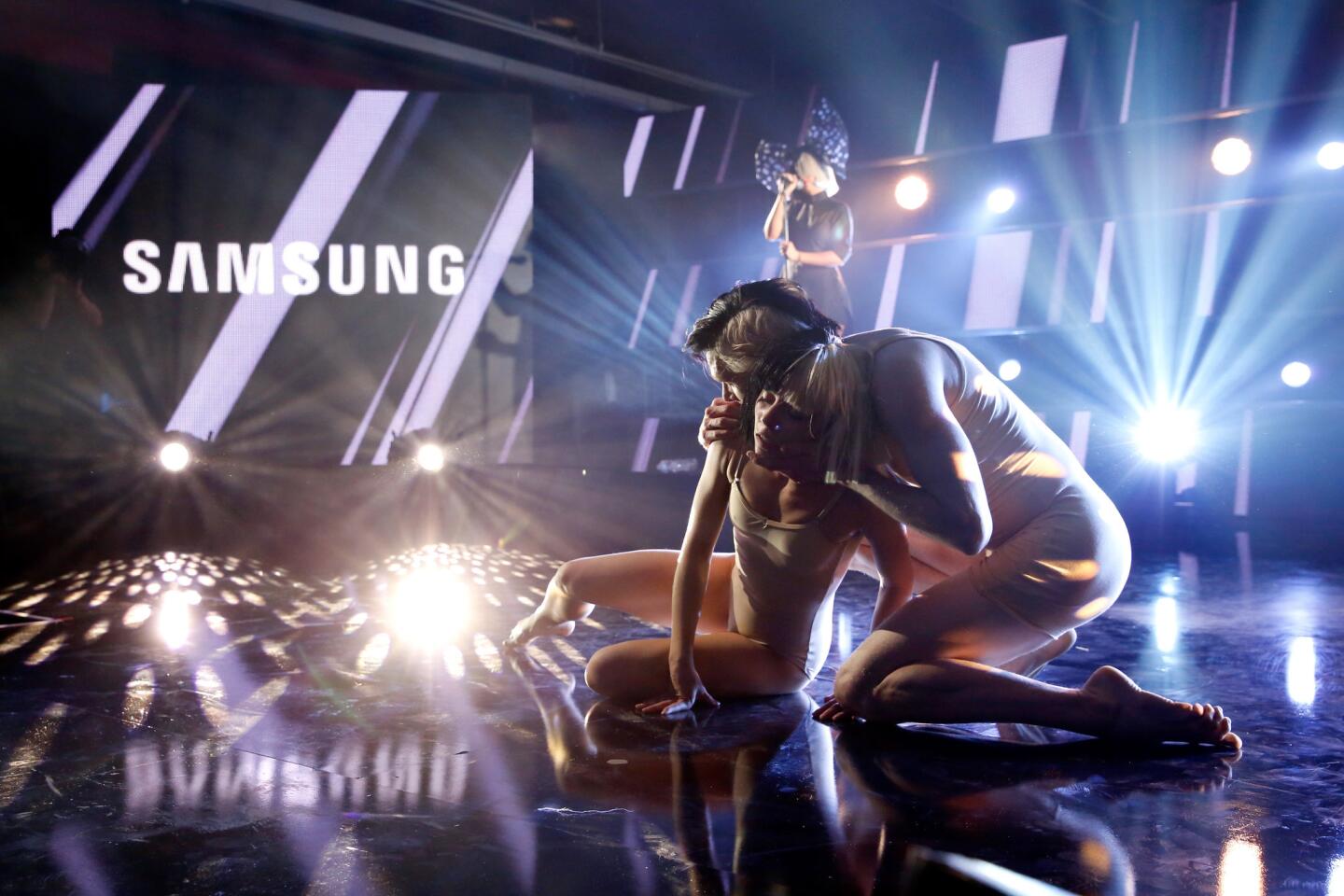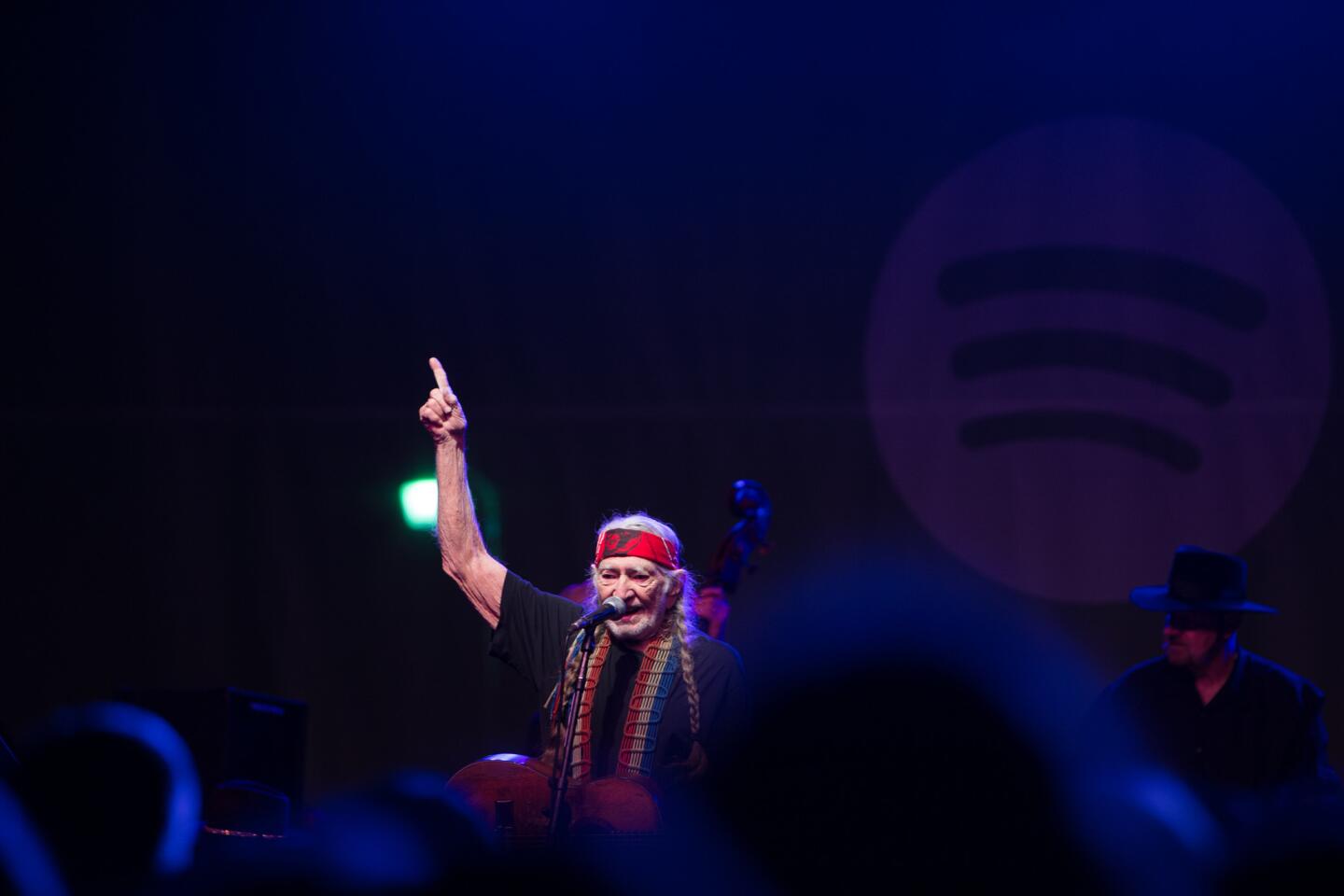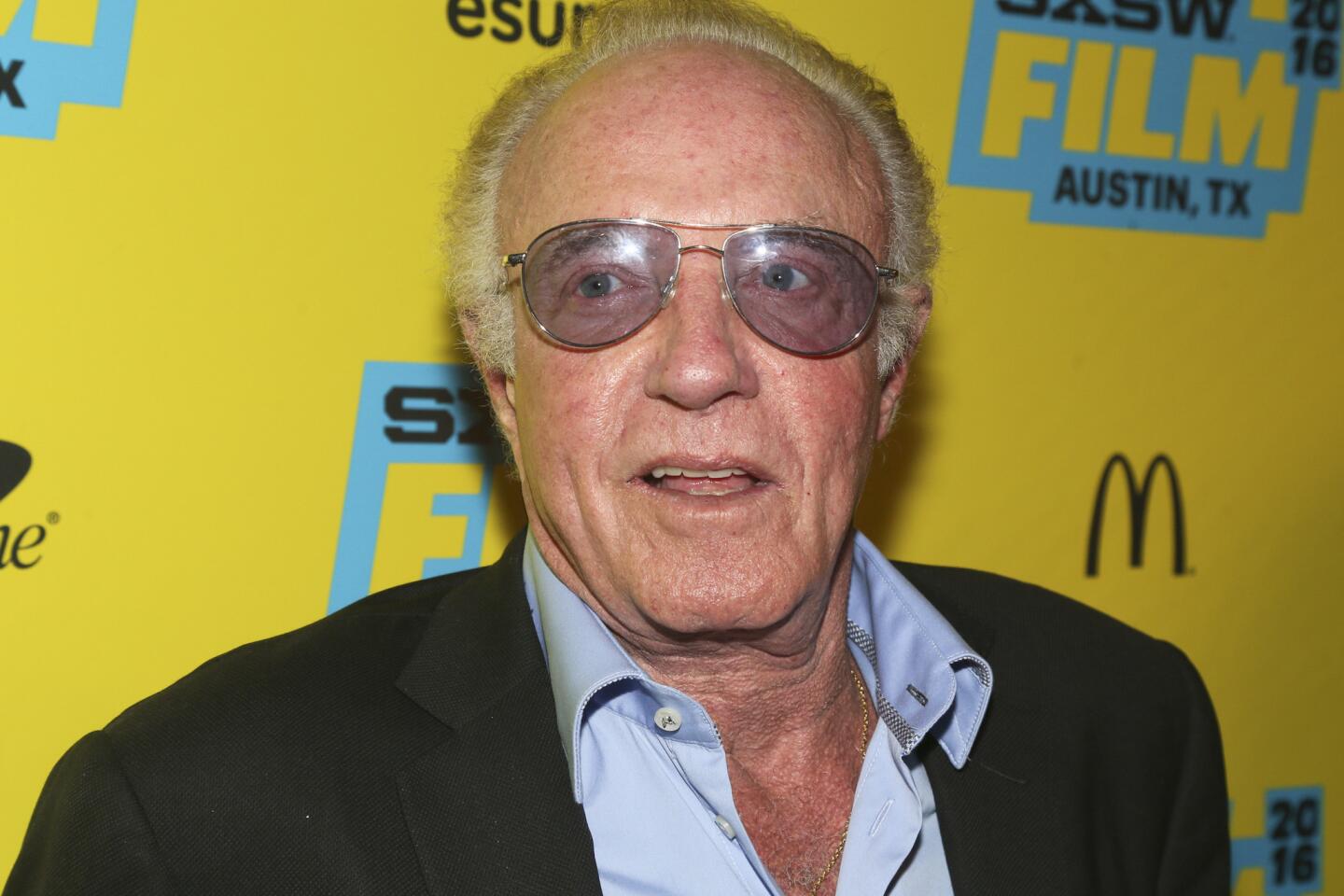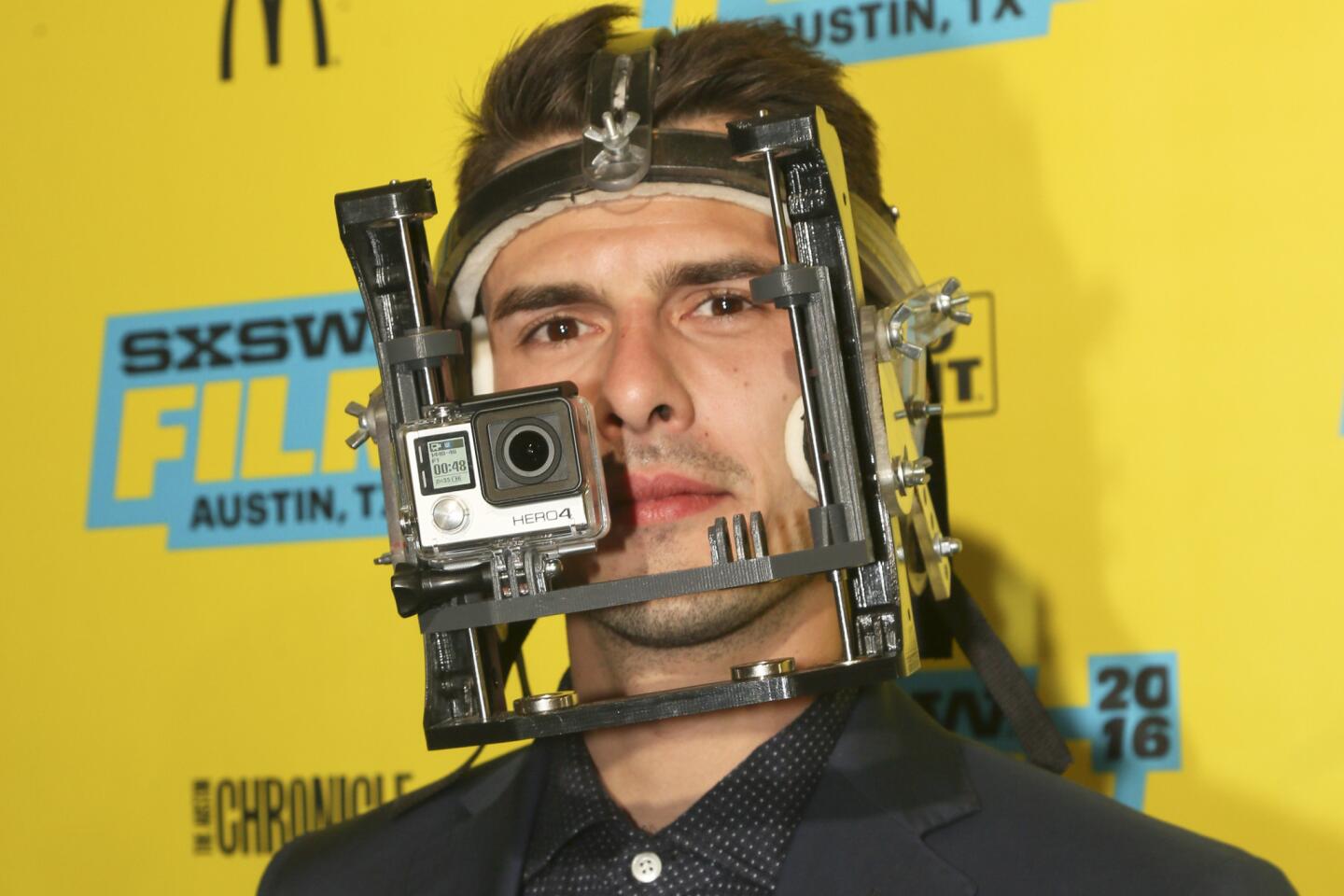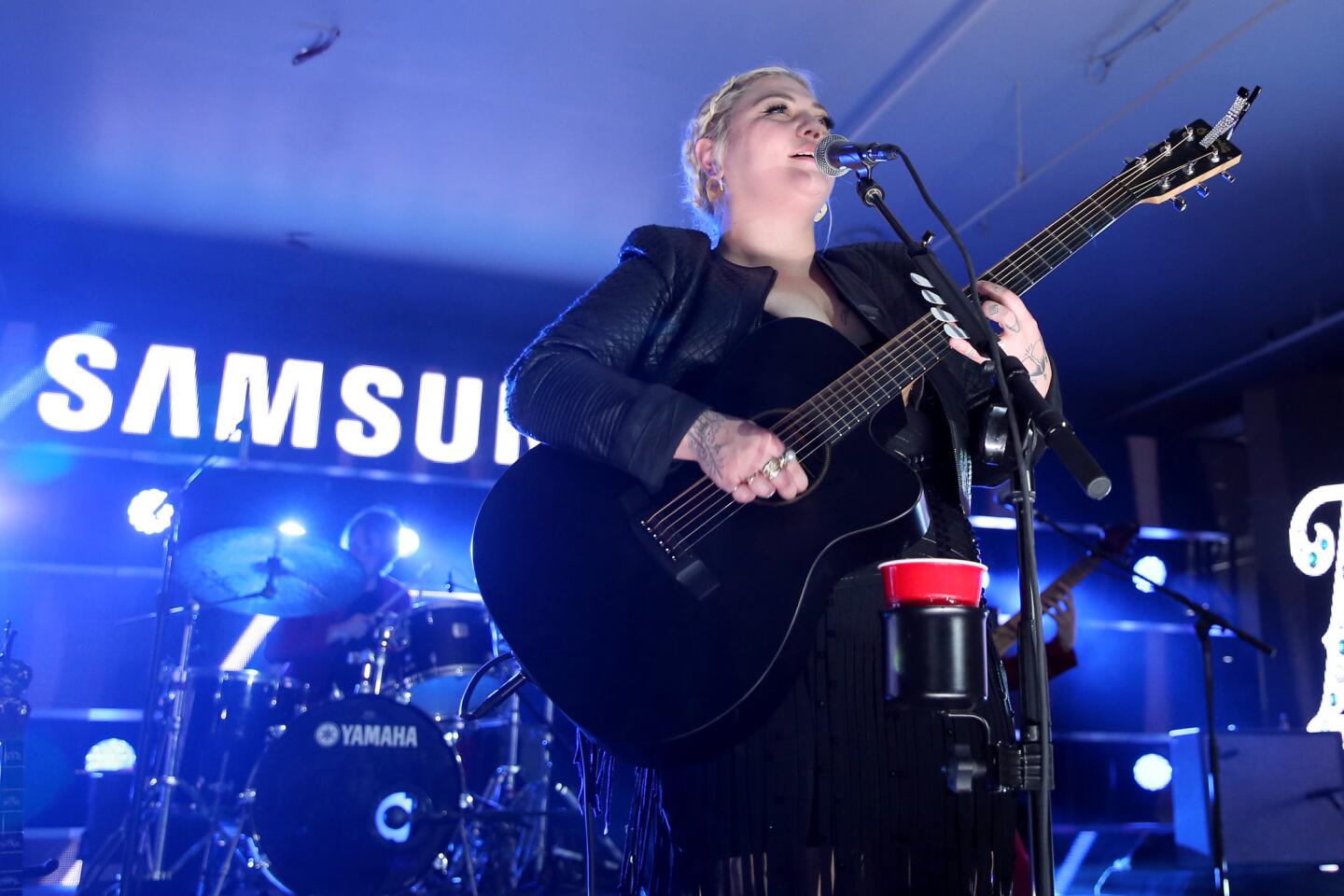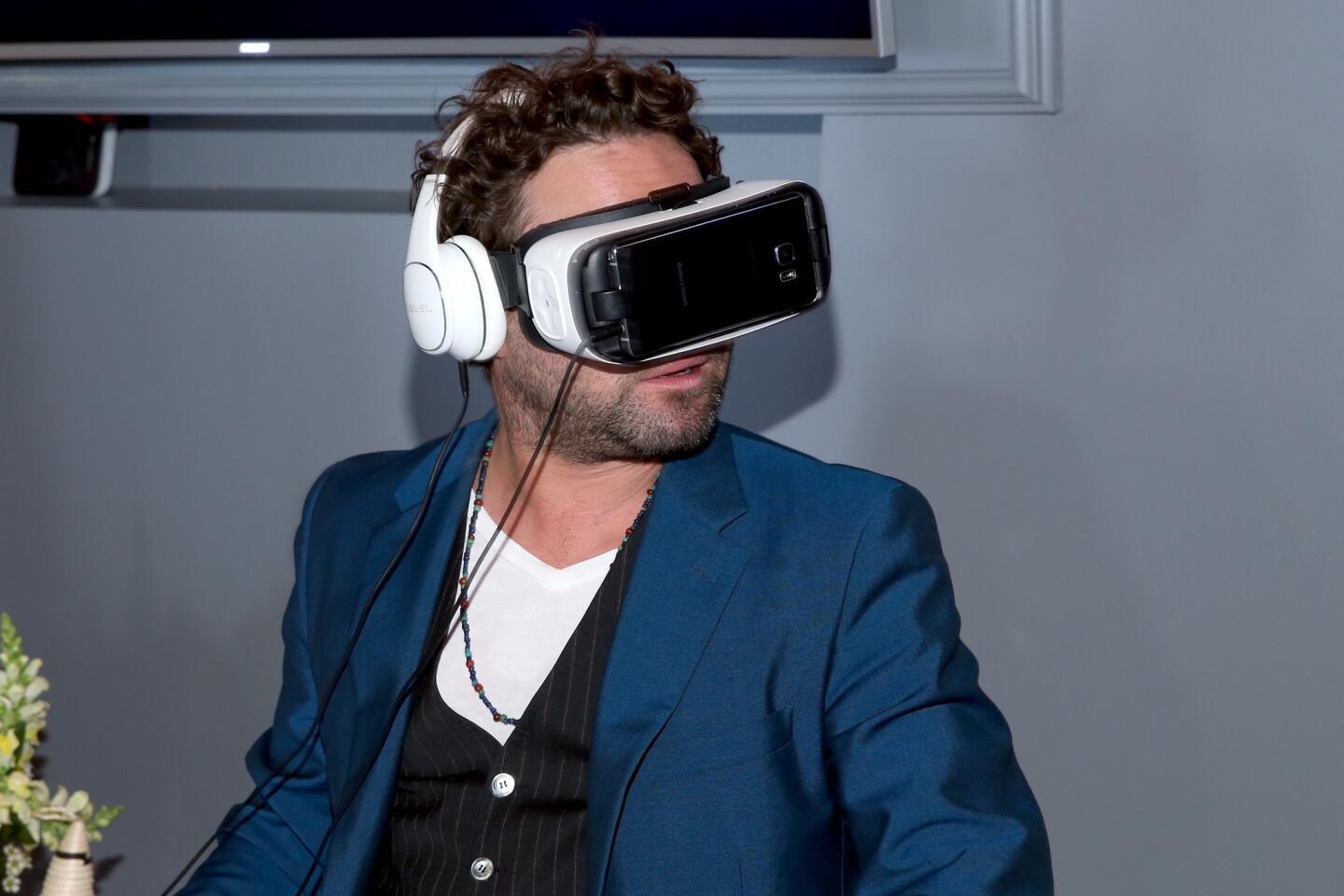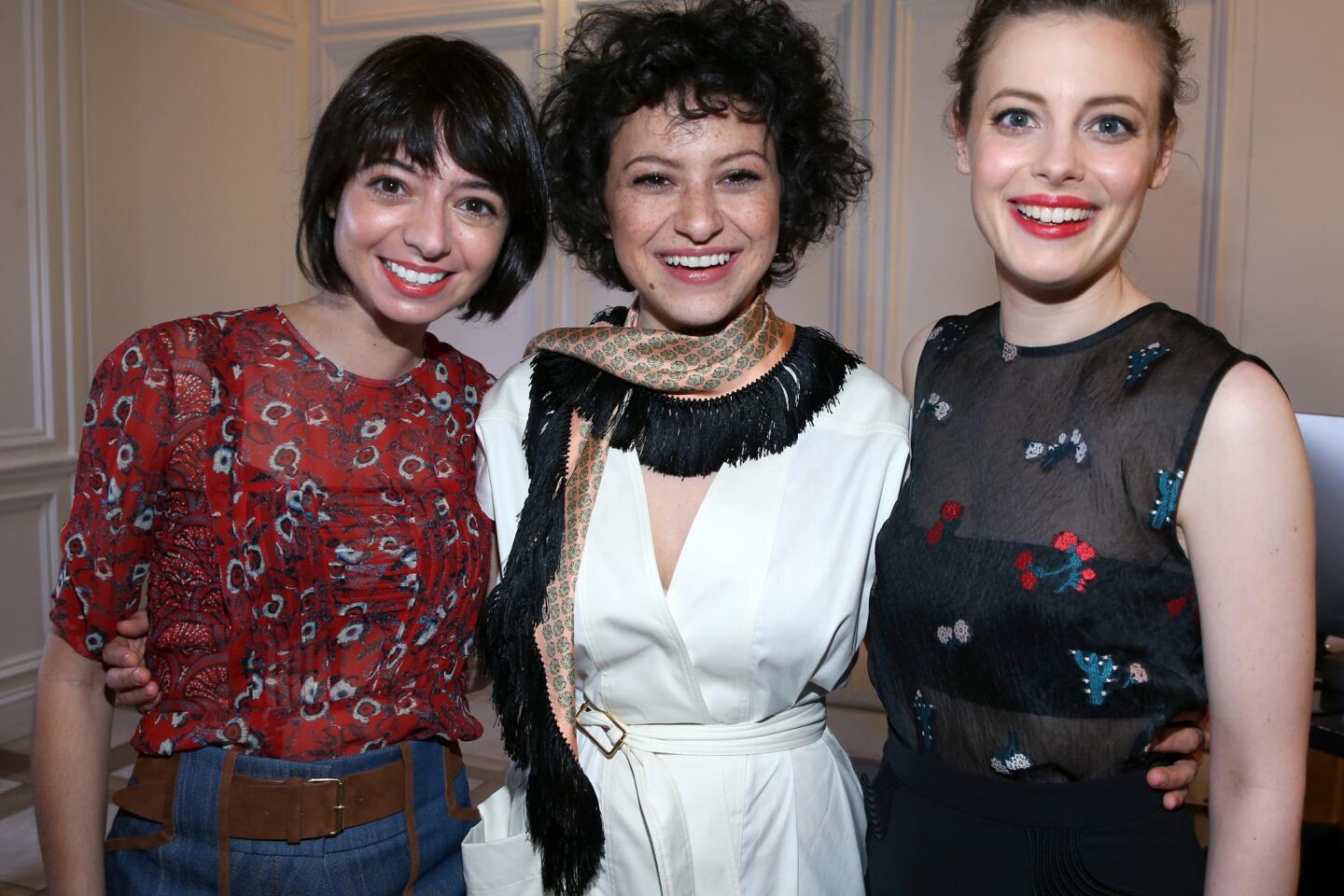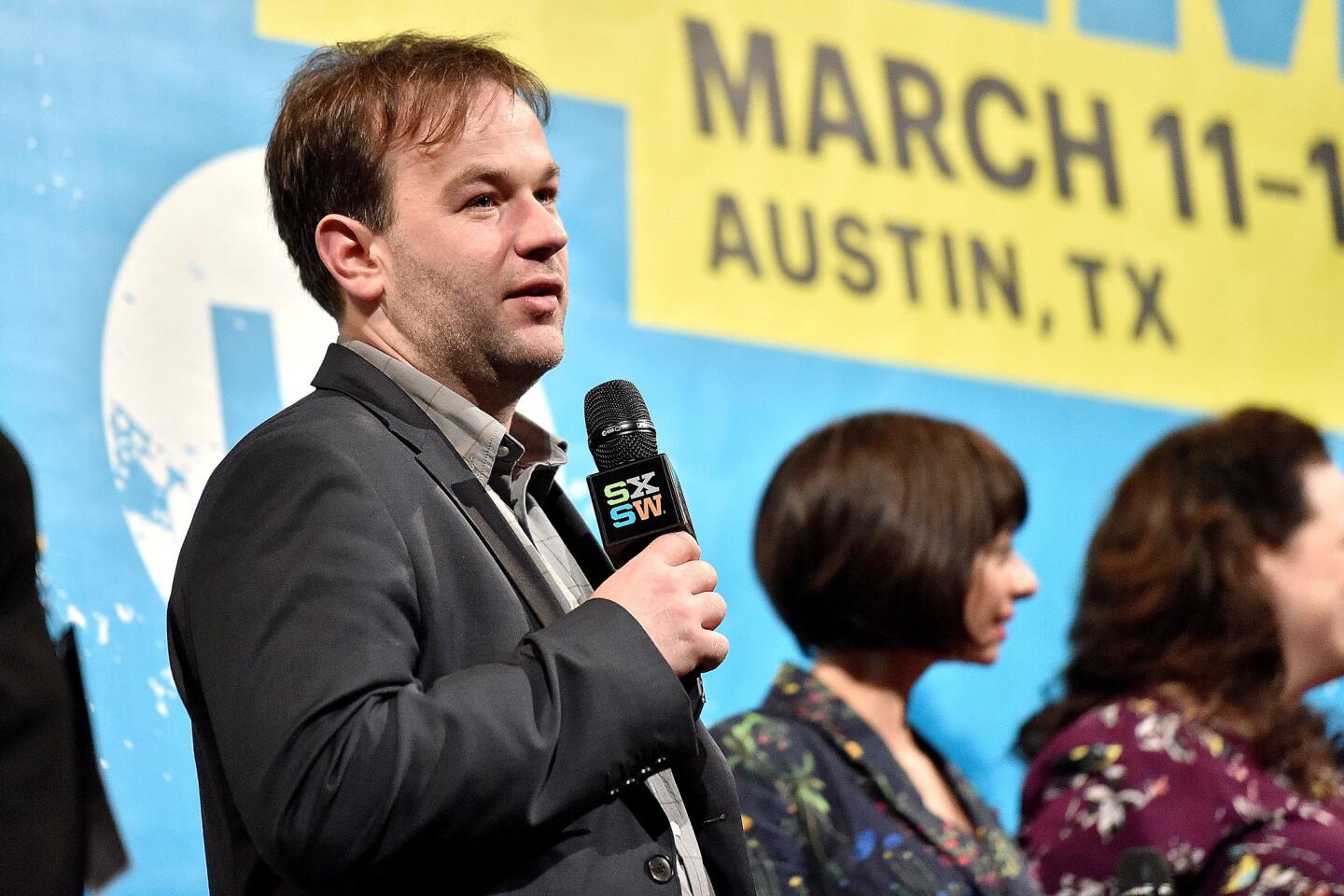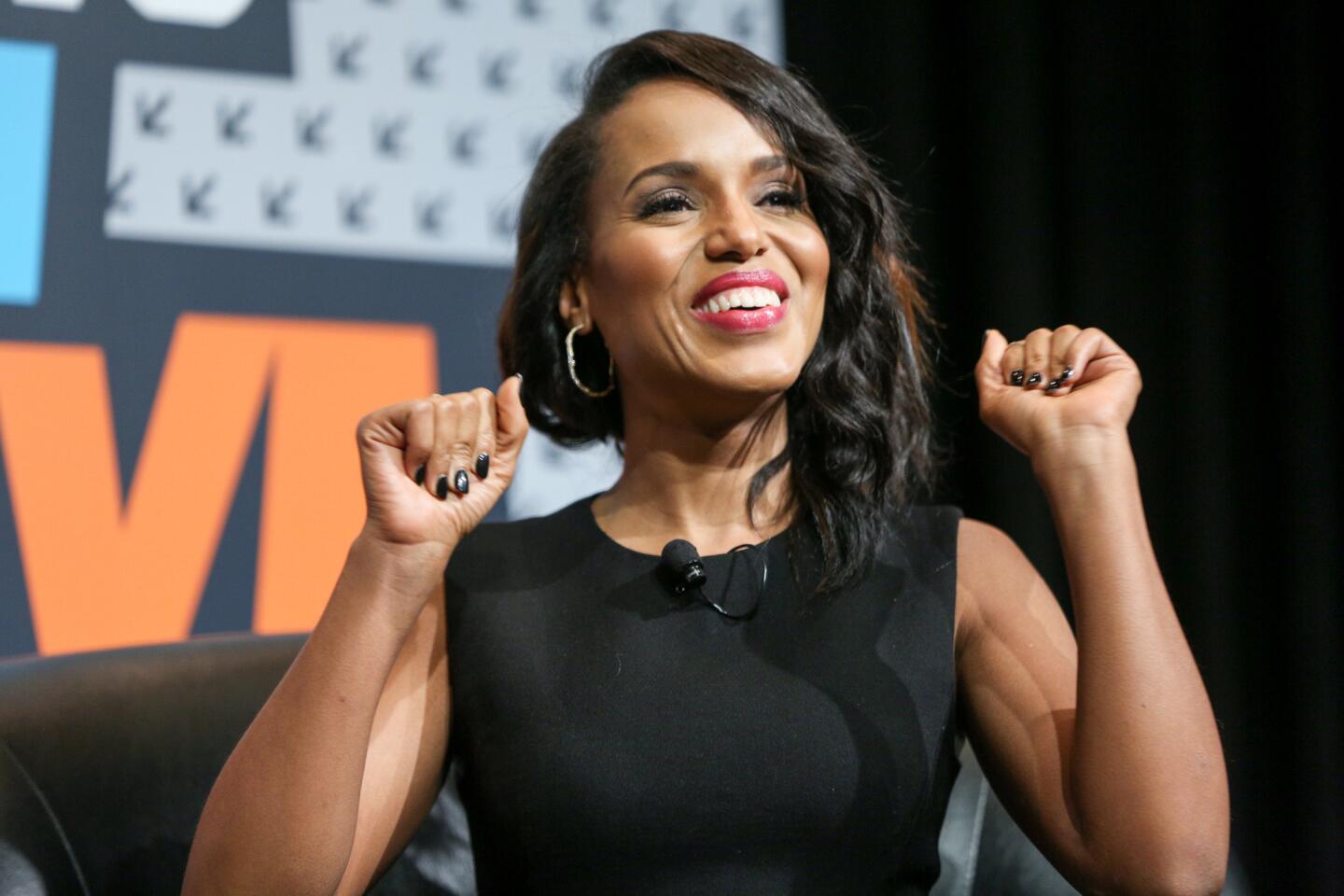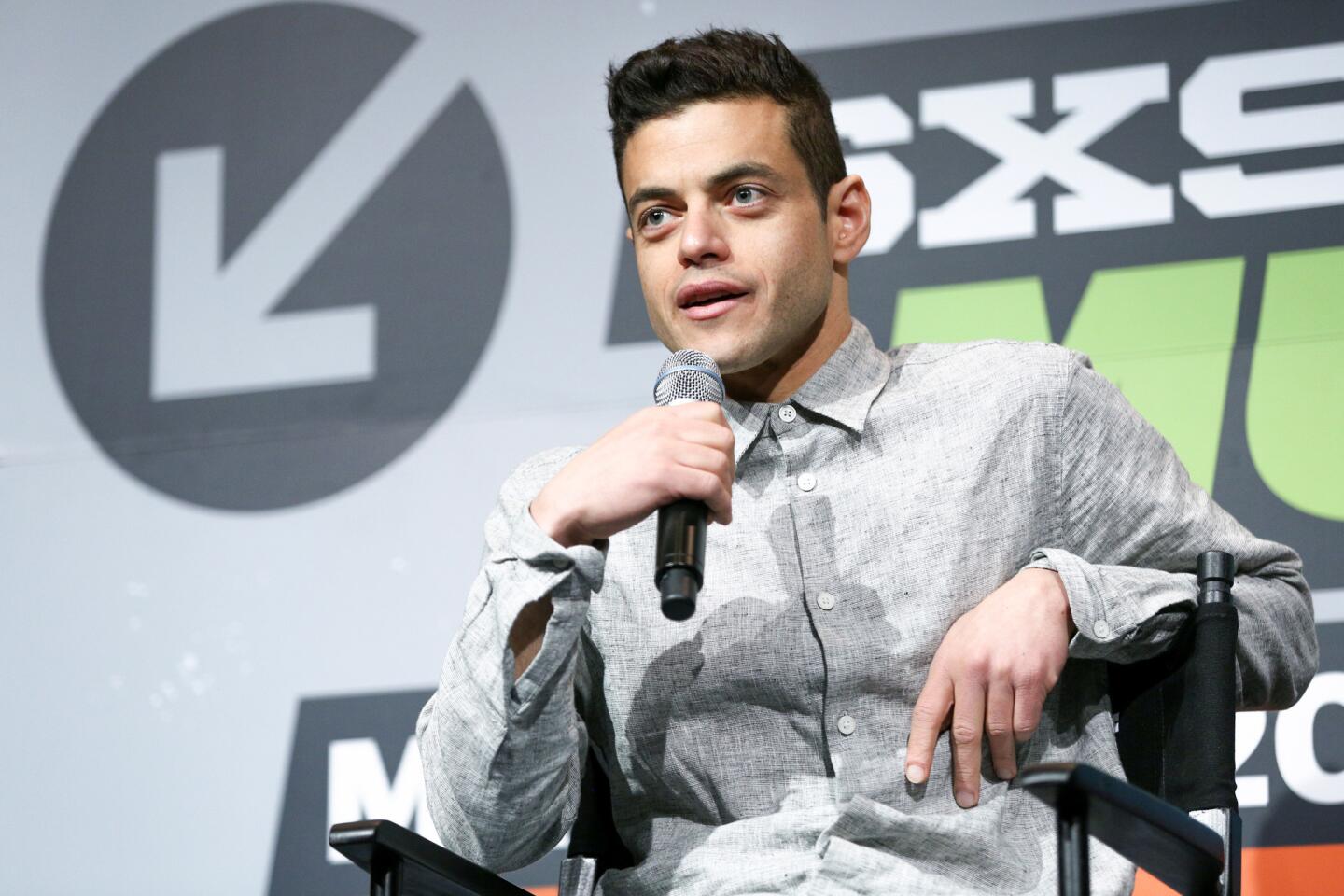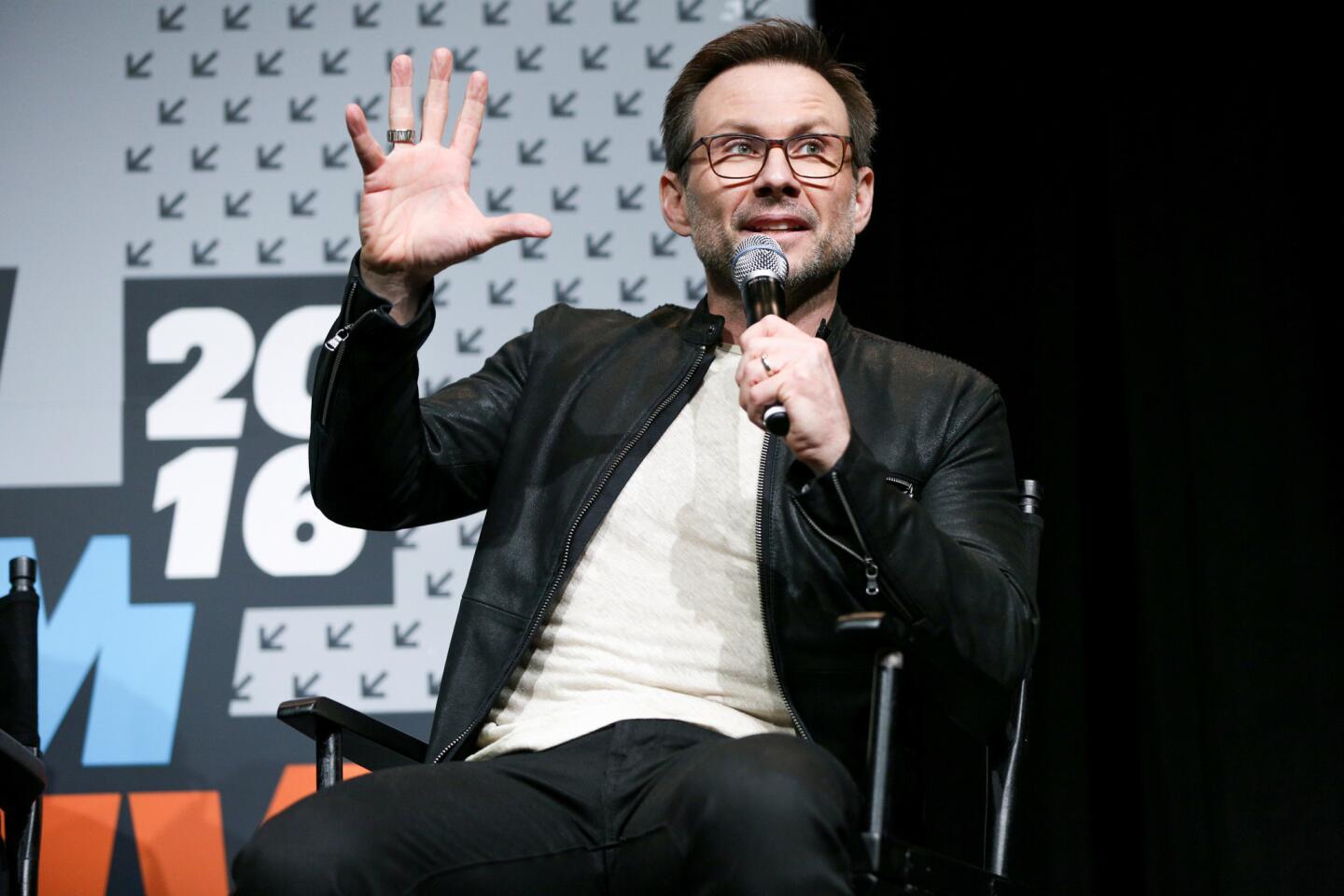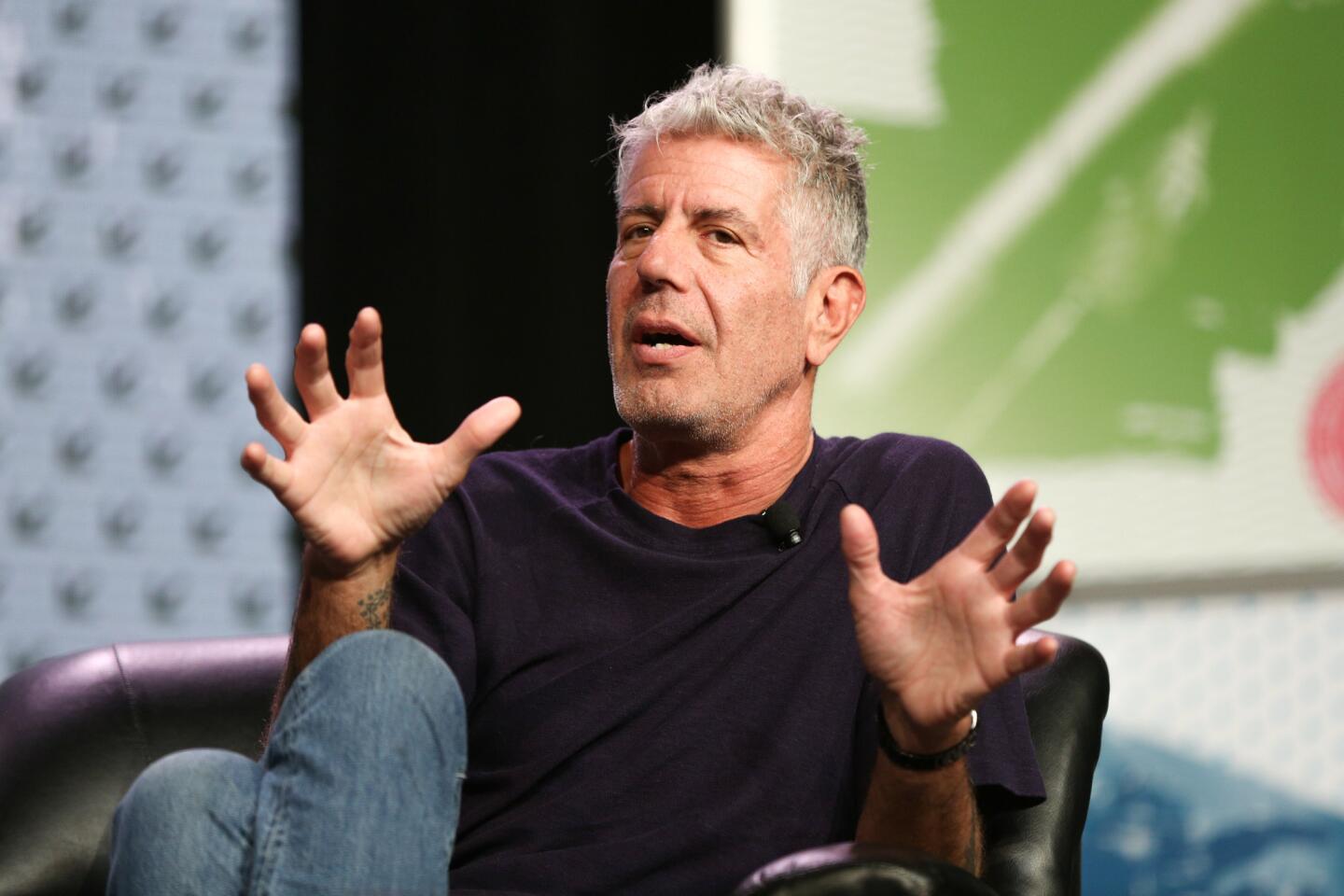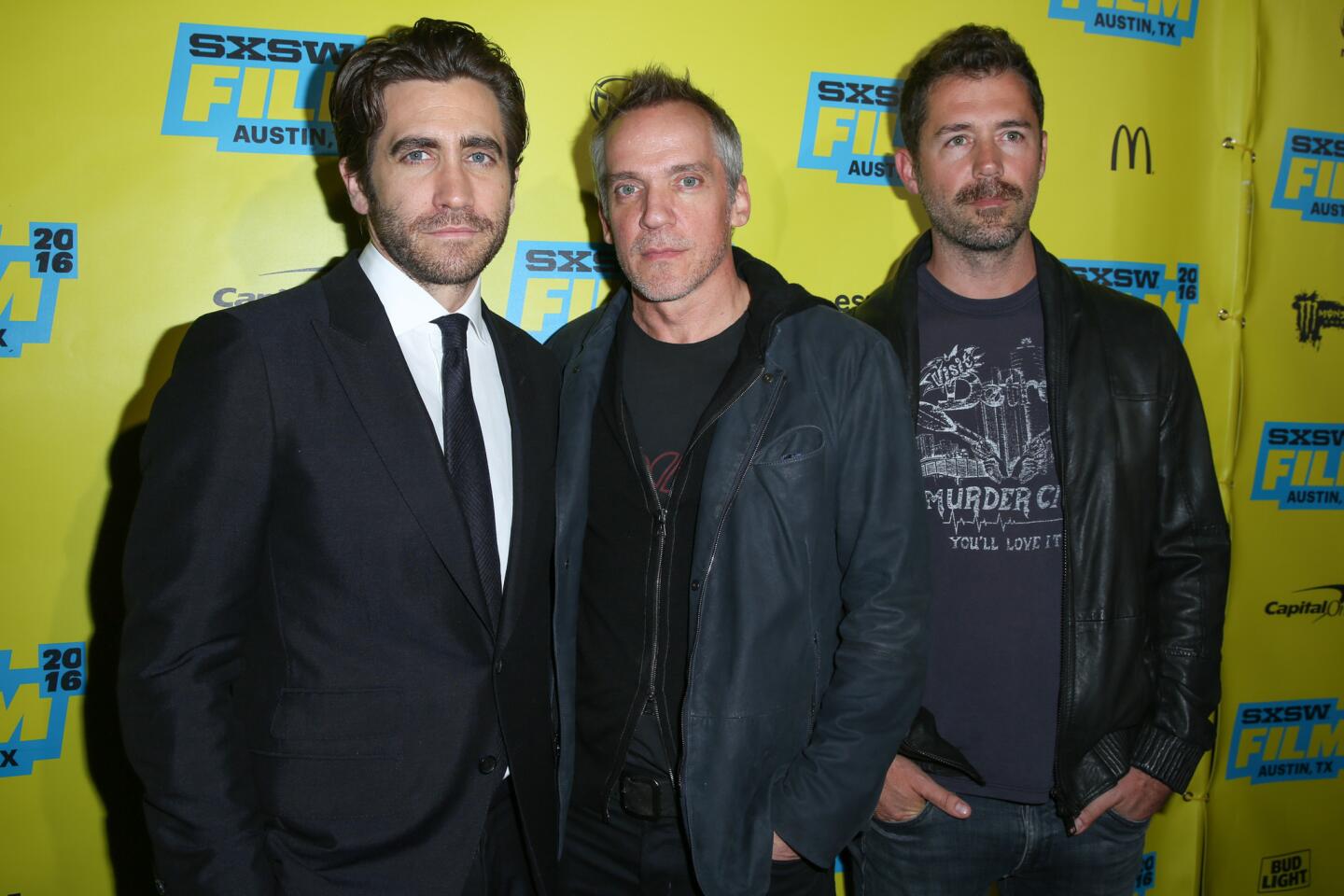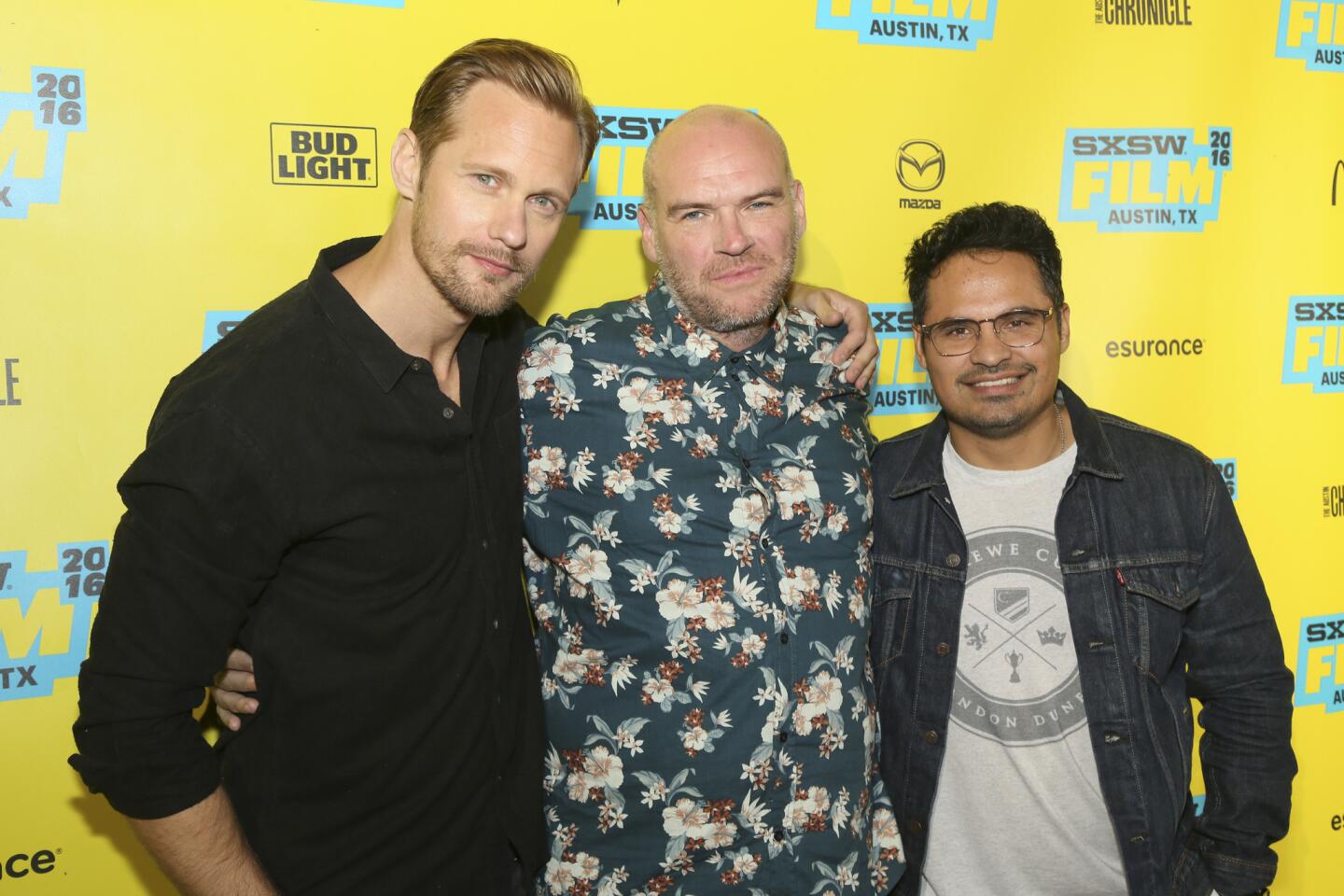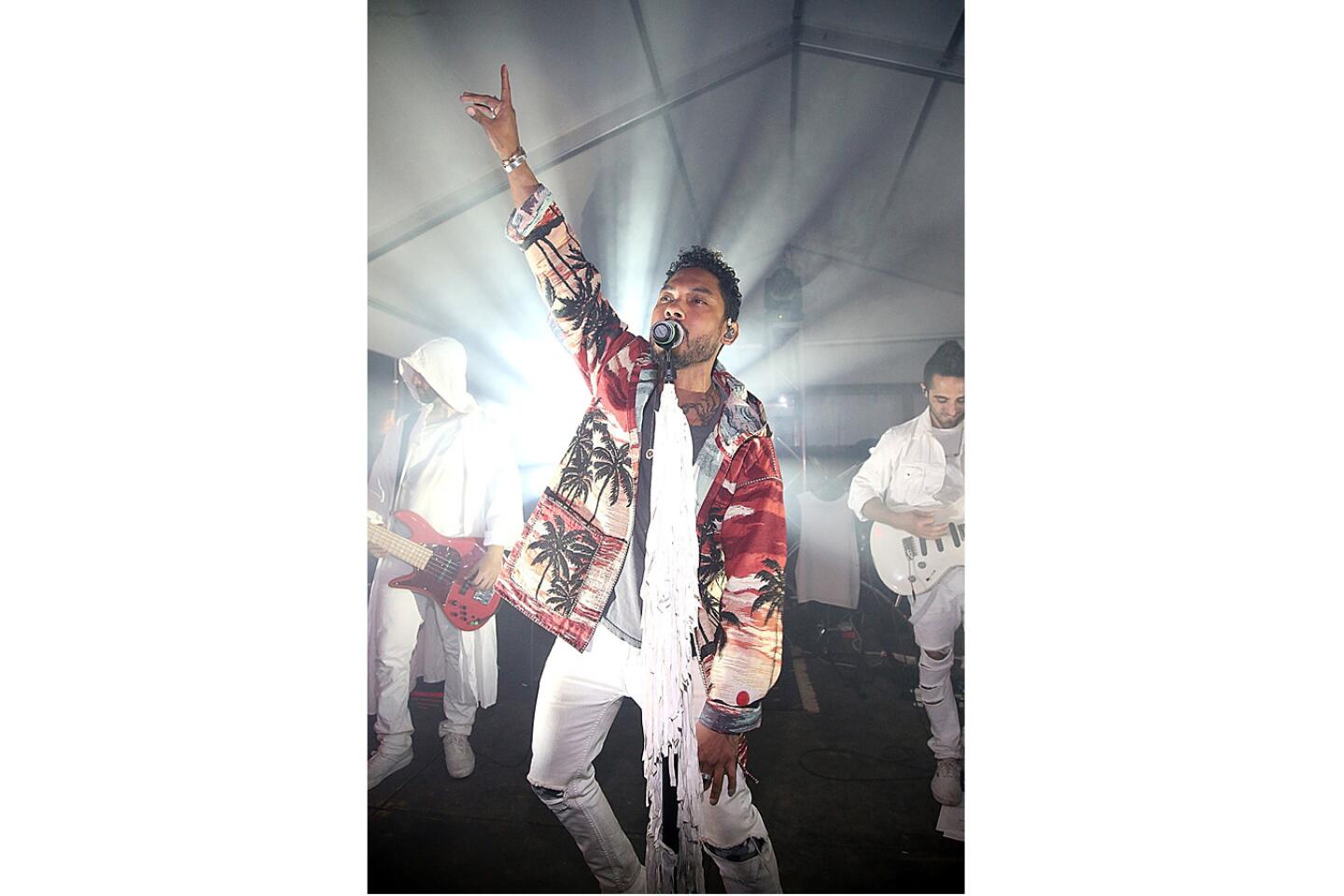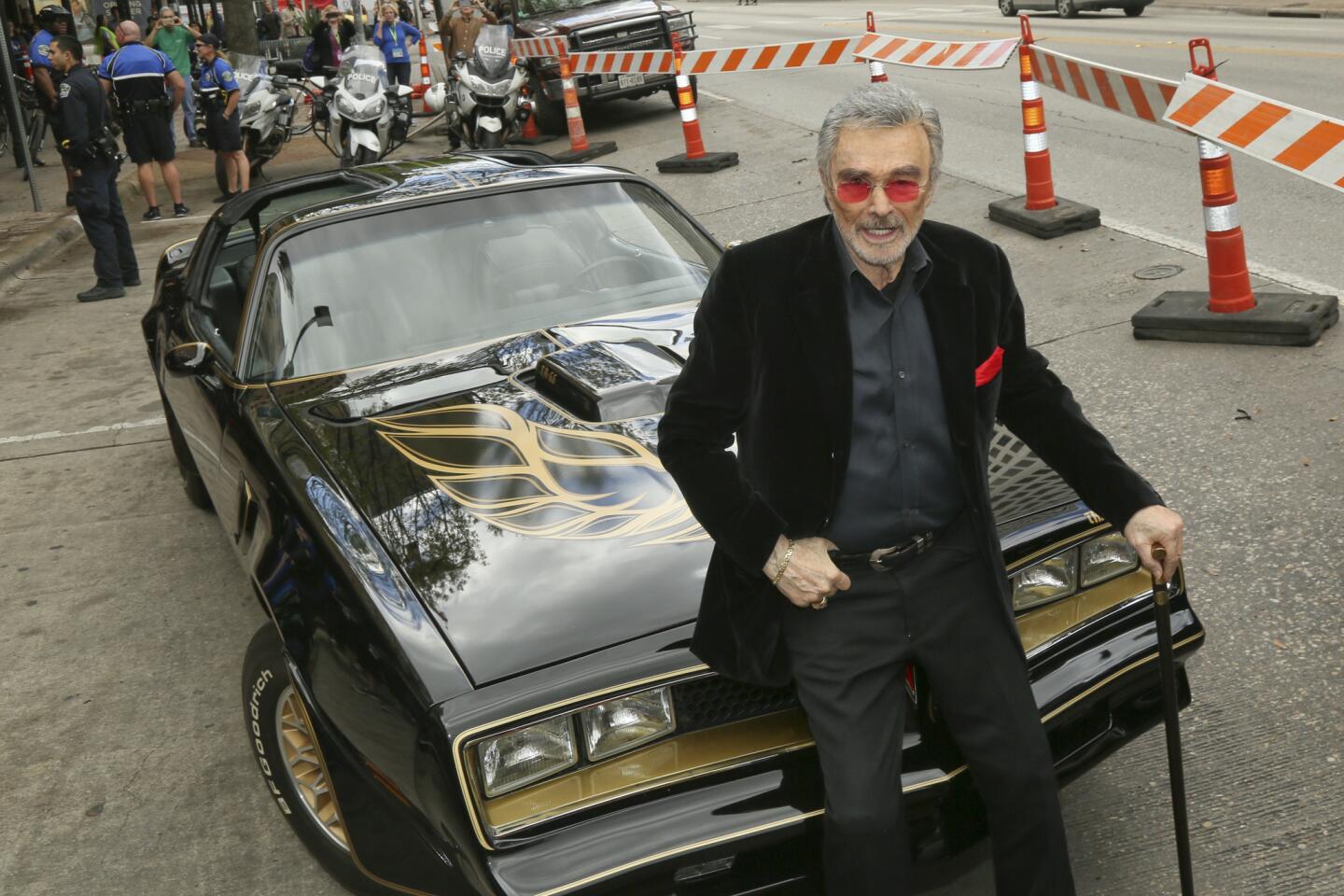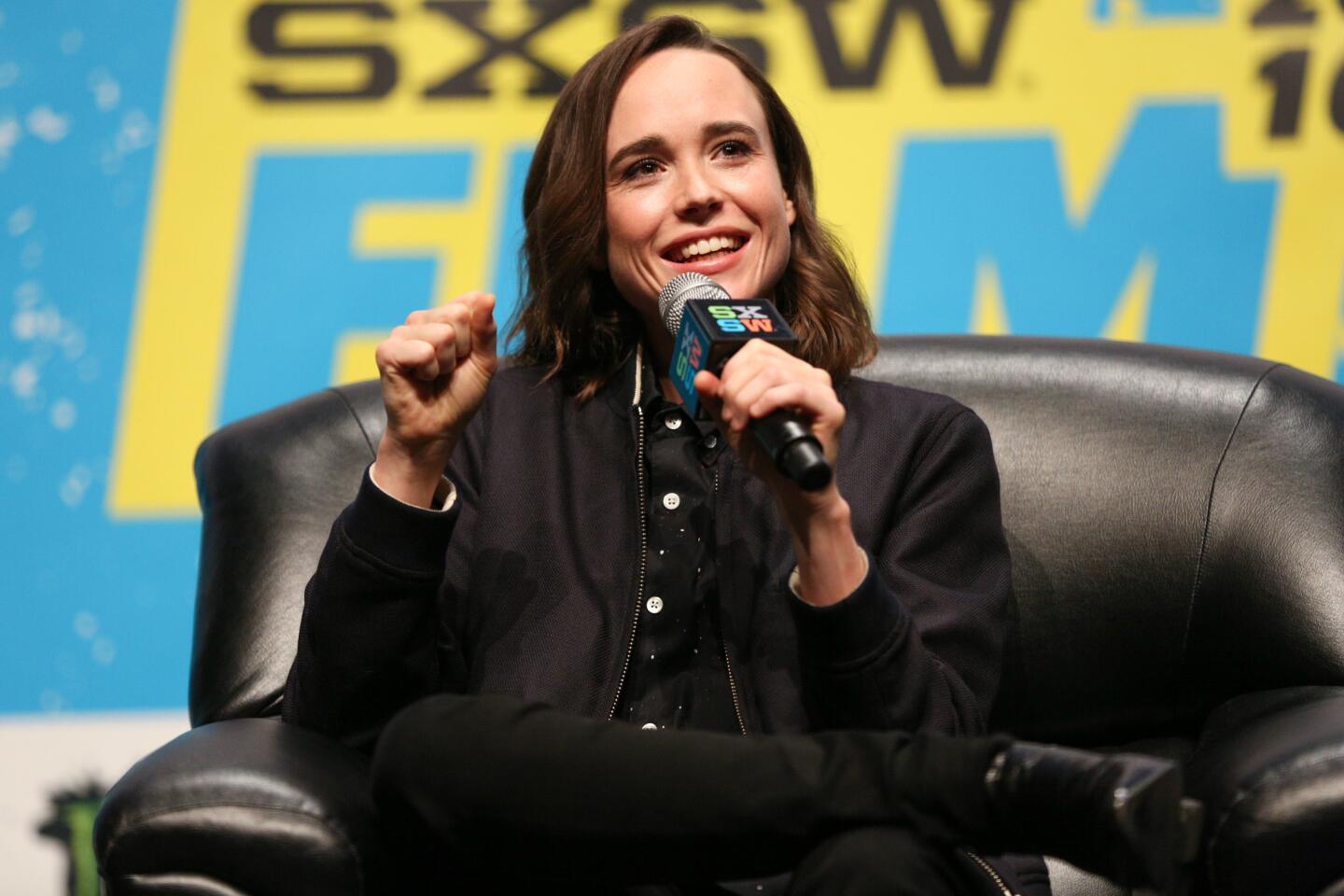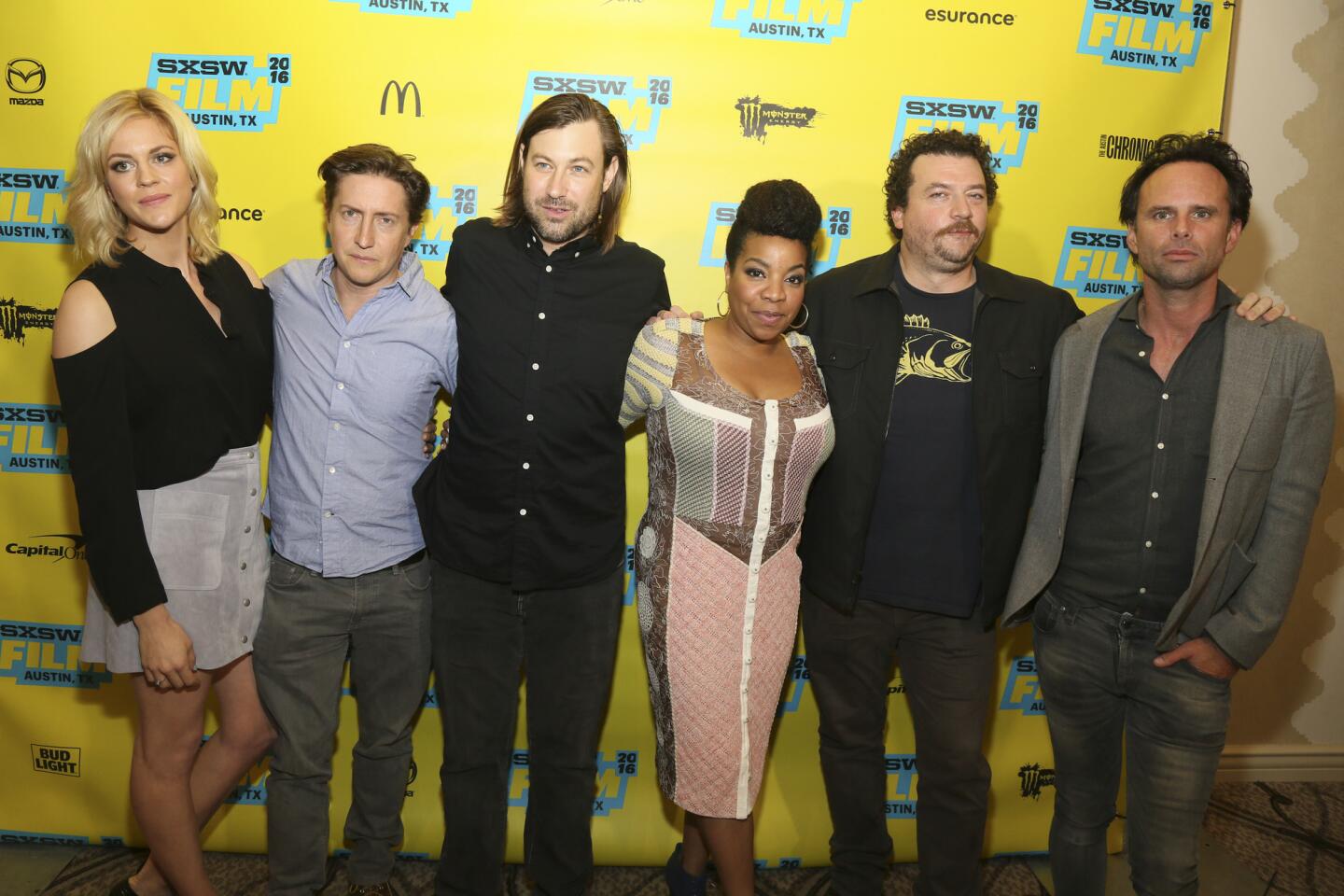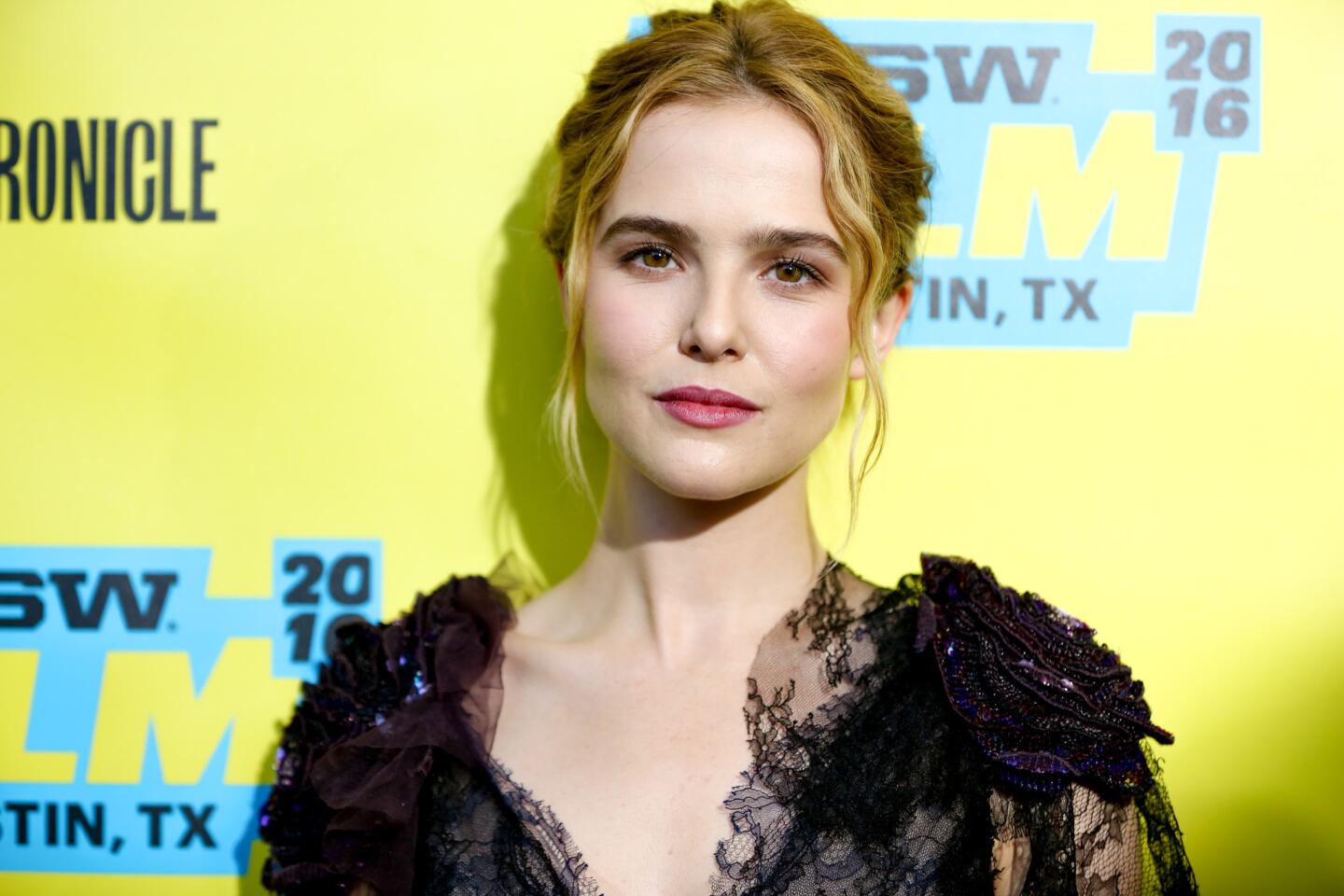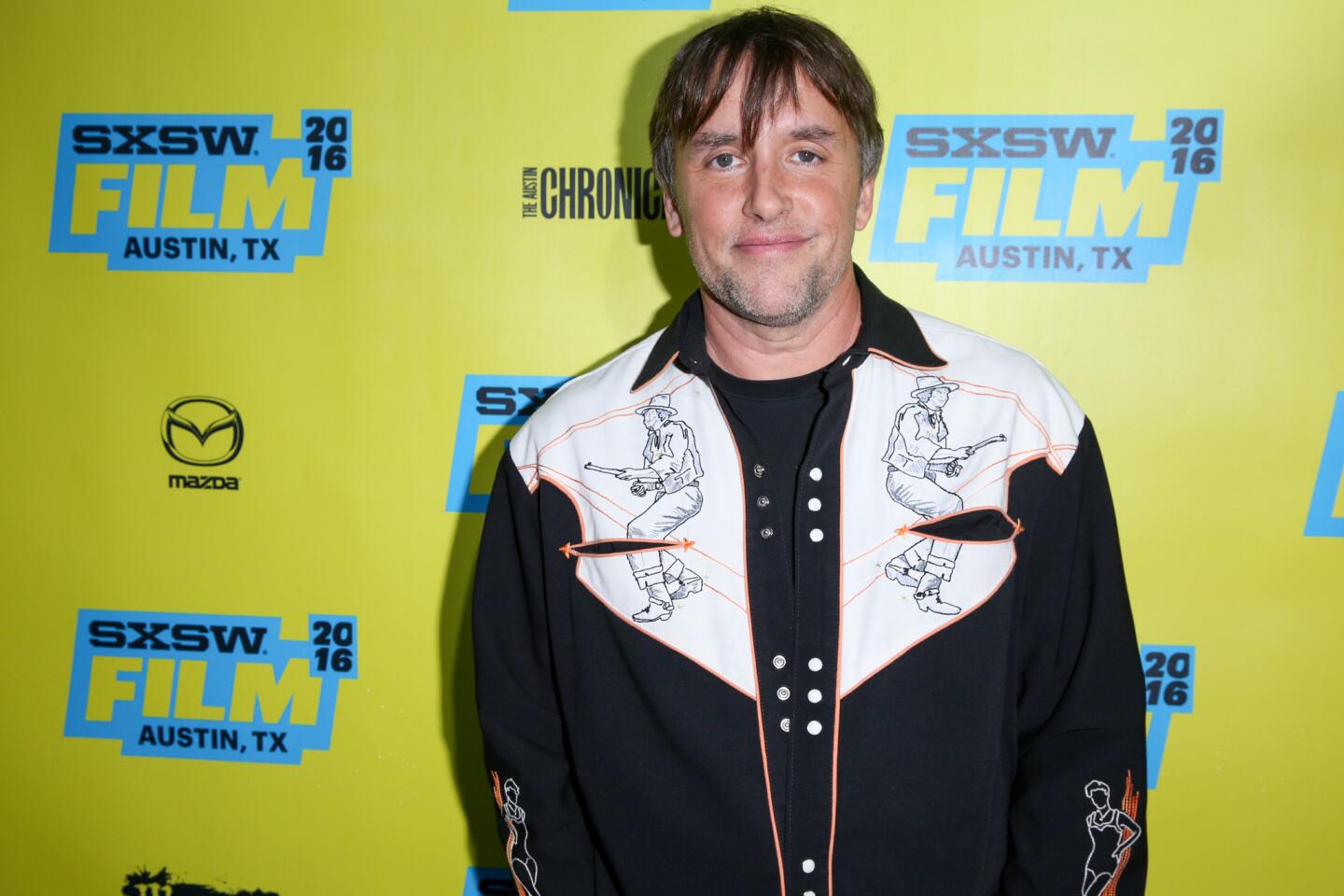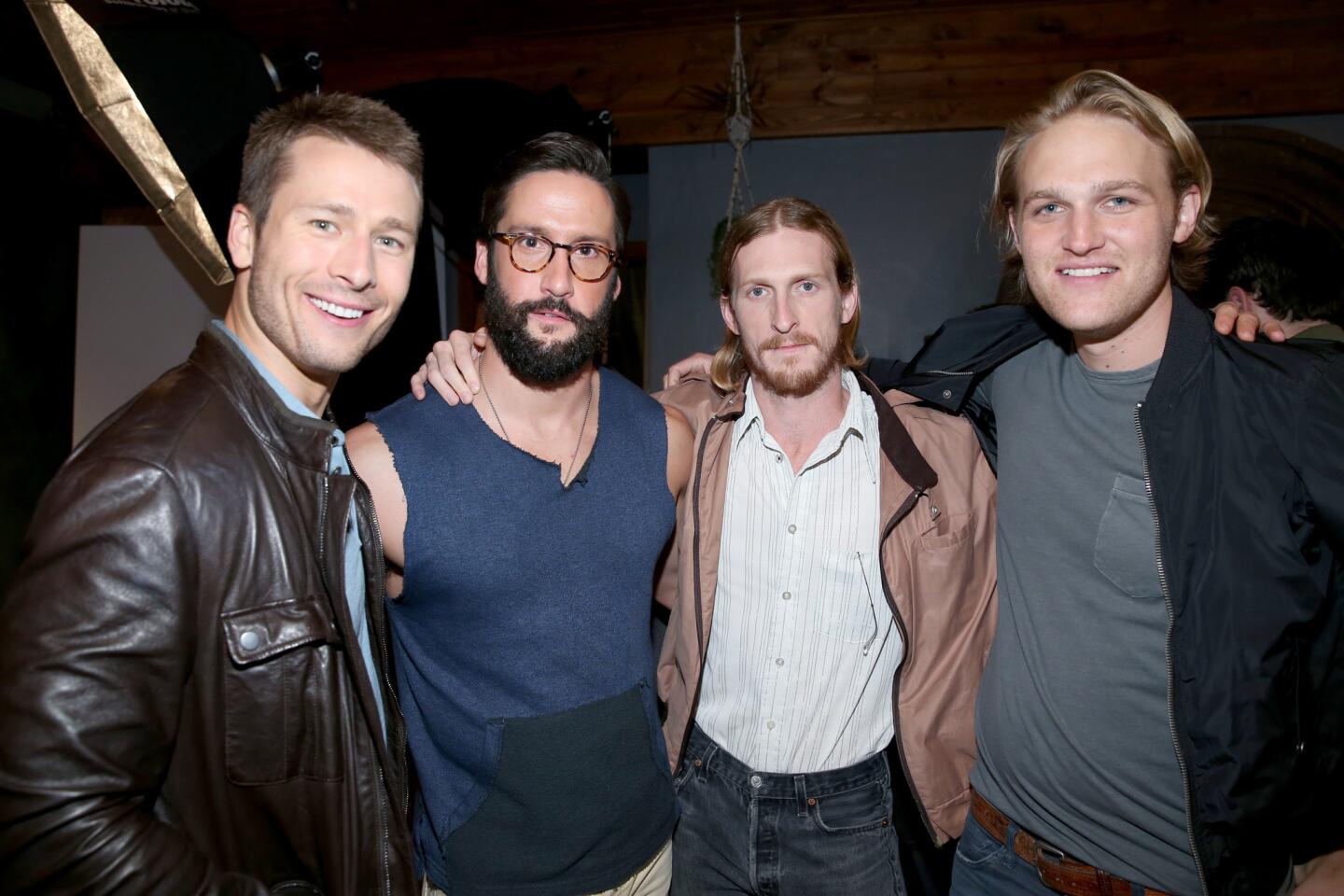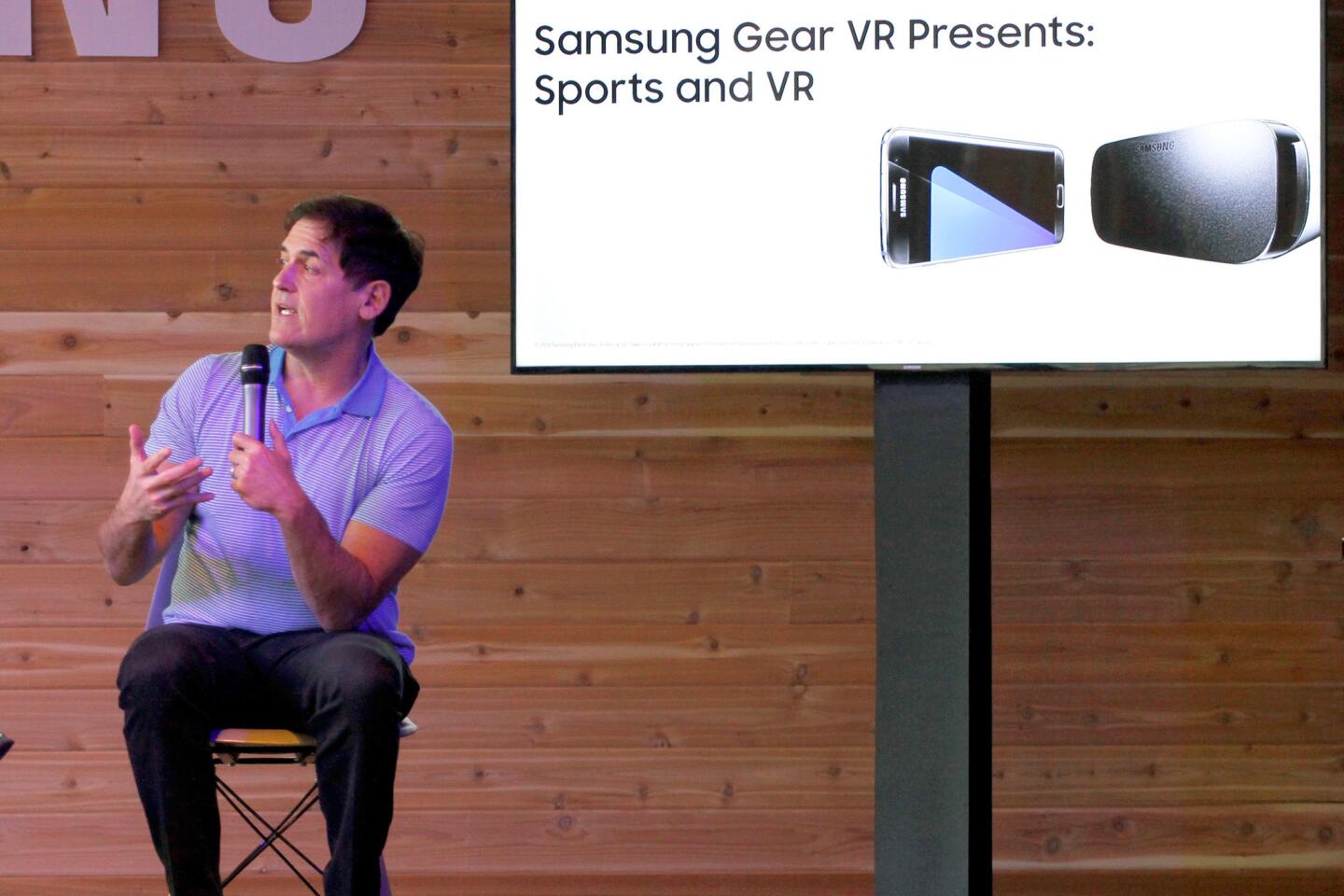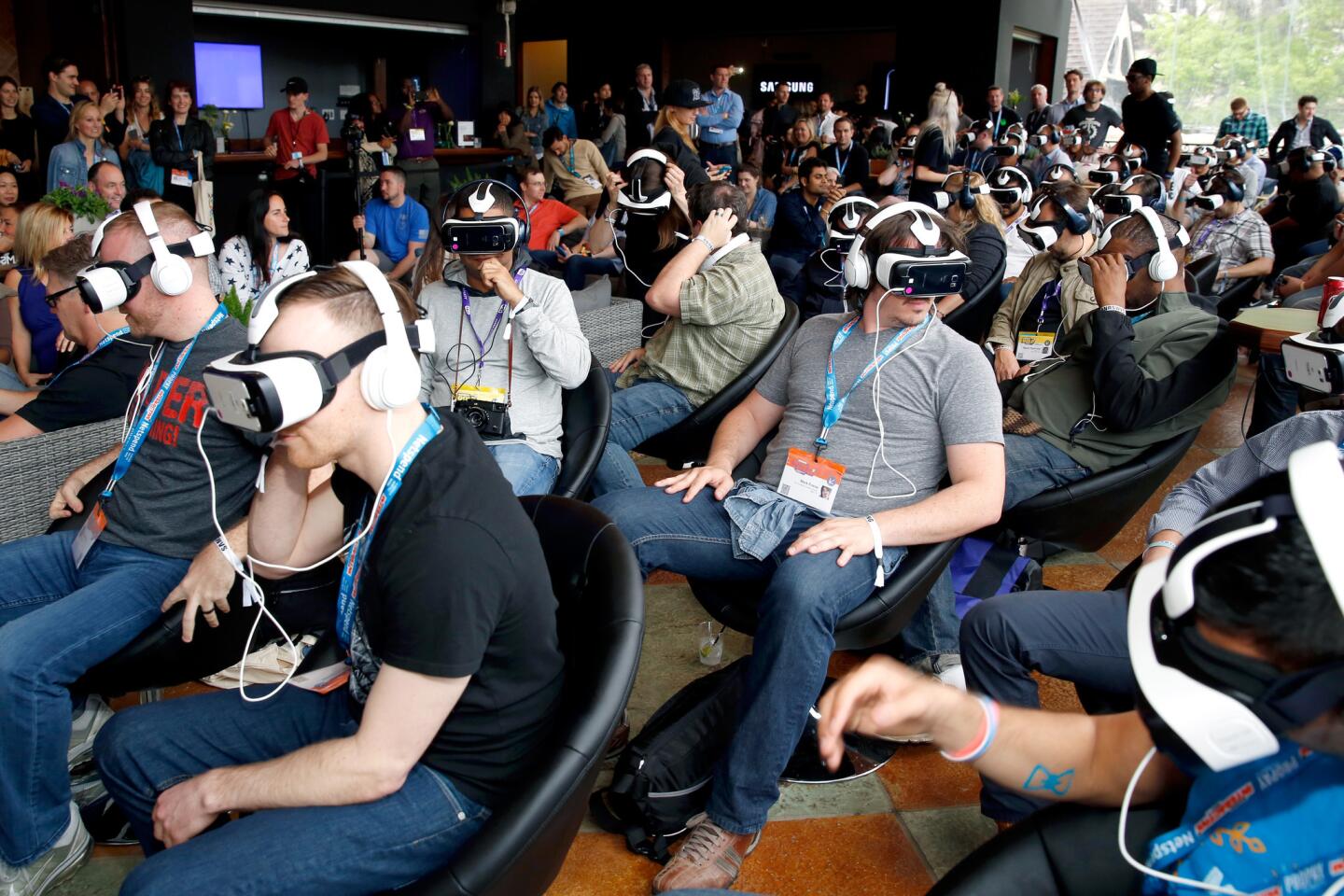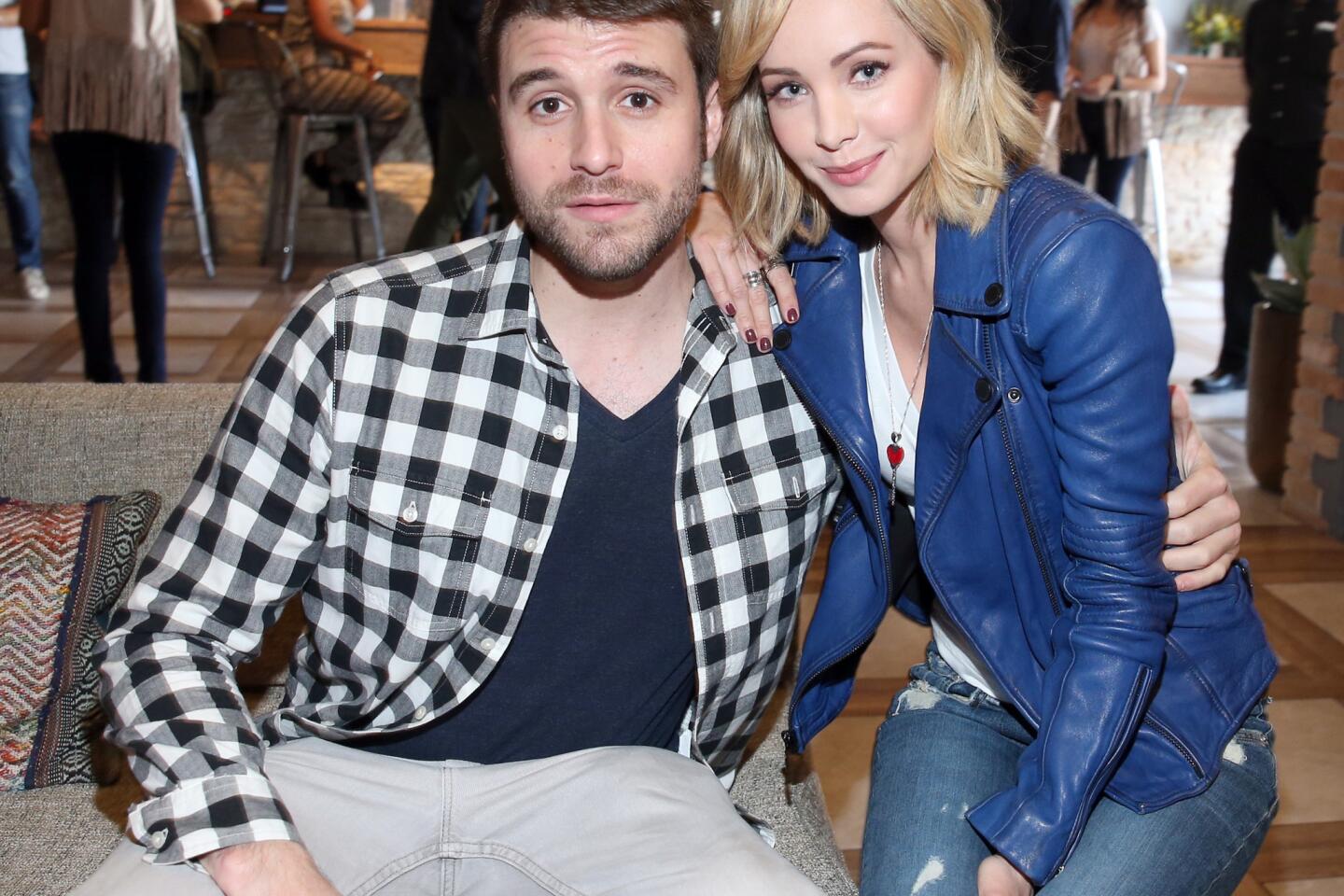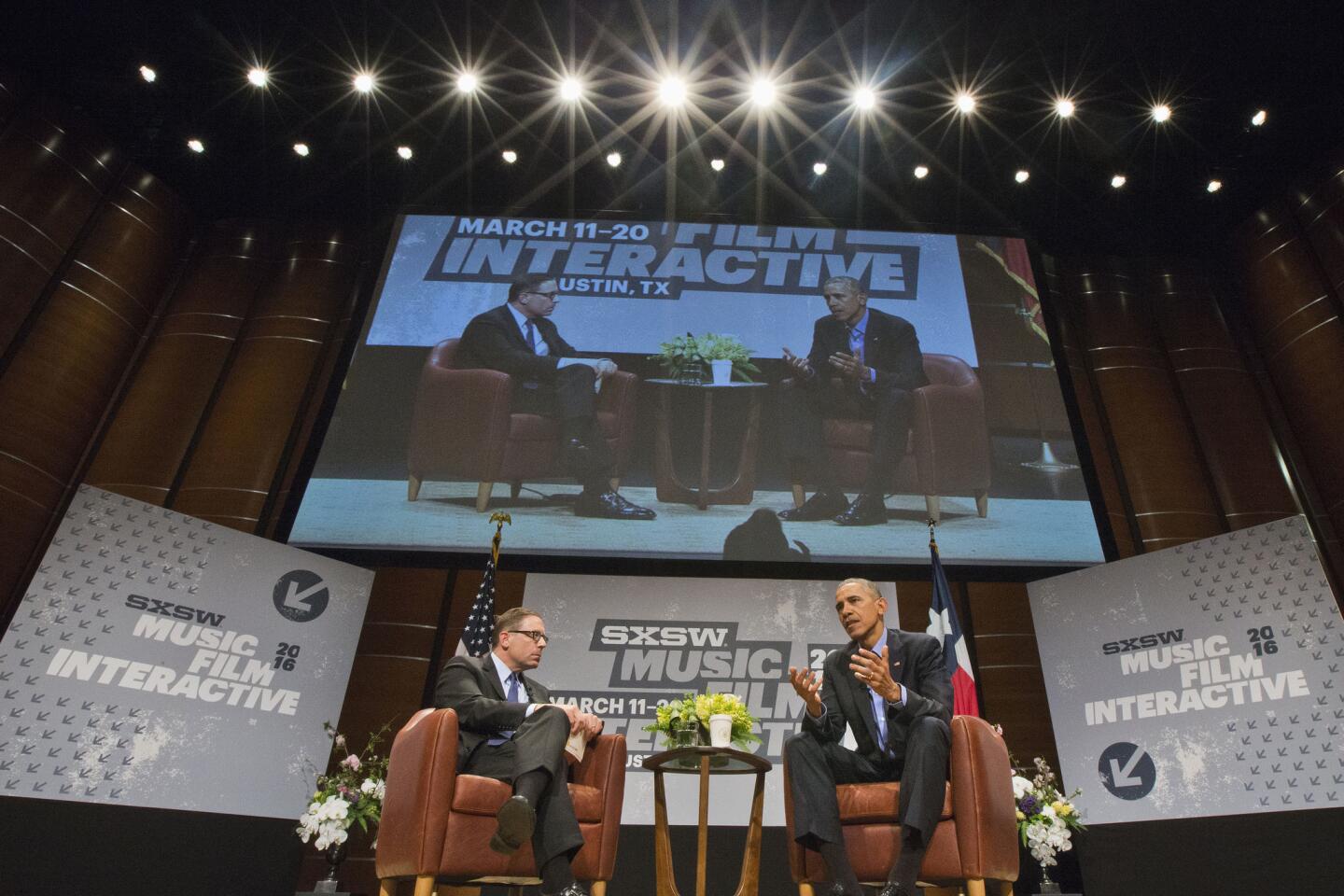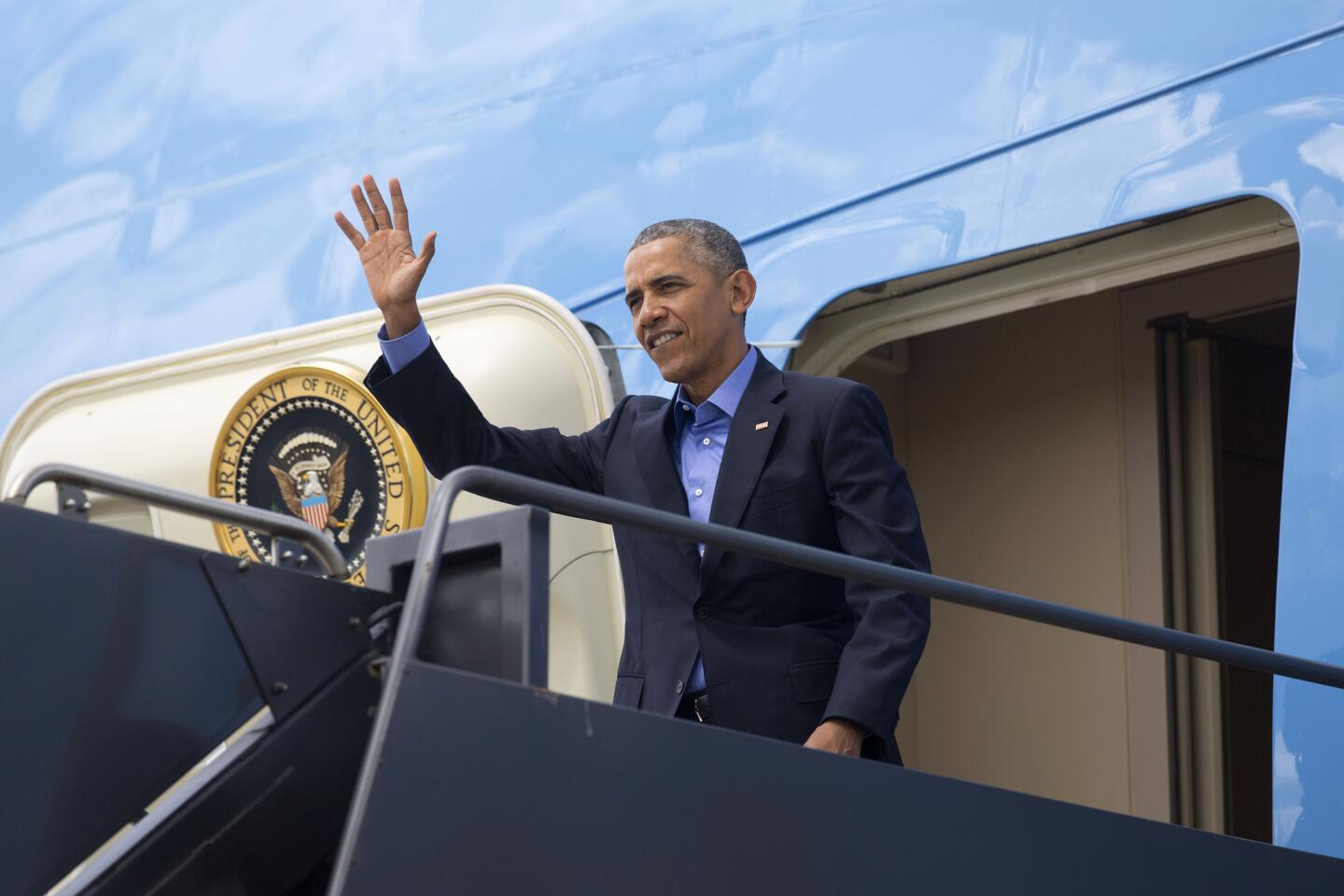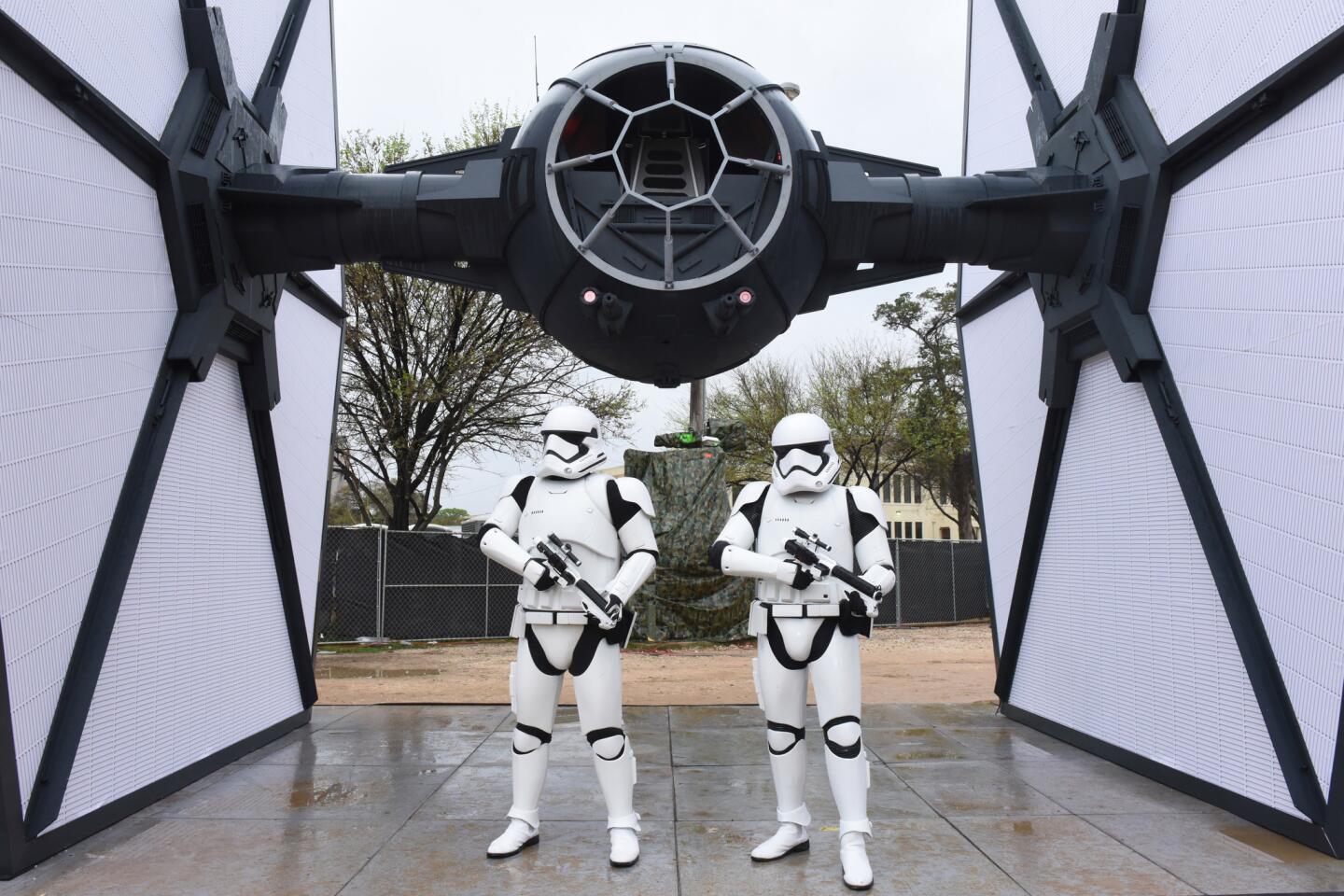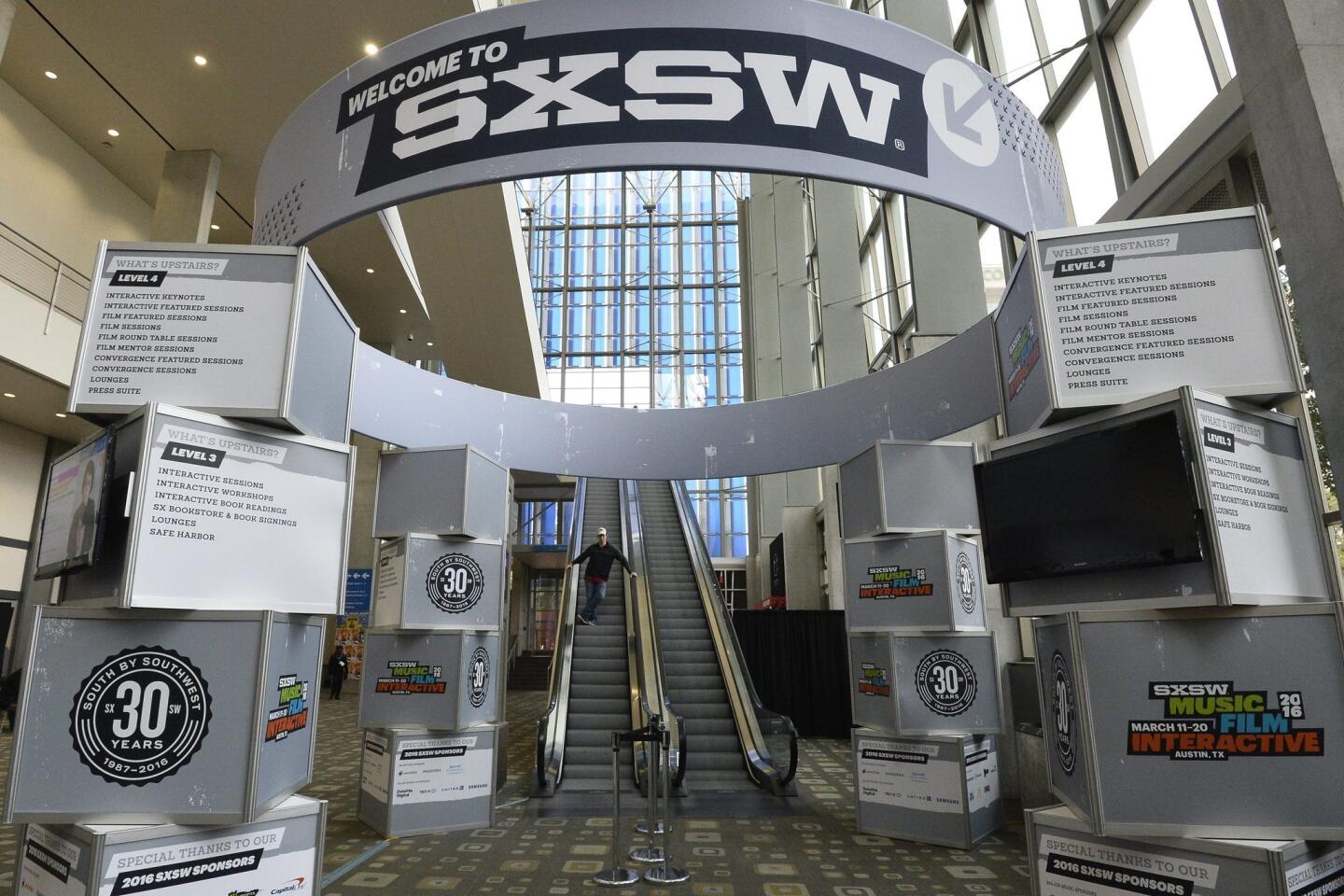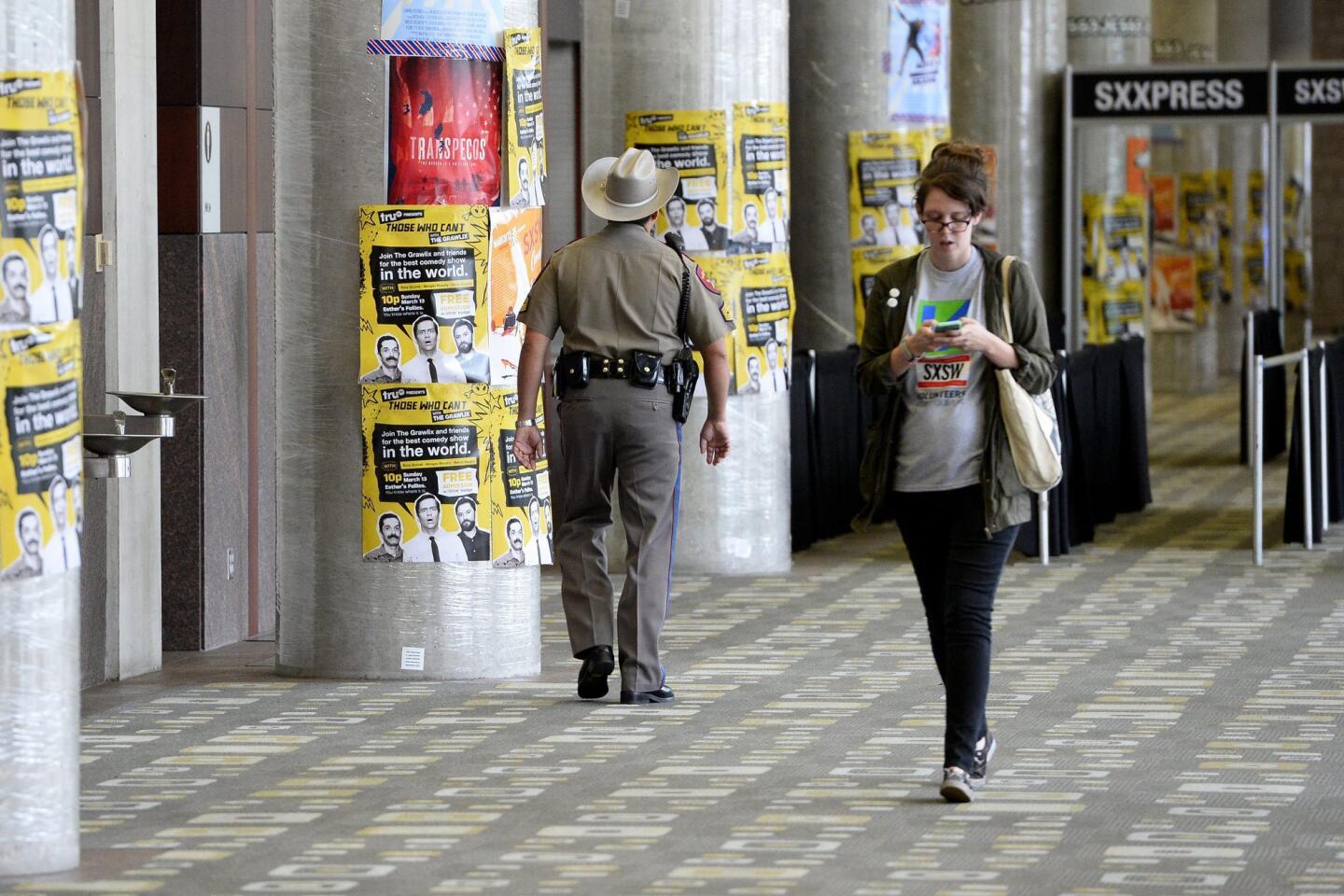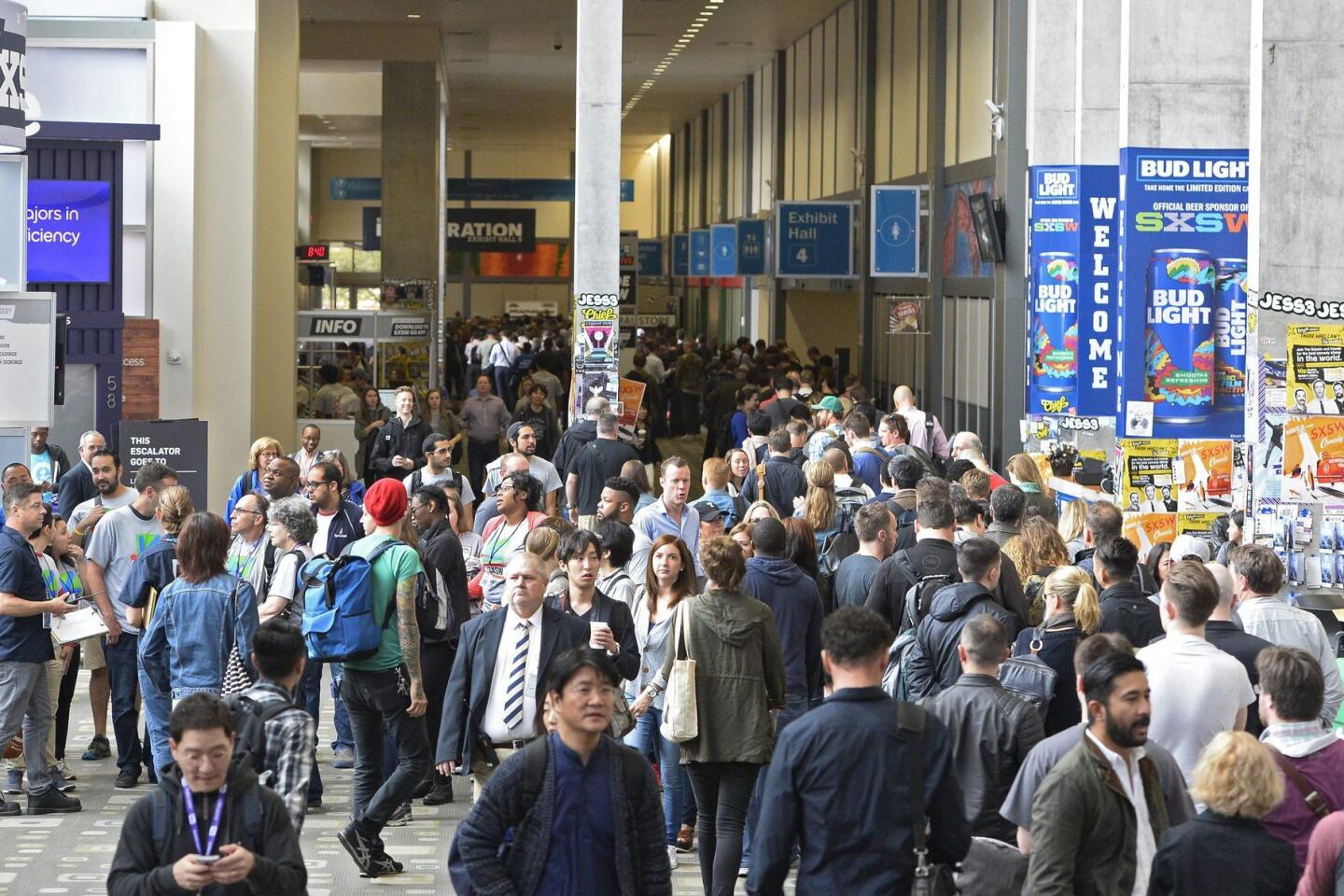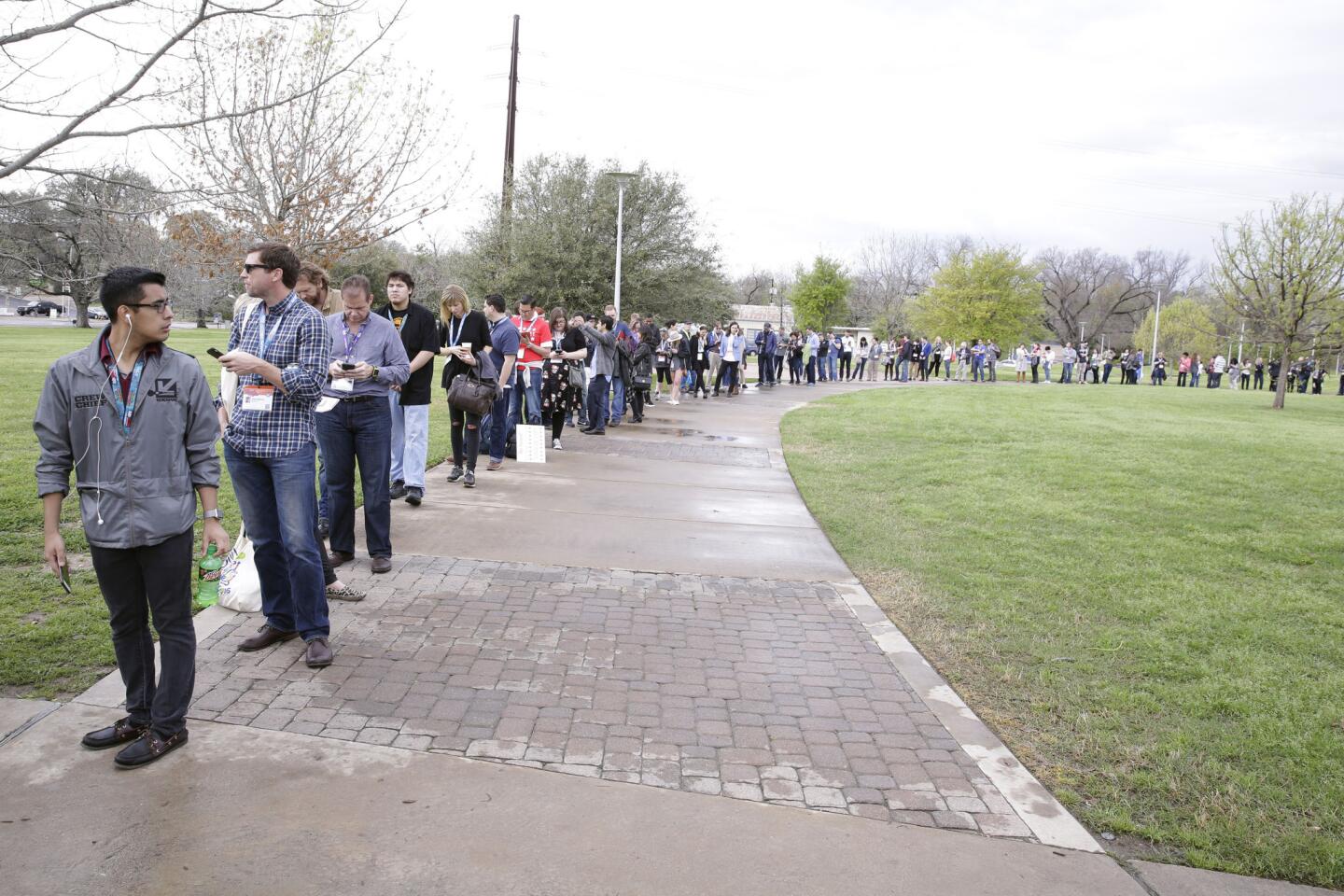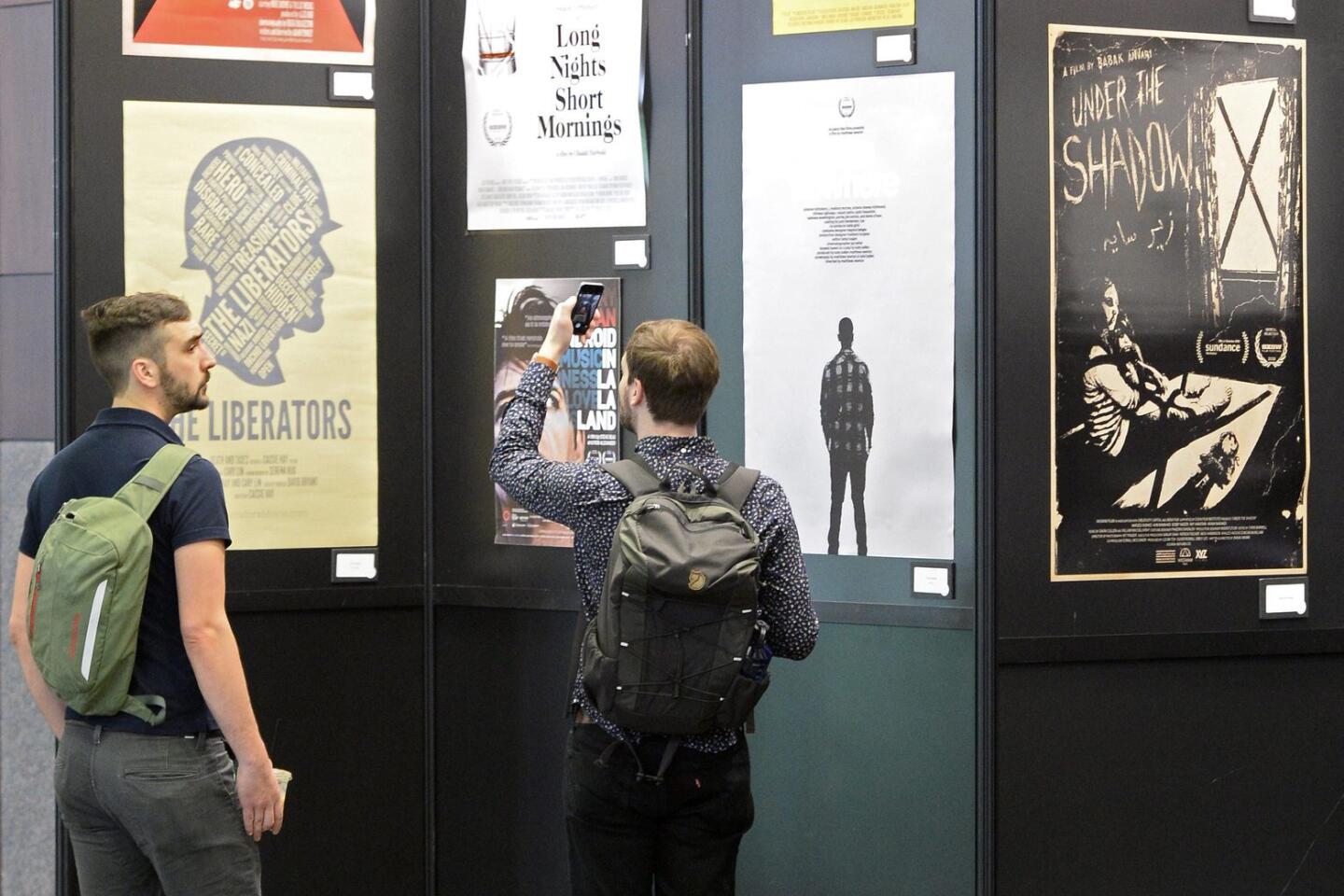Could the highest-profile booking at this year’s South by Southwest music festival also be an indication that the annual event is flailing?
Next week, Michelle Obama will deliver the keynote address at SXSW Music, set to run Tuesday to Sunday in Austin, Texas. There’s no doubt that the first lady was a serious get for the conference, especially compared with 2015’s keynote speaker, rapper Snoop Dogg, whose presentation took the form of a low-impact chat with his manager.
FULL COVERAGE: SXSW 2016
Obama, in contrast, is expected to discuss the Let Girls Learn initiative, which according to the White House seeks to “help adolescent girls around the globe attend and complete school.”
No argument here with the value of that endeavor — nor with the need to promote it. But how exactly does SXSW Music, with its unruly mix of concerts, parties and panel discussions, offer “the perfect platform to celebrate Women’s History Month,” as the festival trumpets on its website?
Obama’s shoehorned appearance is just the latest sign of an identity crisis for SXSW Music as the once-powerful confab is increasingly overshadowed by its counterparts devoted to film and technology. (Tellingly, President Obama will take part in a keynote conversation Friday at SXSW Interactive, which in recent years has been credited with helping to launch Twitter.)
The festival was founded in 1987 as a kind of trade show for regional talent, where developing bands from around Austin would perform in the hopes of landing a record deal or impressing a booking agent. Over the years, the Internet — and the ease with which it allows anyone to discover new music — chipped away at SXSW’s usefulness as an incubator.
So instead it began attracting established stars eager to hype new projects before a concentrated audience of tastemakers and gatekeepers. I recall one evening a few years back when Prince was playing a small club at the same time that Justin Timberlake was playing an even smaller one.
You can imagine how many struggling acts went unheard that night.
As the A-listers flocked to Austin, corporate brands like Citi and Apple followed. Concerts became opportunities to roll out new consumer products; in turn, rolling out new consumer products provided reason to put on ever-splashier concerts.
To this day, I don’t know what Samsung Milk Music is. But I know it was responsible for bankrolling a thrilling gig by Jay Z and Kanye West at the Austin Music Hall in 2014.
That year’s festival — which also included a highly publicized Lady Gaga show in which she was vomited on by another performer, courtesy of Doritos — is sure to be remembered as the climax of SXSW’s romance with sponsored content.
That was also the year when four people were killed after a drunk driver fleeing from police plowed into a crowd gathered on Austin’s busy Red River Street — a tragedy some took as proof that the festival had become dangerously unmanageable.
The effect was easy to see at SXSW 2015, which felt like a retrenchment in many ways, with fewer superstar acts and a lower corporate profile. But if last year’s festival seemed reoriented around emerging artists, its still-massive scale made it hard for many of the approximately 2,000 performers to gain any kind of traction.
Which led you to wonder about the point of the thing. In recent years, SXSW’s film and interactive portions have become crucial destinations for those industries, attracting heavyweights and upstarts alike with a real sense of occasion and possibility.
When the filmmakers behind “Furious 7” brought their movie to SXSW Film last year for a surprise screening — one that triggered tears from fans of the mega-franchise’s late star, Paul Walker — the mix of glitz and grime produced the kind of charge that used to be encountered regularly during the music festival.
Similarly, controversy this year over how SXSW Interactive should handle the tech-ethics battle known as Gamergate speaks to the festival’s importance as a forum for hashing out complicated ideas.
As we head into SXSW Music, sparks like those appear in short supply. Sure, promising young acts will perform over the festival’s six-day run, from the young Australian electro-pop singer Troye Sivan to Anderson .Paak, an L.A.-based singer and rapper with a kaleidoscopic vision of his hometown’s musical history.
And it’s clear that some brands still believe in SXSW, as I was reminded by one email from a PR person asking if I might have time to visit — deep breath here — the Jam in the Van GQ Artist House Hosted by Hormel Taco Meats.
But overall the anticipation for this year’s festival feels as low as I can ever remember it. Ditto the expectation that SXSW Music will, y’know, accomplish anything at a moment when its ambitions seem damagingly diffuse.
Does the festival want to elevate worthy new talent? Provide corporations with a captive audience? Celebrate Women’s History Month?
I suppose SXSW wants to do all three. We’ll see in a week and a half what stuck.
1/72
Kelly Rowland speaks during her “Chasing Destiny” SXSW interview at the Austin Convention Center on March 19.
(Vivien Killilea / Getty Images for BET) 2/72
DJ Steve Aoki poses with a fan at the Pandora Discovery Den on March 19.
(Rachel Murray / Getty Images for Pandora) 3/72
The Roots brought their legendary Jam Sessions to the festival for the first time during an exclusive performance at the Bud Light Factory on March 19.
(Rick Kern / Getty Images for Bud Light) 4/72
Rapper Tory Lanez performs at the Pandora Discovery Den on March 18.
(Rachel Murray / Getty Images for Pandora) 5/72
Actor Paul Reubens answers questions at the premiere of “Pee-wee’s Big Holiday” at the Paramount Theatre on March 17.
(Mike Windle / Getty Images for SXSW) 6/72
Actors Joe Manganiello and Sofia Vergara attend the premiere of “Pee-wee’s Big Holiday” at the Paramount Theatre on March 17.
(Mike Windle / Getty Images for SXSW) 7/72
Wynonna Judd, center, with her band the Big Noise attend the Pandora Discovery Den on March 17.
(Rachel Murray / Getty Images for Pandora) 8/72
DNCE perform at Music Is Universal Styld.by Gap presented by Marriott Rewards and Universal Music Group at the JW Marriott Austin on March 17.
(Christopher Polk / Getty Images for Universal Music) 9/72
Rae Sremmurd take the stage at the Bud Light Factory during the Interscope Showcase on March 17.
(Rick Kern / Getty Images for Bud Light) 10/72
Har Mar Superstar performs on a table at the McDonald’s Loft on March 17.
(Jay Janner / Associated Press) 11/72
The Cactus Blossoms perform onstage during the Pandora Discovery Den on March 17.
(Rachel Murray / Getty Images for Pandora) 12/72
Iggy Pop performs at ACL Live the Moody Theater on March 16.
(Rich Fury / Invision/Associated Press) 13/72
Chvrches’ Lauren Mayberry performs at the MTV Woodies/10 for ’16 taping on March 16.
(Jack Plunkett / Invision/Associated Press) 14/72
Anderson.Paak performs at the MTV Woodies/10 for ’16 taping on March 16.
(Jack Plunkett / Invision/Associated Press) 15/72
Ryan Adams performs at Music Is Universal on March 16.
(Christopher Polk / Getty Images) 16/72
John Legend headlines the AXE Collective + Crew on March 17.
(Rick Kern / Getty Images for AXE) 17/72
Musicians Thao Nguyen, center, and the Avett Brothers attend a screening of “A Song For You: The Austin City Limits Story” on March 17.
(Mike Windle / Getty Images for SXSW) 18/72
Actor-director Don Cheadle attends the screening of “Miles Ahead” on March 16,
(Mike Windle / Getty Images for SXSW) 19/72
First Lady Michelle Obama speaks at the South by Southwest festival on March 16.
(Neilson Barnard / Getty Images for SXSW) 20/72
Big Boi performs at South by Southwest Interactive’s closing party at Stubb’s on March 15.
(Jack Plunkett / Invision / Associated Press) 21/72
Actor Don Cheadle poses in the Samsung Studio at the South by Southwest festival on March 15.
(Jonathan Leibson / Getty Images for Samsung) 22/72
Aluna Francis of AlunaGeorge performs at Spotify House during the South by Southwest festival on March 15.
(Anna Webber / Getty Images for Spotify) 23/72
From left, recording artists Sleepy Brown, Ray Murray and Rico Wade of Organized Noize attend a screening of “The Art of Organized Noize” at the Paramount Theatre during the South by Southwest festival on March 15.
(Mike Windle / Getty Images for SXSW) 24/72
Texas meets Hollywood near the Paramount Theatre as the South by Southwest festival kicks off in Austin, Texas.
(Larry W. Smith / EPA) 25/72
A general view of “The Powerpuff Girls” parade and screening at SXSW on March 14.
(Robin Marchant / Getty Images for Cartoon Network) 26/72
Seth Rogen, left, and Evan Goldberg answer questions at the premiere of the work-in-progress “Sausage Party” at the Paramount Theatre on March 14.
(Mike Windle / Getty Images for SXSW) 27/72
Actor Greg Poehler, from left, actress Rachel Blanchard, “You Me Her” creator John Scott Shepherd and actresses Priscilla Faia and Melanie Papalia attend the SXSW premiere of AT&T’s Audience Network’s “You Me Her” on March 15.
(Vivien Killilea / Getty Images for DIRECTV/AT&T) 28/72
Actors Melanie Papalia, from left, Priscilla Faia and Greg Poehler attend a brunch celebrating the premiere of AT&T’s Audience Network’s “You Me Her” on March 15.
(Vivien Killilea / Getty Images for DIRECTV/AT&T) 29/72
Bella Thorne, a “Shovel Buddies” cast member, attends the movie’s South by Southwest screening on Monday.
(Neilson Barnard / Getty Images for SXSW) 30/72
Motivational speaker Tony Robbins attends the screening of the documentary “Tony Robbins: I Am Not Your Guru” on Monday.
(Mike Windle / Getty Images for SXSW) 31/72
Andrew Jarecki, director of the documentary “The Jinx: The Life and Deaths of Robert Durst,” speaks at SXSW on Monday.
(Rich Fury / Invision / AP) 32/72
Actor Craig Robinson, at SXSW with the movie “Morris From America,” poses for photos in the Samsung Studio on Monday.
(Jonathan Leibson / Getty Images for Samsung) 33/72
Comedian Hannibal Buress serves as host at the Spotify House on Monday.
(Anna Webber / Getty Images for Spotify) 34/72
Rapper Tory Lanez performs at the Spotify House on Monday.
(Anna Webber / Getty Images for Spotify) 35/72
Actors Dominic Cooper, from left, Ruth Negga and Joseph Gilgun attend the screening of “Preacher” at the Paramount Theatre in Austin, Texas on Monday during the South By Southwest festival.
(Mike Windle / Getty Images for SXSW) 36/72
Directors Evan Goldberg, left, and Seth Rogen attend the screening of “Preacher” at Paramount Theatre during SXSW on Monday.
(Mike Windle / Getty Images for SXSW) 37/72
Director J.J. Abrams speaks after the screening of “Secrets of the Force Awakens: A Cinematic Journey” at the Paramount Theatre during SXSW on Monday.
(Mike Windle / Getty Images for SXSW) 38/72
R2-D2 attends the screening of “Secrets of The Force Awakens: A Cinematic Journey” at the Paramount Theatre during SXSW.
(Mike Windle / Getty Images for SXSW) 39/72
Sia performs at Samsung Galaxy Life Fest at SXSW on March 13.
(Rick Kern / Getty Images for Samsung) 40/72
Sia, background, and dancers perform at Samsung Galaxy Life Fest.
(Rick Kern / Getty Images for Samsung) 41/72
Willie Nelson performs at the Spotify House during SXSW on March 13.
(Anna Webber / Getty Images for Spotify) 42/72
James Caan attends a screening of his new film “The Waiting” at the Paramount Theatre on March 13.
(Jack Plunkett / Invision/Associated Press) 43/72
Andrei Dementiev, wearing the GoPro camera setup, attends a screening of “Hardcore Henry” at the Paramount Theatre on March 13.
(Jack Plunkett / Invision/Associated Press) 44/72
Singer Elle King performs onstage at Samsung Galaxy Life Fest at SXSW on March 13.
(Jonathan Leibson / Getty Images for Samsung) 45/72
Actor Johnny Galecki experiences Samsung Gear VR at the Samsung Studio at SXSW.
(Jonathan Leibson / Getty Images for Samsung) 46/72
Actresses Kate Micucci, left, Alia Shawkat and Gillian Jacobs at the Samsung Studio on March 13.
(Jonathan Leibson / Getty Images for Samsung) 47/72
Director Mike Birbiglia attends a screening of “Don’t Think Twice” at the Paramount Theatre on March 13.
(Mike Windle / Getty Images for SXSW) 48/72
“Scandal” actress Kerry Washington speaks during South by Southwest at the Austin Convention Center.
(Rich Fury / Invision / Associated Press) 49/72
“Mr. Robot” actor Rami Malek speaks during South by Southwest.
(Rich Fury / Invision / Associated Press) 50/72
“Mr. Robot” actor Christian Slater speaks during South by Southwest.
(Rich Fury / Invision / Associated Press) 51/72
Anthony Bourdain speaks during South by Southwest at the Austin Convention Center.
(Rich Fury / Invision / Associated Press) 52/72
Jake Gyllenhaal, left, Jean-Marc Vallée and Bryan Sipe arrive at the screening of “Demolition” during South by Southwest at the Paramount Theatre.
(Rich Fury / Invision / Associated Press) 53/72
Actor Alexander Skarsgård, left, director John Michael McDonagh and actor Michael Peña at a screening of their new movie “War on Everyone” during the South by Southwest Film Festival.
(Jack Plunkett / Invision / Associated Press) 54/72
Actors Jordan Peele, left, and Keegan-Michael Key attend the screening of “Keanu” during the 2016 SXSW Music, Film + Interactive Festival in Austin.
(Mike Windle / Getty Images for SXSW) 55/72
Miguel performs as part of the SteelHouse Concert Series during the South by Southwest Interactive Festival.
(Gary Miller/Getty Images for SteelHouse) 56/72
Burt Reynolds sits on a 1977 Pontiac Trans-Am at the world premiere of “The Bandit” during the South by Southwest Film Festival.
(Jack Plunkett / Invision / Associated Press) 57/72
Ellen Page speaks at a panel discussion during South by Southwest.
(Rich Fury / Invision / Associated Press) 58/72
“Vice Principals” Georgia King, left, David Gordon Green, Jody Hill, Kimberly Hebert Gregory, Danny McBride and Walton Goggins gather during the South by Southwest Film Festival.
(Jack Plunkett / Invision / Associated Press) 59/72
Zoey Deutch arrives at the premiere of “Everybody Wants Some” at the Paramount Theatre.
(Rich Fury / Invision/Associated Press) 60/72
Director Richard Linklater at the premiere of “Everybody Wants Some” at the Paramount Theatre.
(Rich Fury / Invision/Associated Press) 61/72
Actors Glen Powell, left, Juston Street, Austin Amelio and Wyatt Russell at the Samsung Studio at SXSW.
(Jonathan Leibson / Getty Images for Samsung) 62/72
Dallas Mavericks wwner Mark Cuban speaks during “Sports and VR,” presented by Gear VR, at the Samsung Studio at SXSW.
(Rick Kern / Getty Images for Samsung) 63/72
Festival goers experience Samsung Gear VR at the Samsung Studio at SXSW.
(Rick Kern / Getty Images for Samsung) 64/72
Actors Nathan Parsons and Ksenia Solo at the Samsung Studio at SXSW.
(Jonathan Leibson / Getty Images for Samsung) 65/72
President Barack Obama, right, talks with Texas Tribune Editor in Chief/CEO Evan Smith at the Center for Performing Arts in Austin as part of the South by Southwest Festival.
(Pablo Martinez Monsivais / AP) 66/72
President Barack Obama waves upon his arrival on Air Force One at Austin Bergstrom International Airport. He’ll speak at SXSW and attend two Democratic National Committee fundraisers.
(Pablo Martinez Monsivais / AP) 67/72
The First Order, from “Star Wars: The Force Awakens,” has landed at SXSW.
(Vivien Killilea / Getty Images for Walt Disney Studios) 68/72
The Austin Convention Center is ready for the public’s arrival on the first day of South by Southwest in Austin, Texas, on Friday.
(Larry W. Smith / EPA) 69/72
A state trooper and a volunteer walk through the hall inside the Austin Convention Center before the public was let in on the first day of the South by Southwest festival.
(Larry W. Smith / EPA) 70/72
People line up inside the Austin Convention Center to register on the first day of SXSW.
(Larry W. Smith / EPA) 71/72
People wait in line to see President Obama participate in a South by Southwest interactive panel on March 11 in Austin, Texas.
(Erich Schlegel / Getty Images) 72/72
Visitors look over movie posters inside the Austin Convention Center at SXSW.
(Larry W. Smith / EPA) Twitter: @mikaelwood
